The Buccaneers hosted their last scheduled primetime matchup of the season on Monday night against the Rams and while some kinks seemed to be worked out from some games as of late, others were on display to the national audience.
It was a back-and-forth battle between two top three defenses – so naturally there was over 650 yards of offense between the two teams. All kidding aside, the Rams came in ready and willing to run the ball, which was shut down immediately by the Bucs' defense – while the Bucs tried to get some big plays going despite facing one of the best defensive fronts in the league and a vastly improved secondary on Los Angeles' side of the ball.
But the Rams still managed to find their groove through the air on very short, quick throws by quarterback Jared Goff. The Bucs, while having some success in the first half, weren't able to capitalize on an improved defensive effort in the second. It just seemed like the two sides of the ball couldn't get on the same page but Los Angeles is a good team – a playoff team – and there are still some good things to take away from Monday night's contest.
And remember, the Bucs are sitting at 7-4. There's no reason to think the sky is falling – especially when looking at some things that remain consistent, like the below.
1. The defense got back to shutting down the run and was able to make effective halftime adjustments again.
Though the first half especially resulted in some success for the Rams' offense, Goff's approach was dictated by the Bucs' defense. They completely shut down the run yet again – allowing just 37 yards on the ground all game. In the passing game, Goff was relegated to short passes pretty much all night.
"I don't think [Jared Goff] attempted one past 10 yards until the second half," said Arians. "Good, short passes and we didn't tackle [Cooper] Kupp very well. We did a very poor job of tackling him and letting him run after the catch. We addressed that at halftime. I thought we were much better in the second half."
The Rams were held to a touchdown and a field goal in the second half and the Bucs' defense pestered Goff a bit more. Pressure didn't seem to get home but Goff has a striking ability to get the ball out quickly – more quick than he ever has before when he's facing the blitz, according to the NFL's Next Gen Stats, actually. Goff has been facing a 25.9% pressure rate going into this season and gets rid of the ball in an average of 2.61 seconds. The offense Head Coach Sean McVay has put around him gives him quick-strike options to aid in that.
"When it comes to the quick game it kind of isolates the rush, from a pass-rush standpoint we just have to be able to get our hands up and bat some balls down, make the tackle when the receiver catches it," said defensive lineman Will Gholston.
That's what the Bucs, or rather, outside linebacker Jason Pierre-Paul, did, too. Not only did Pierre-Paul end up recording two passes defensed, he was also responsible for the Bucs' first interception, which opened the second half. It was his second interception in as many games and one of the two the Bucs had in the game. The two takeaways added to the Bucs' second-ranked total of 19 this season.
Between that and holding the Rams to just three third-down conversions in the second half, the defense helped keep the game close, especially down the stretch.
"Tonight was very inefficient," said quarterback Tom Brady of the offensive performance. "Not a very good job there in the second half. Defense played great, kept coming up with huge stops and getting us the ball back. Offensively, we just couldn't make the plays that were necessary to be efficient. We had plenty of chances, so we've got to get them fixed."
"Super frustrating loss," added Brate. "I thought the defense really stepped up in the second half and gave the offense a bunch of short fields. Just didn't play our best game on offense, really frustrating couldn't sustain a drive, couldn't get first downs in the second half. When your defense is playing like that you feel like you let them down. That's kind of what I think about the second half. Obviously, we need to make some adjustments and try to figure out how to get some first downs and sustain drives."
View photos of Tampa Bay's Week 11 matchup against Los Angeles.
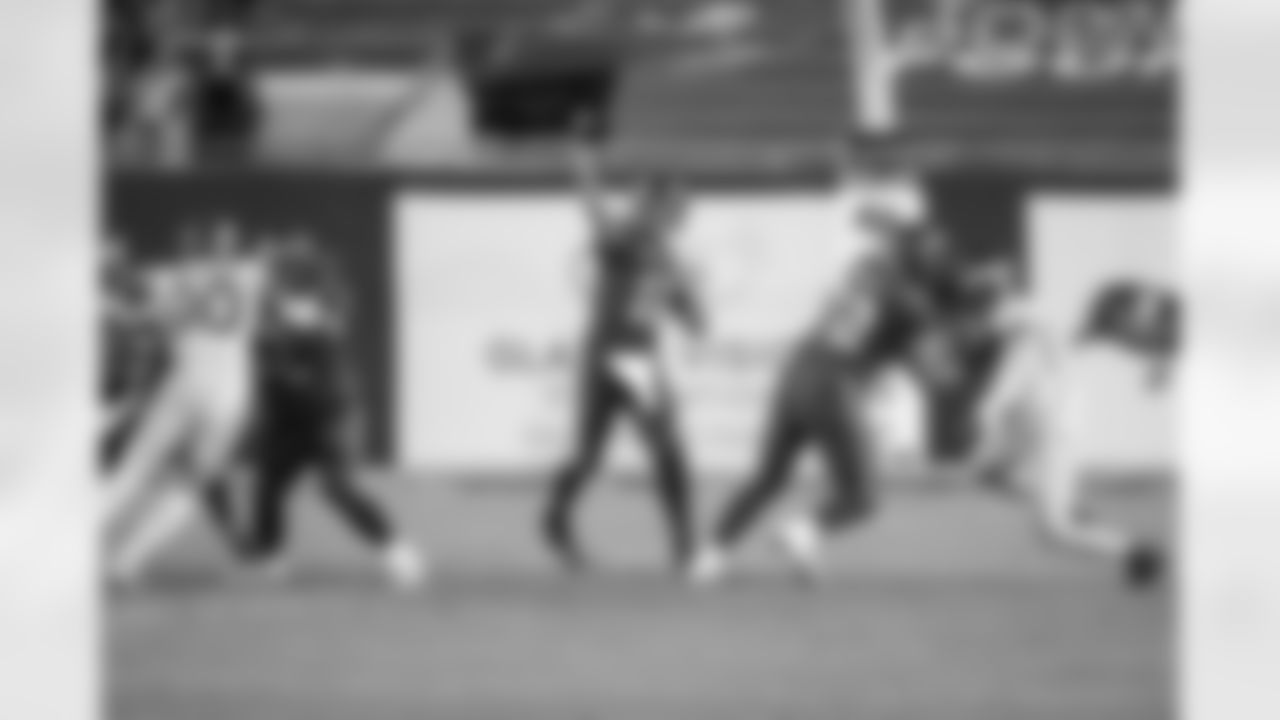
Rams vs. Bucs
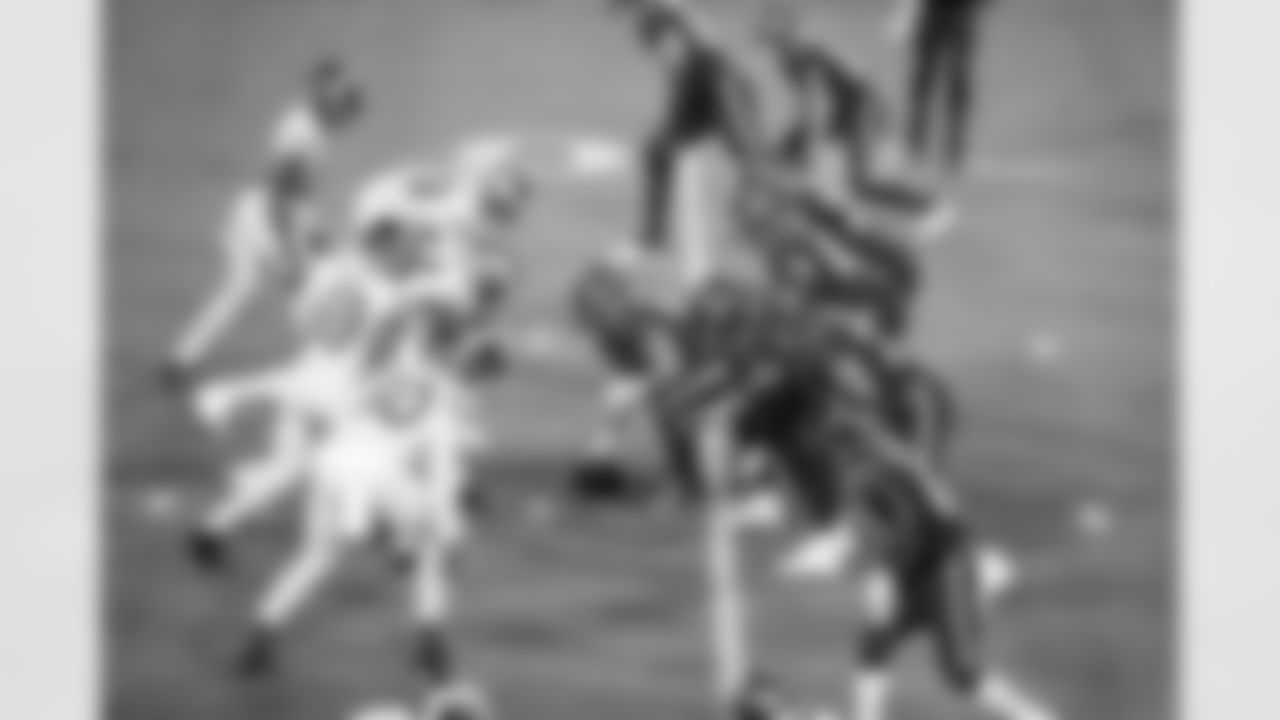
Rams vs. Bucs
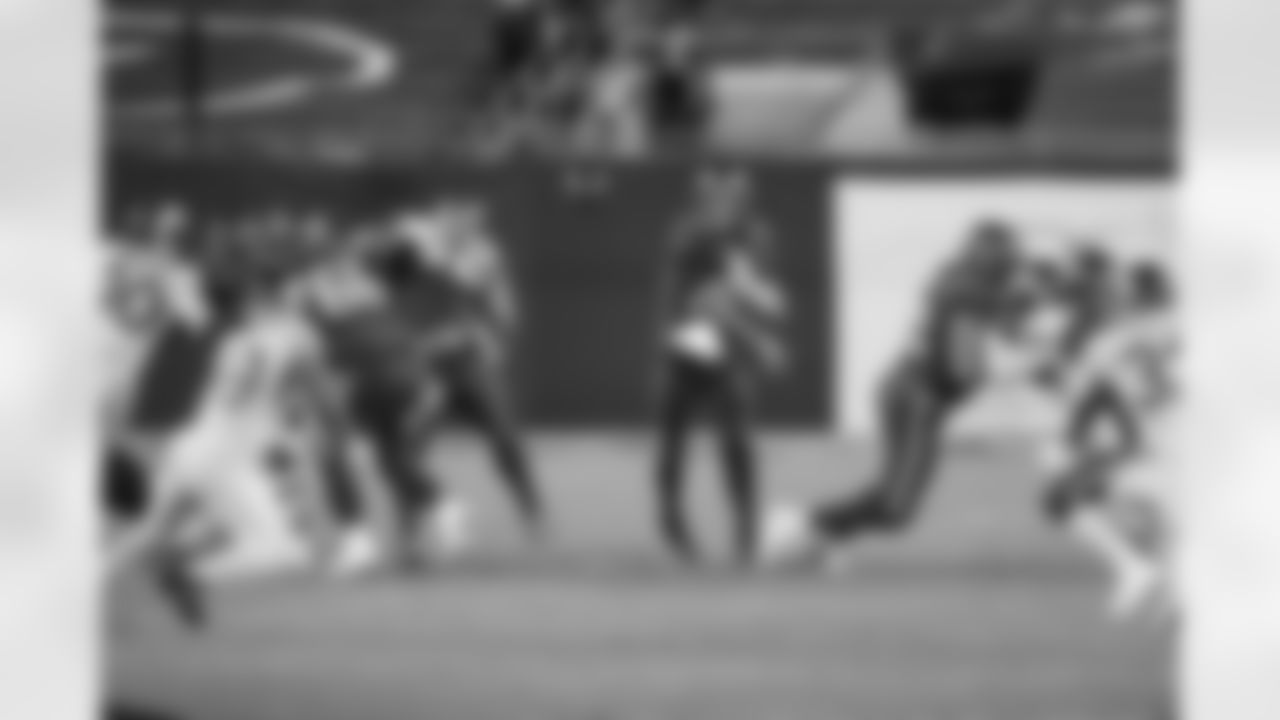
Rams vs. Bucs
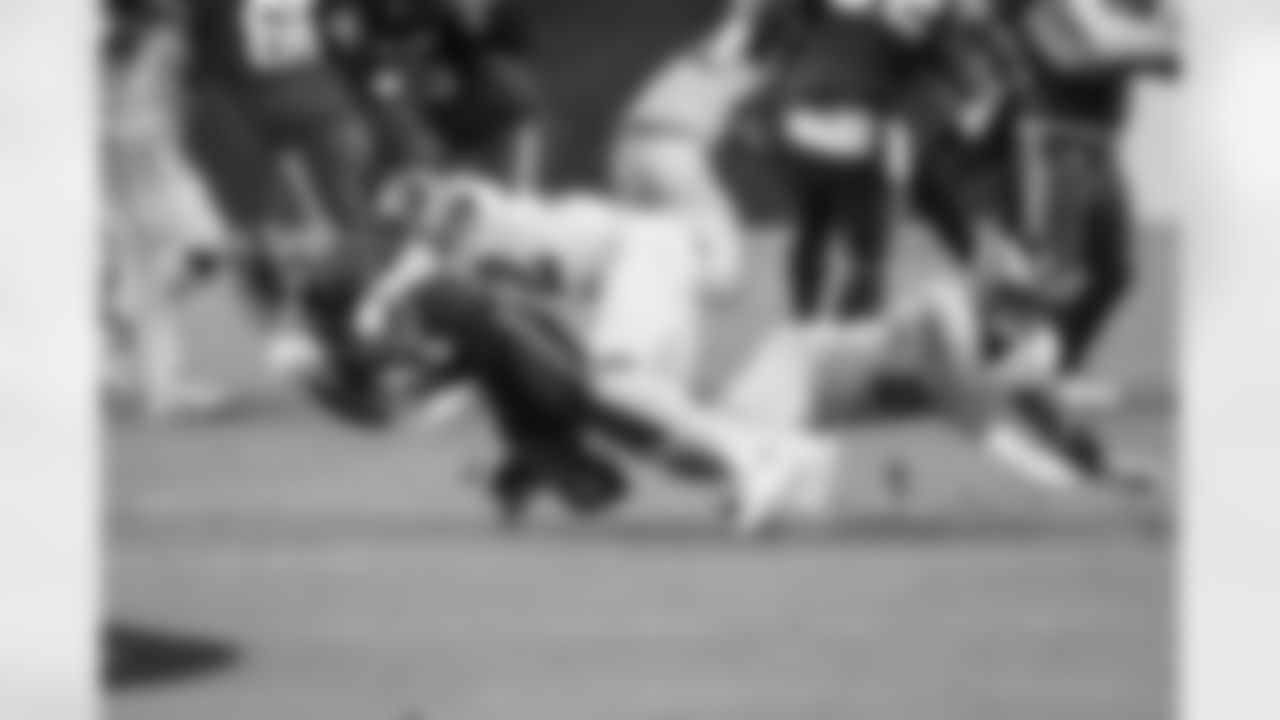
Rams vs. Bucs
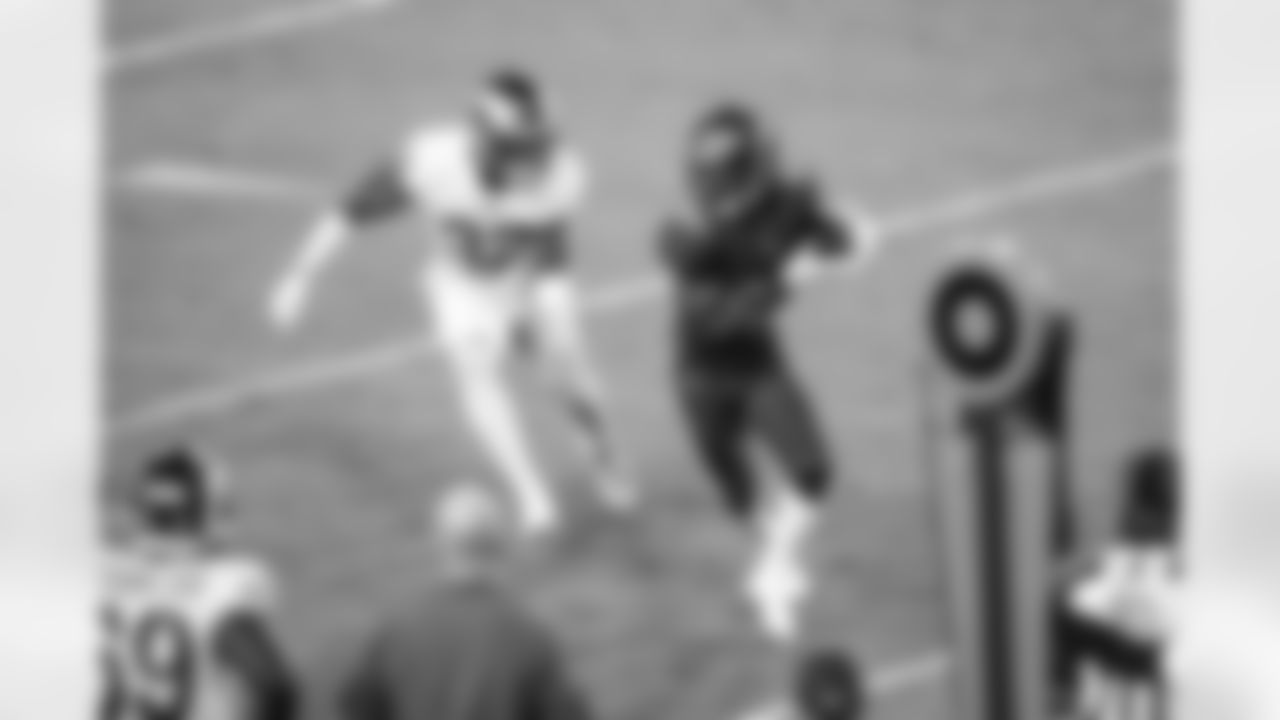
Rams vs. Bucs
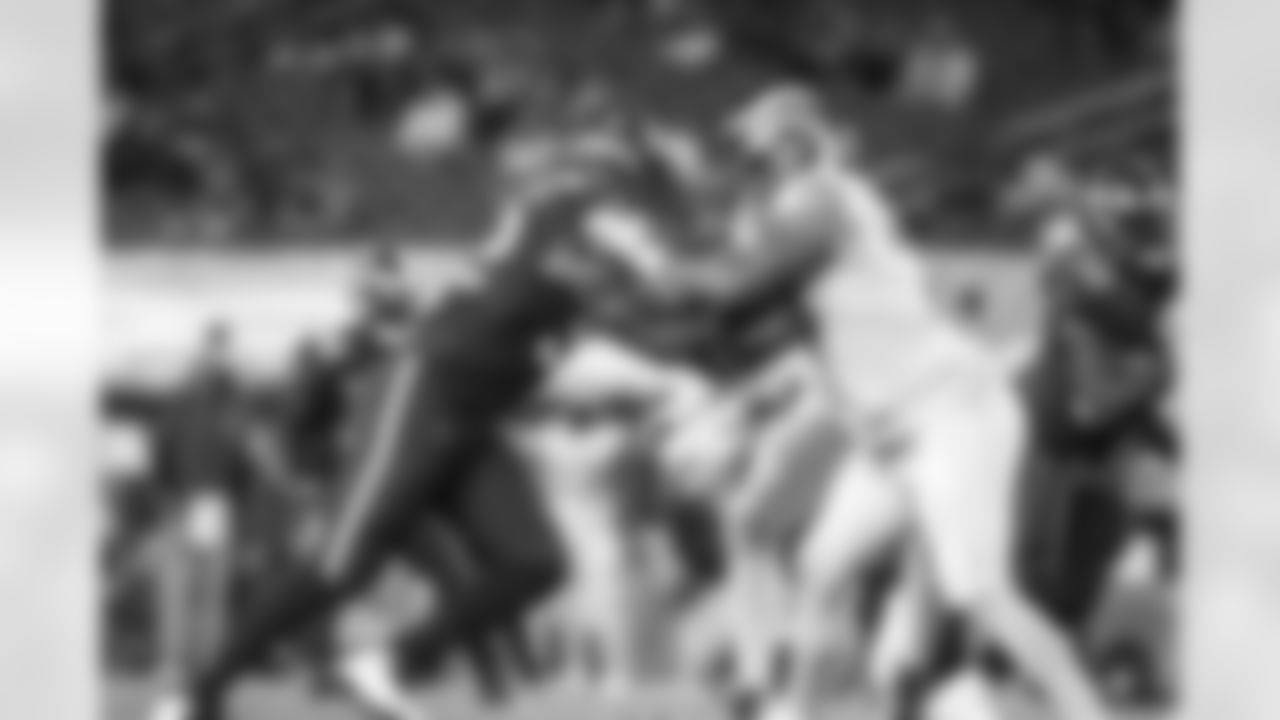
Rams vs. Bucs
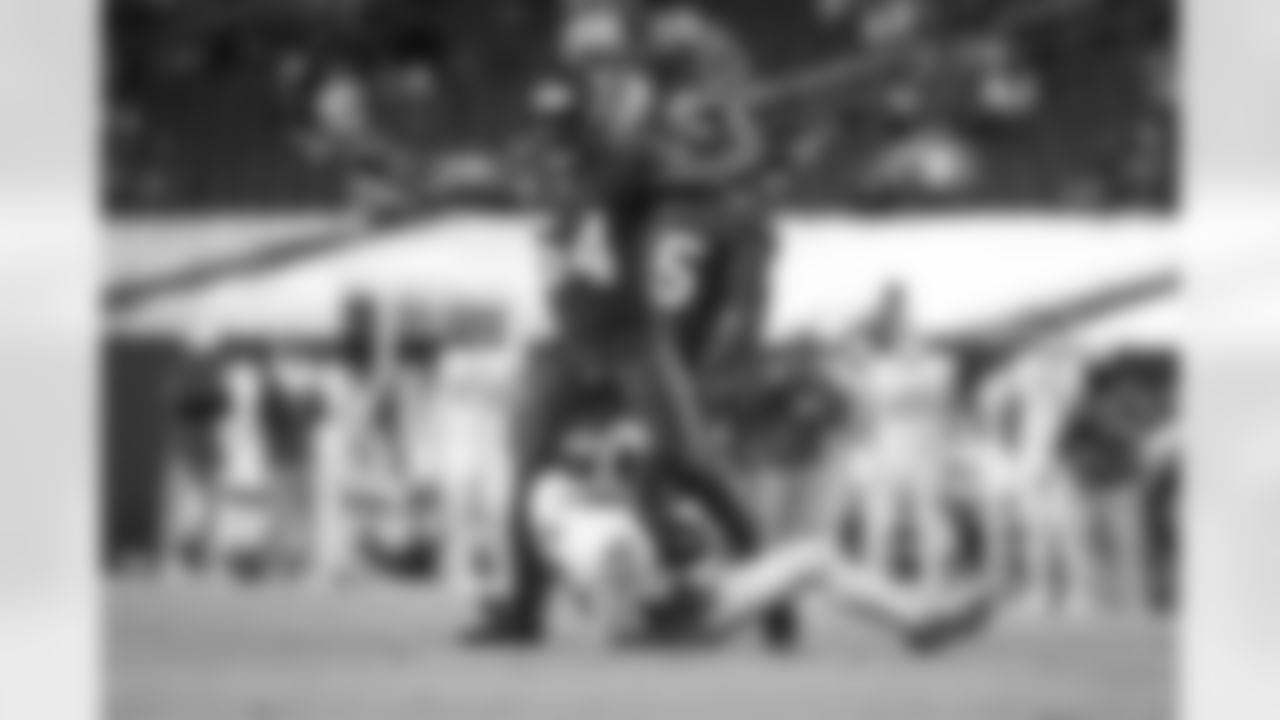
Rams vs. Bucs
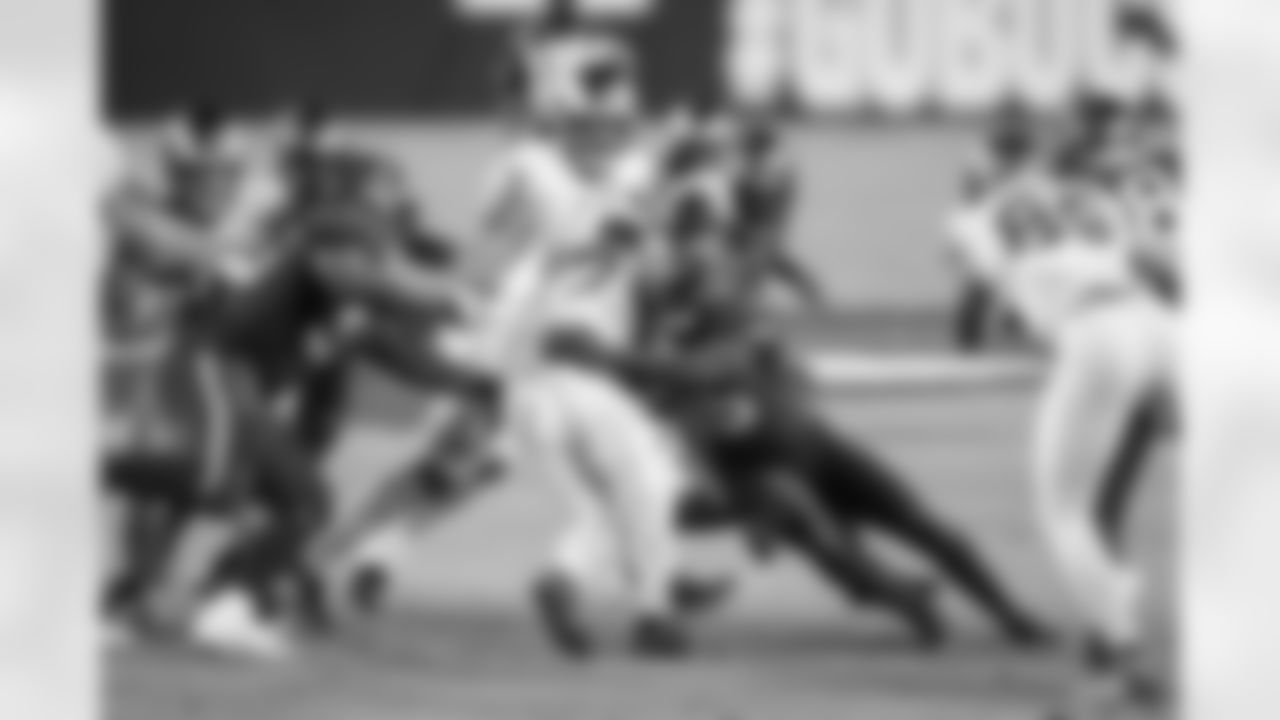
Rams vs. Bucs

Rams vs. Bucs

Rams vs. Bucs

Rams vs. Bucs
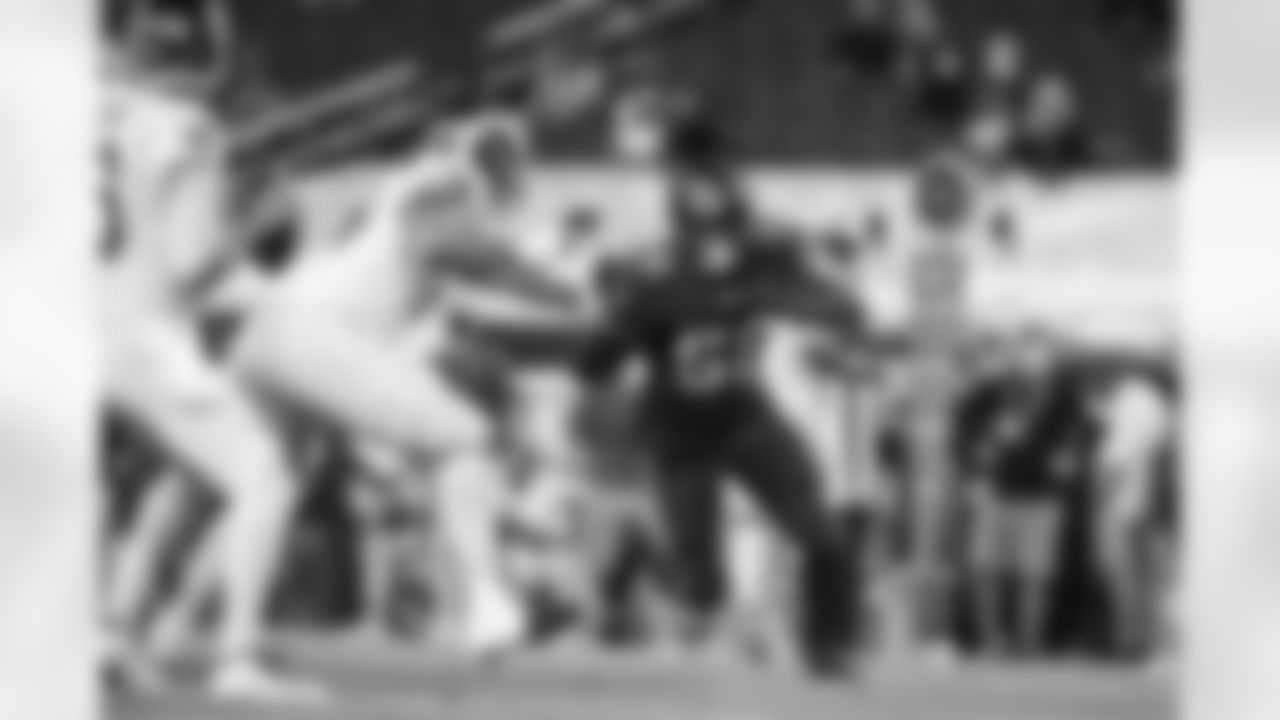
Rams vs. Bucs
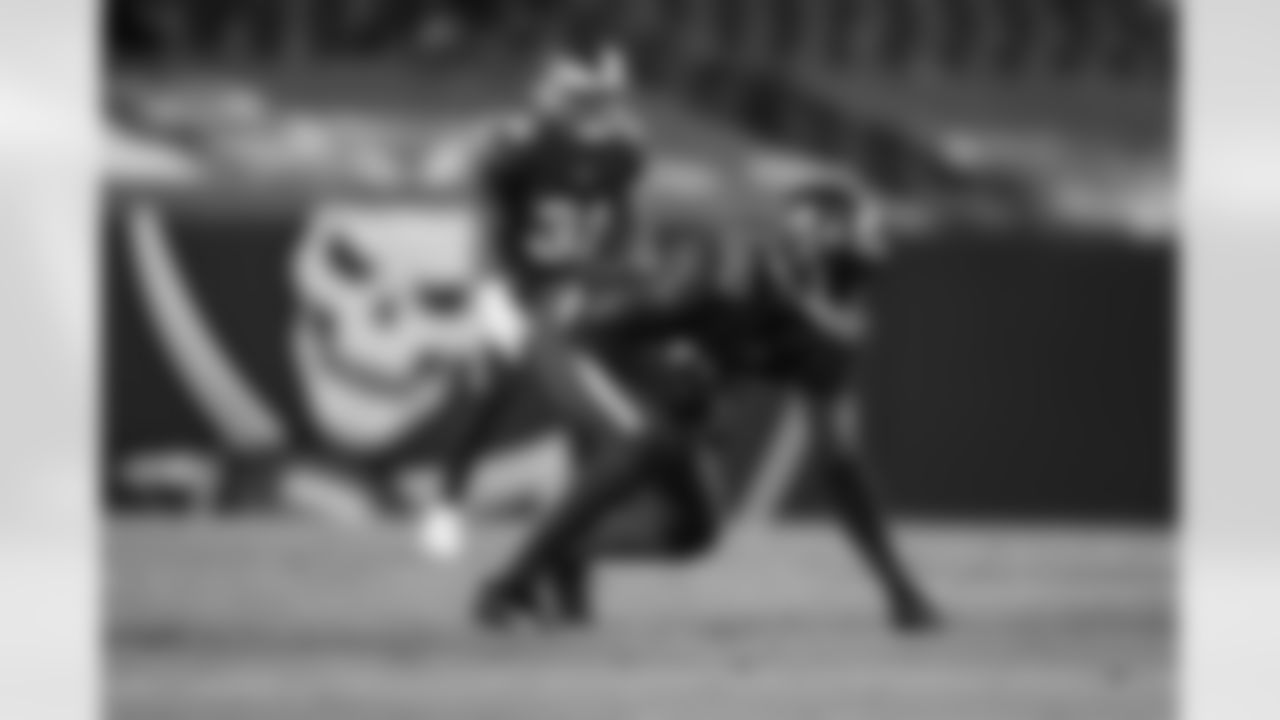
Rams vs. Bucs

Rams vs. Bucs

Rams vs. Bucs
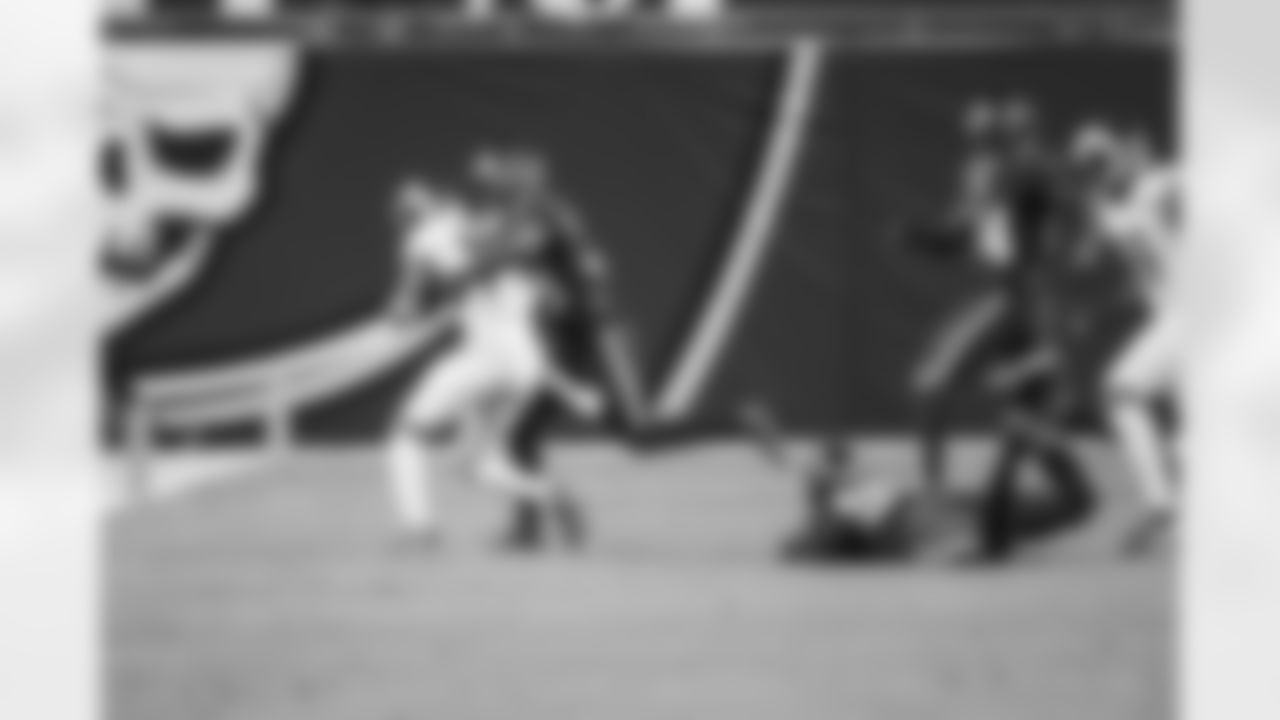
Rams vs. Bucs
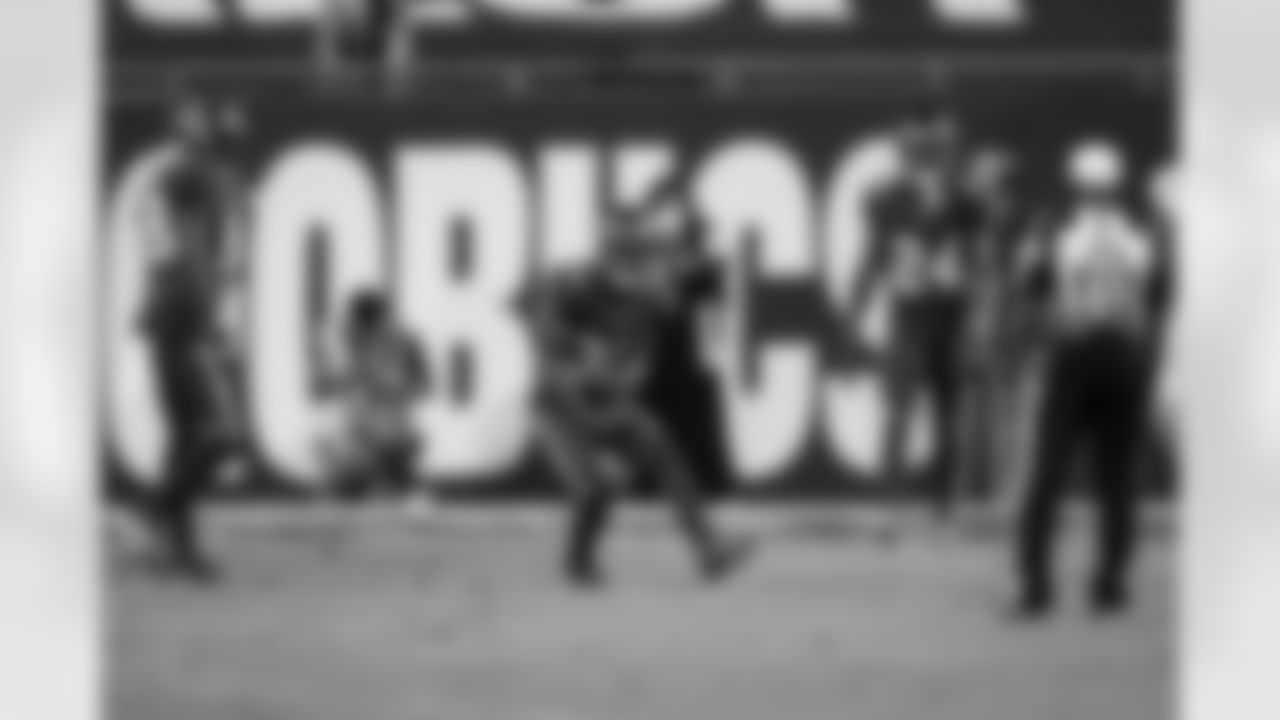
Rams vs. Bucs

Rams vs. Bucs
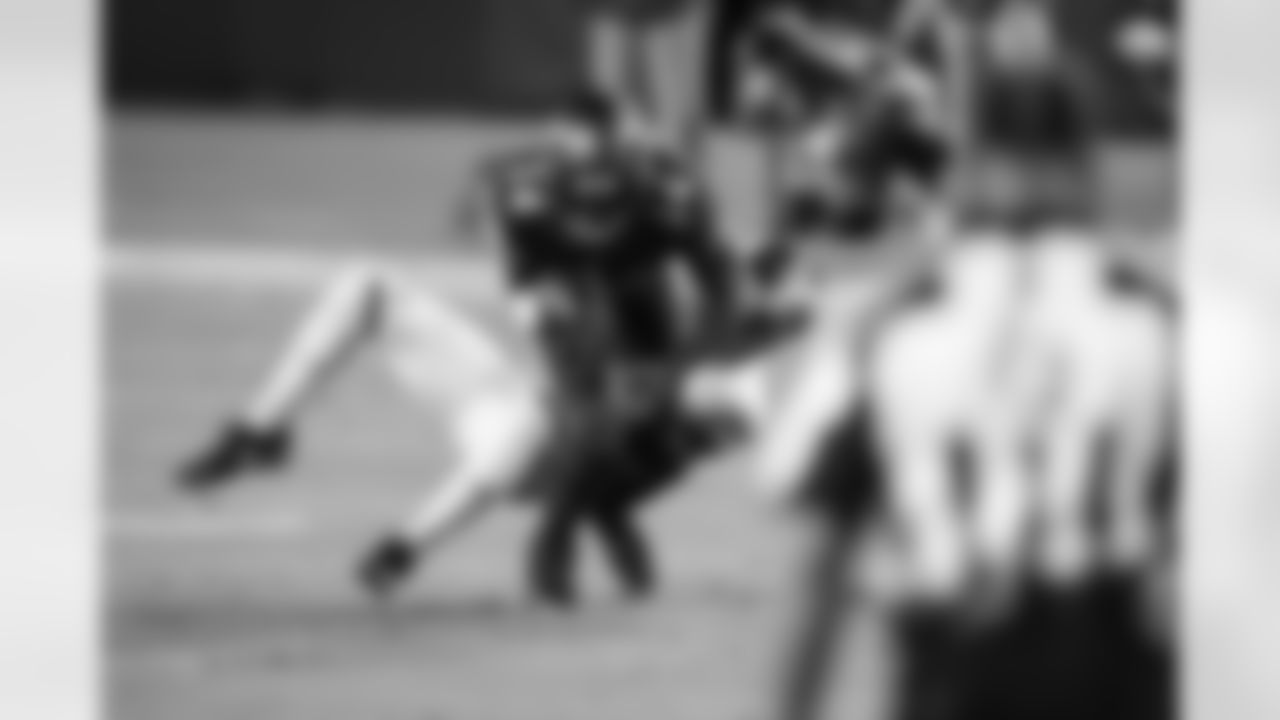
Rams vs. Bucs
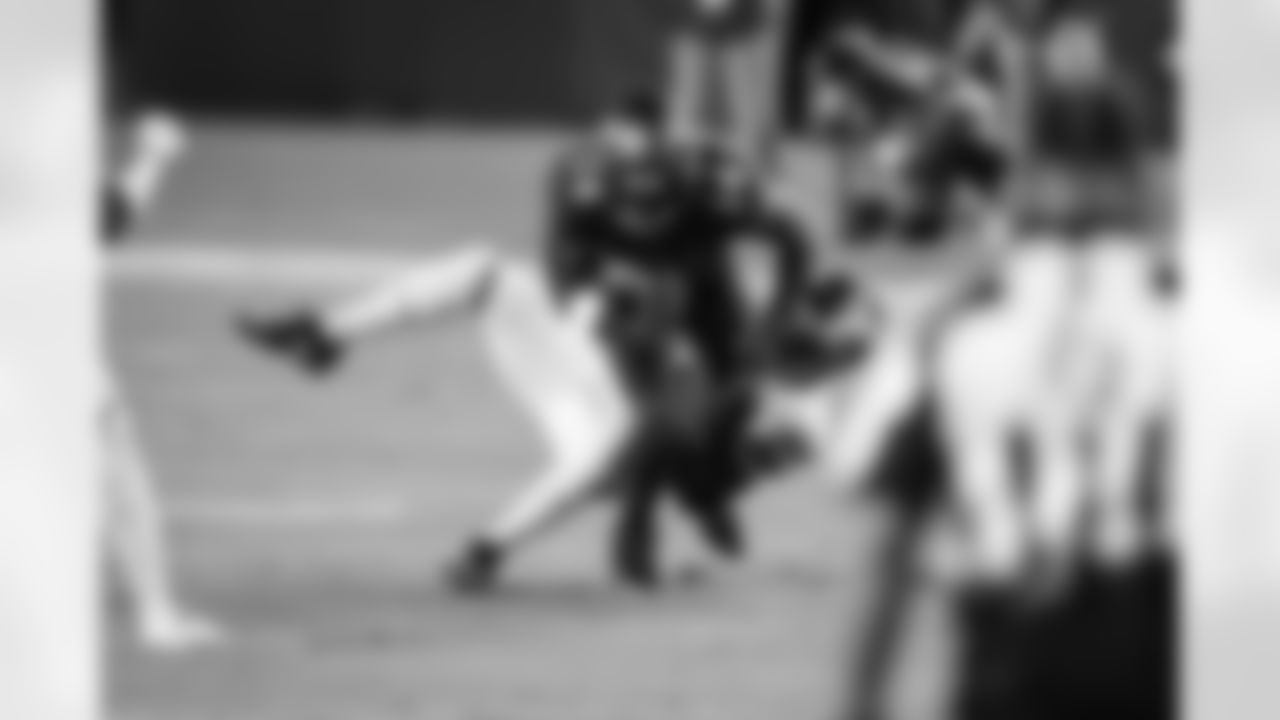
Rams vs. Bucs
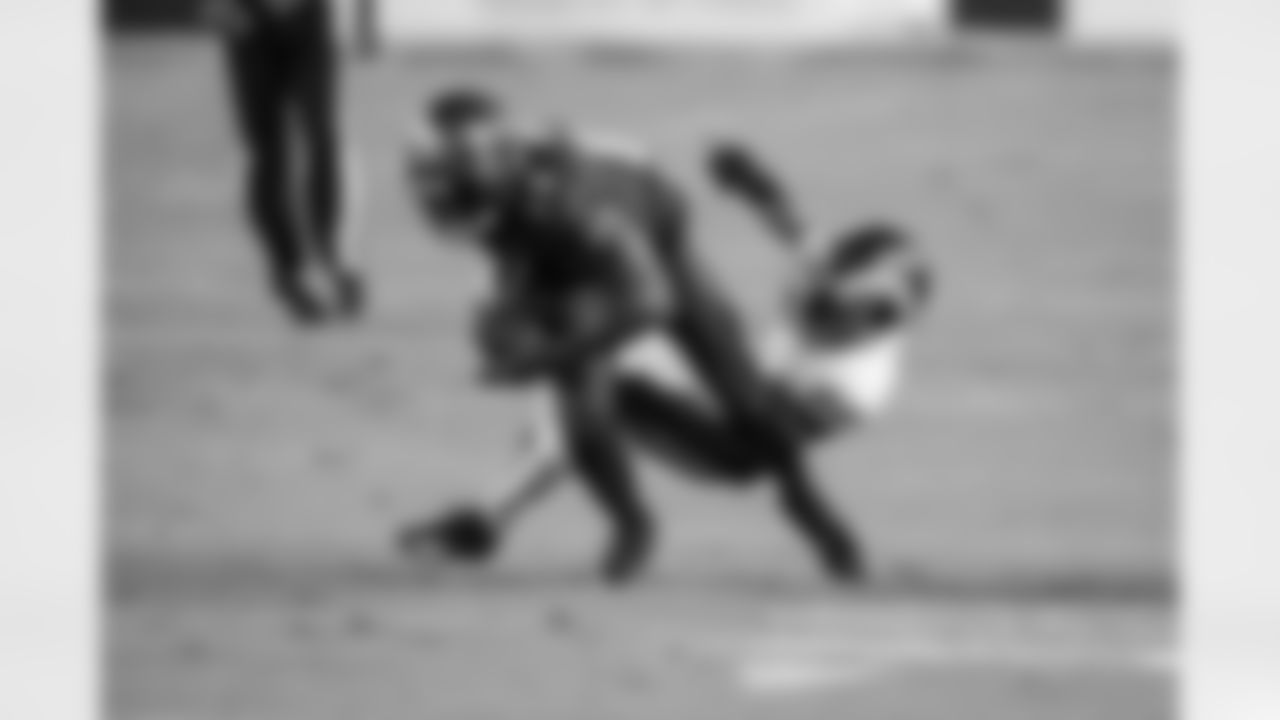
Rams vs. Bucs
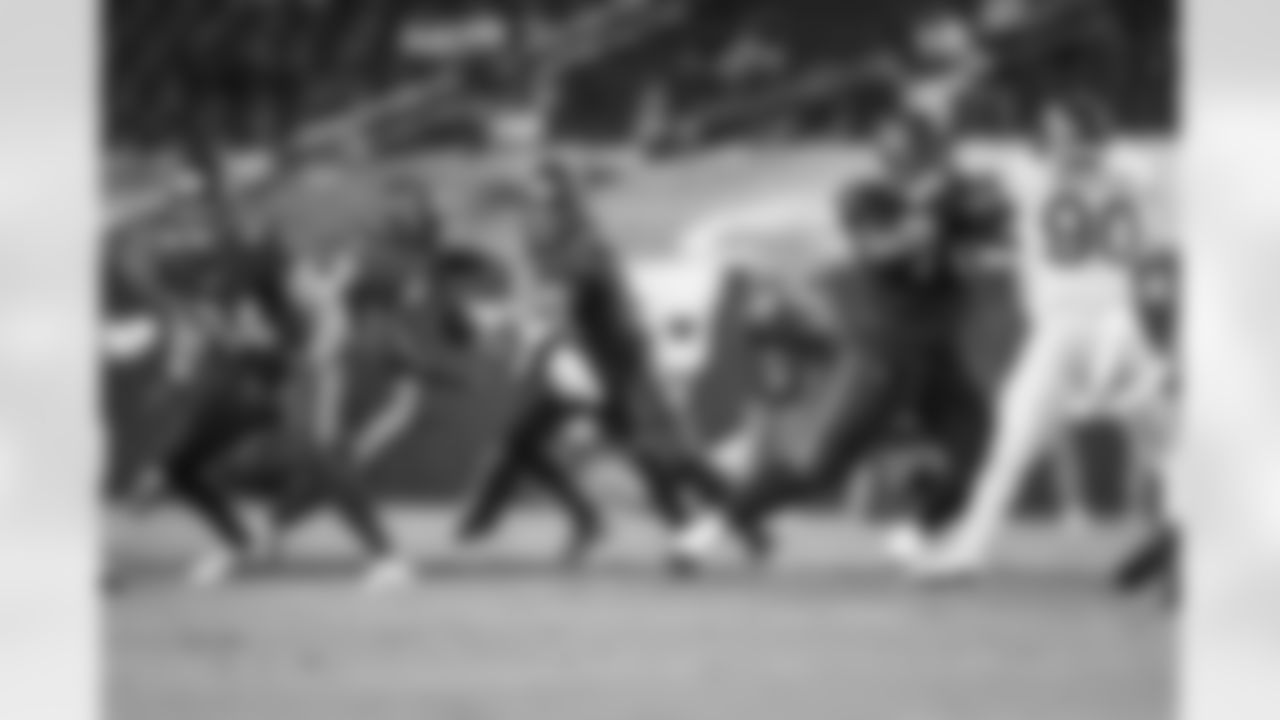
Rams vs. Bucs

Rams vs. Bucs
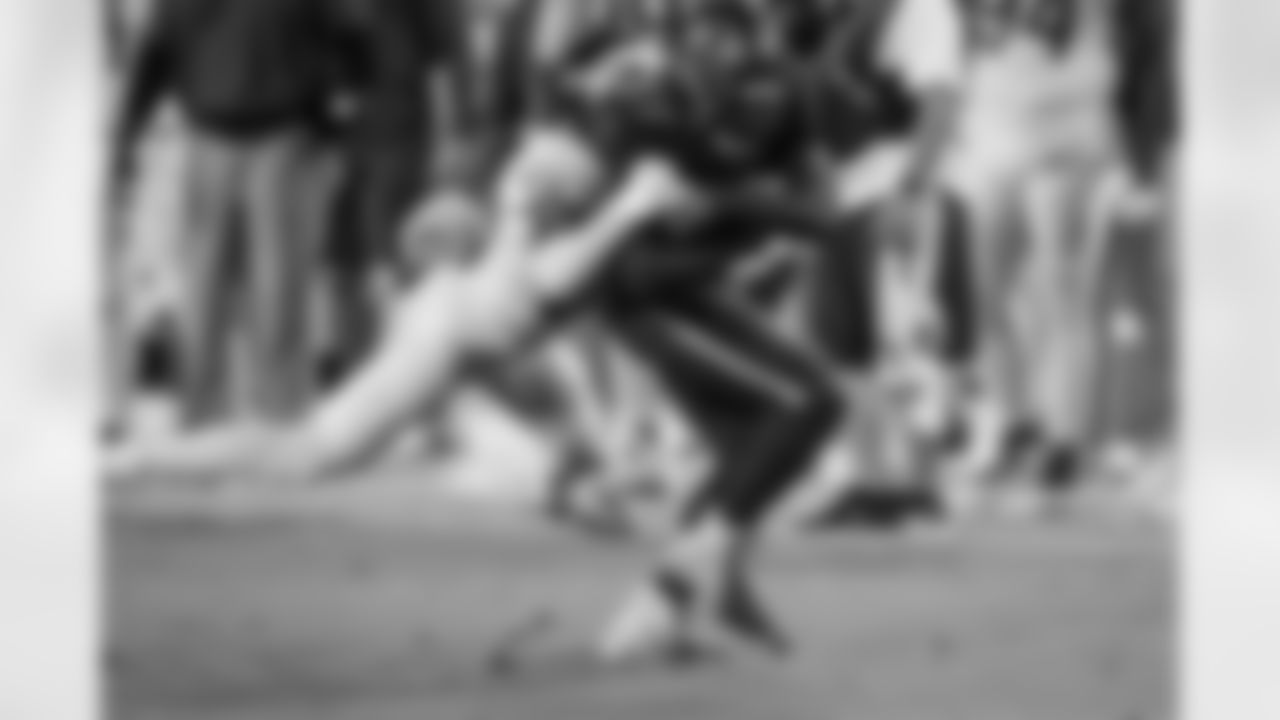
Rams vs. Bucs
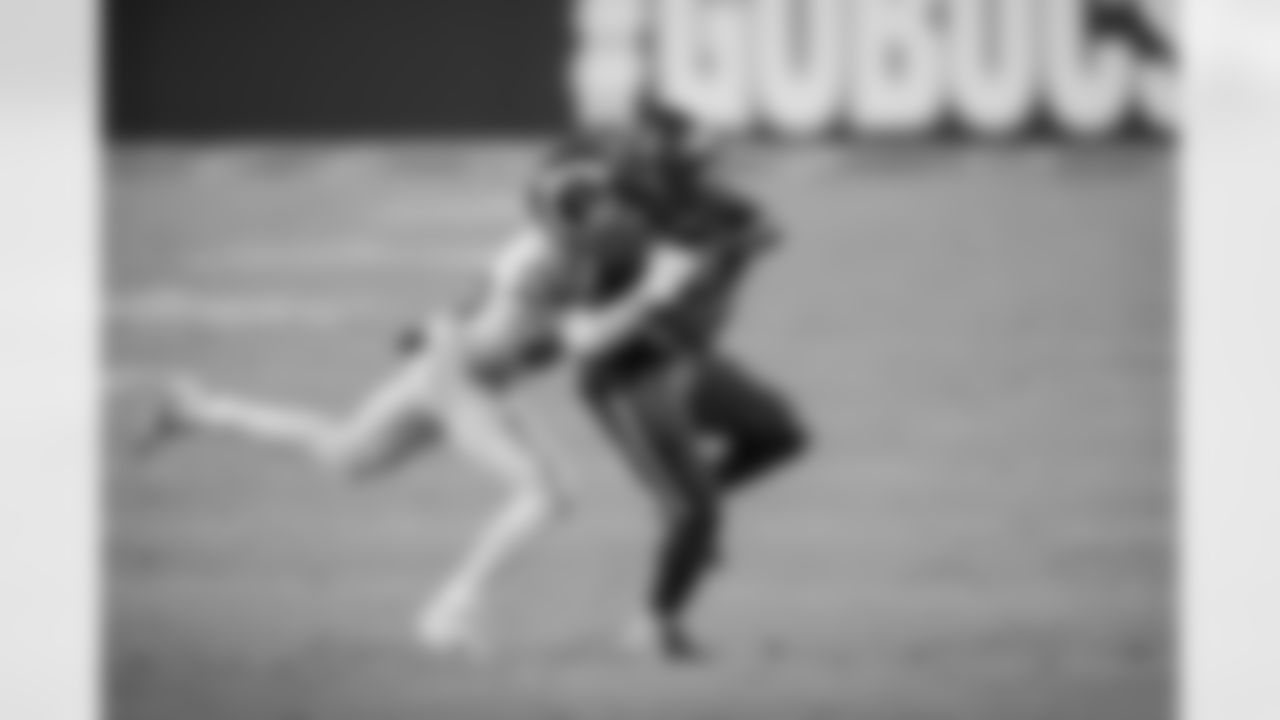
Rams vs. Bucs
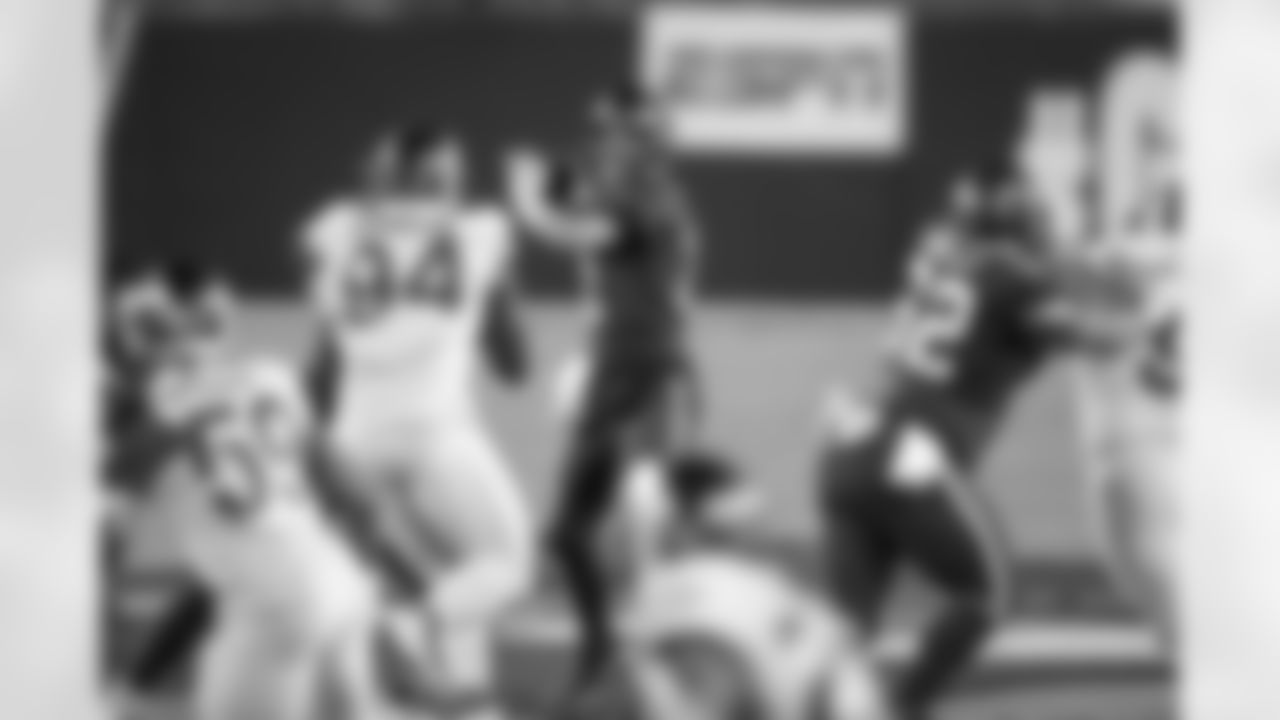
Rams vs. Bucs
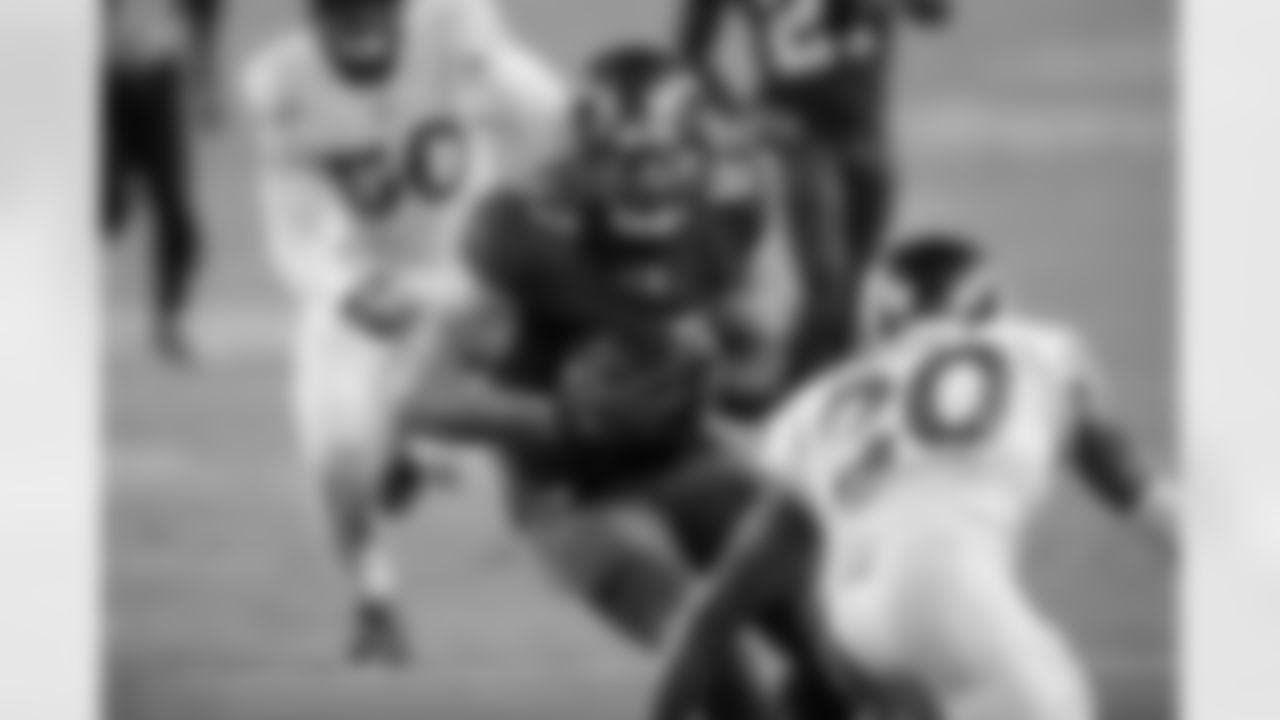
Rams vs. Bucs
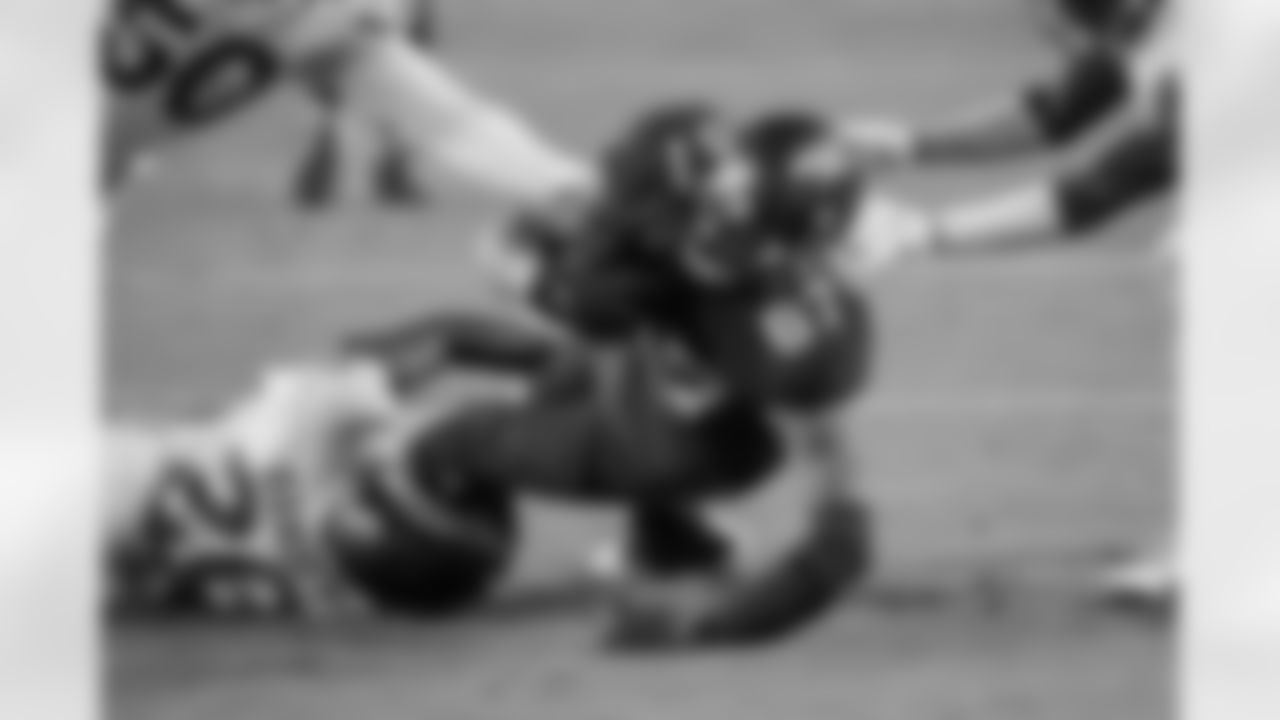
Rams vs. Bucs
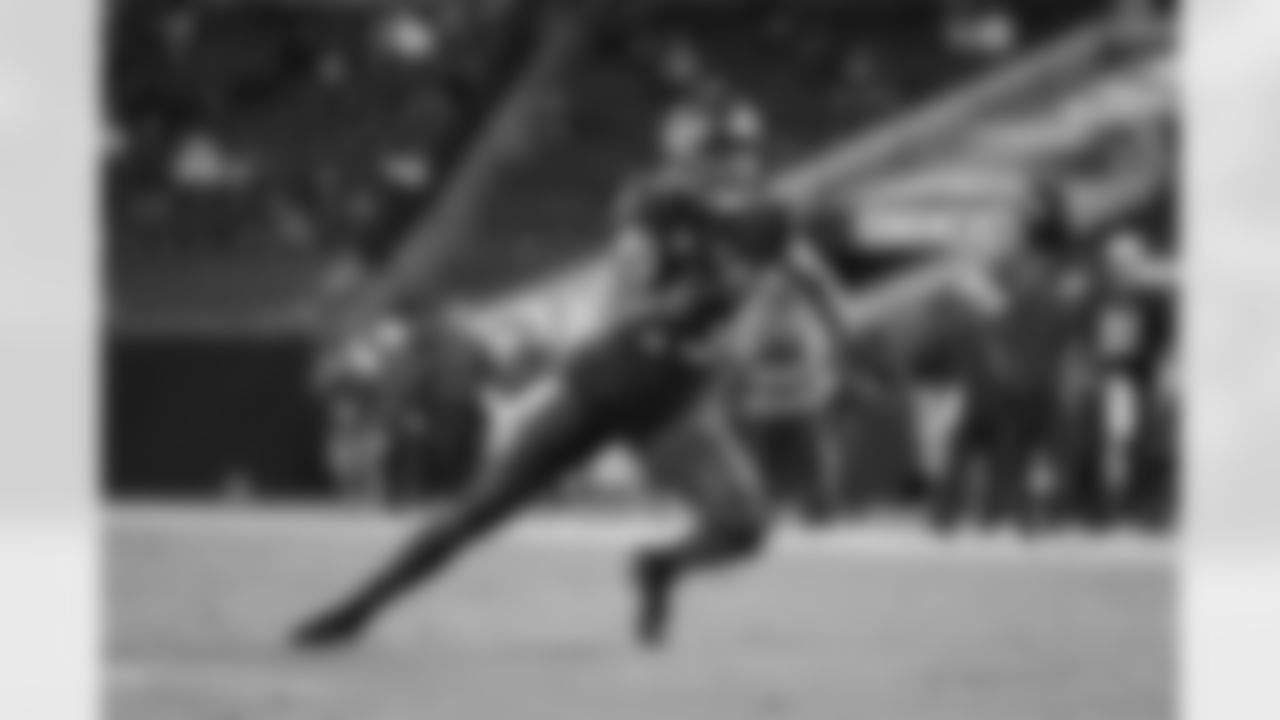
Rams vs. Bucs
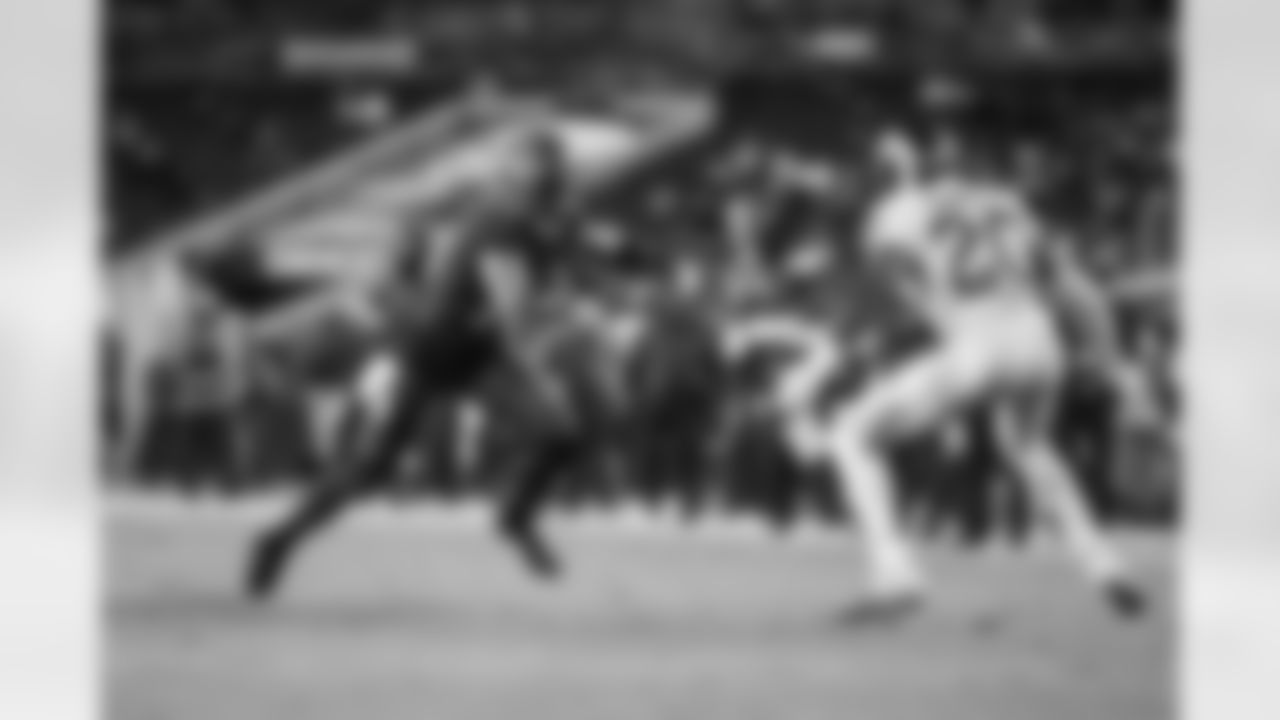
Rams vs. Bucs
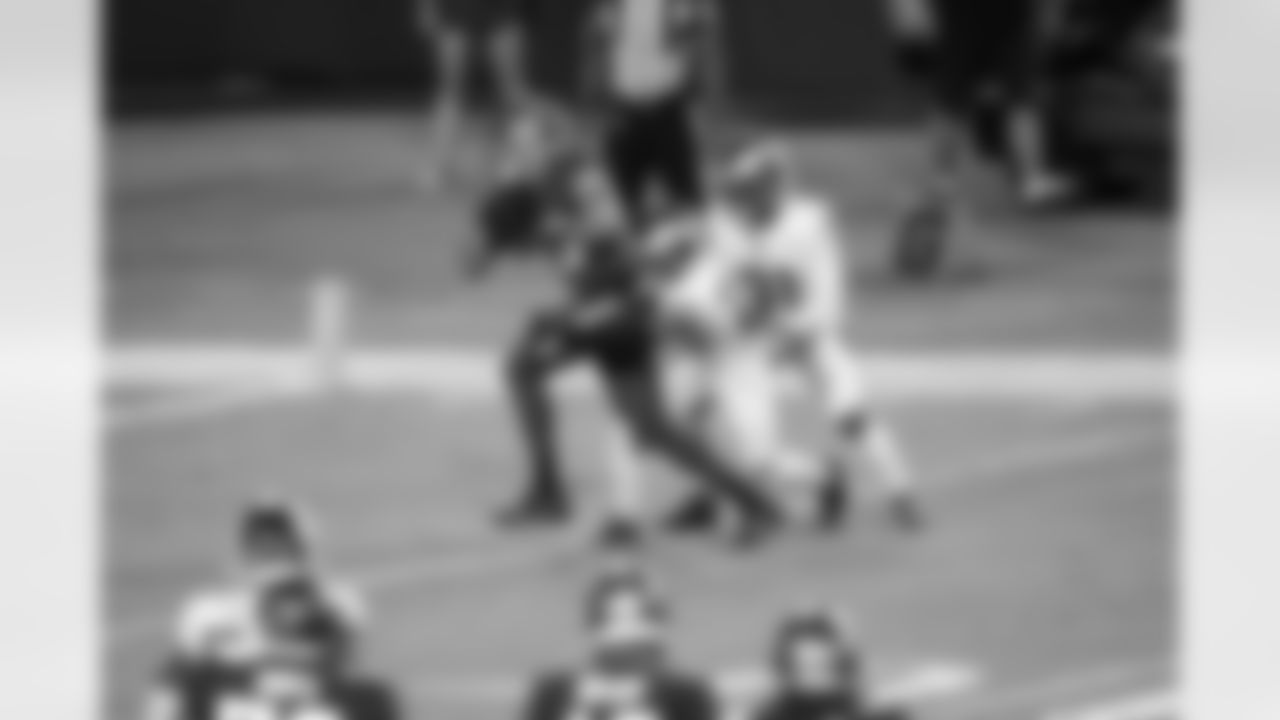
Rams vs. Bucs
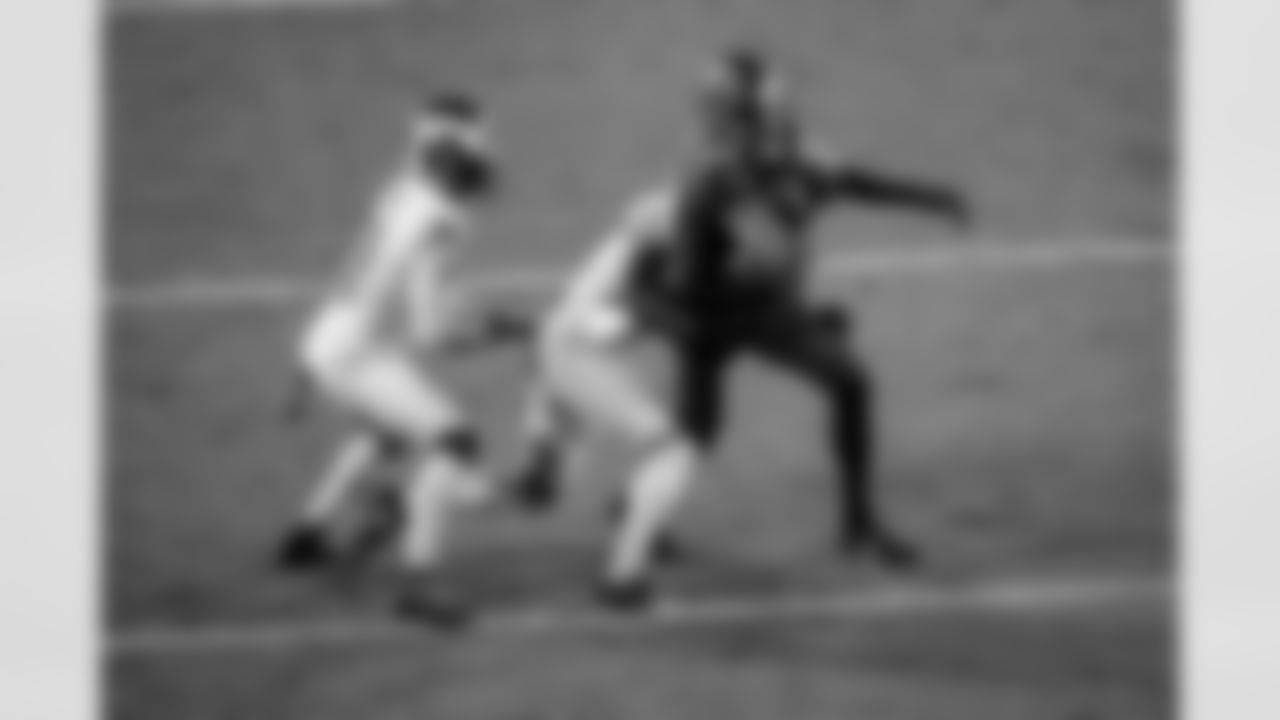
Rams vs. Bucs
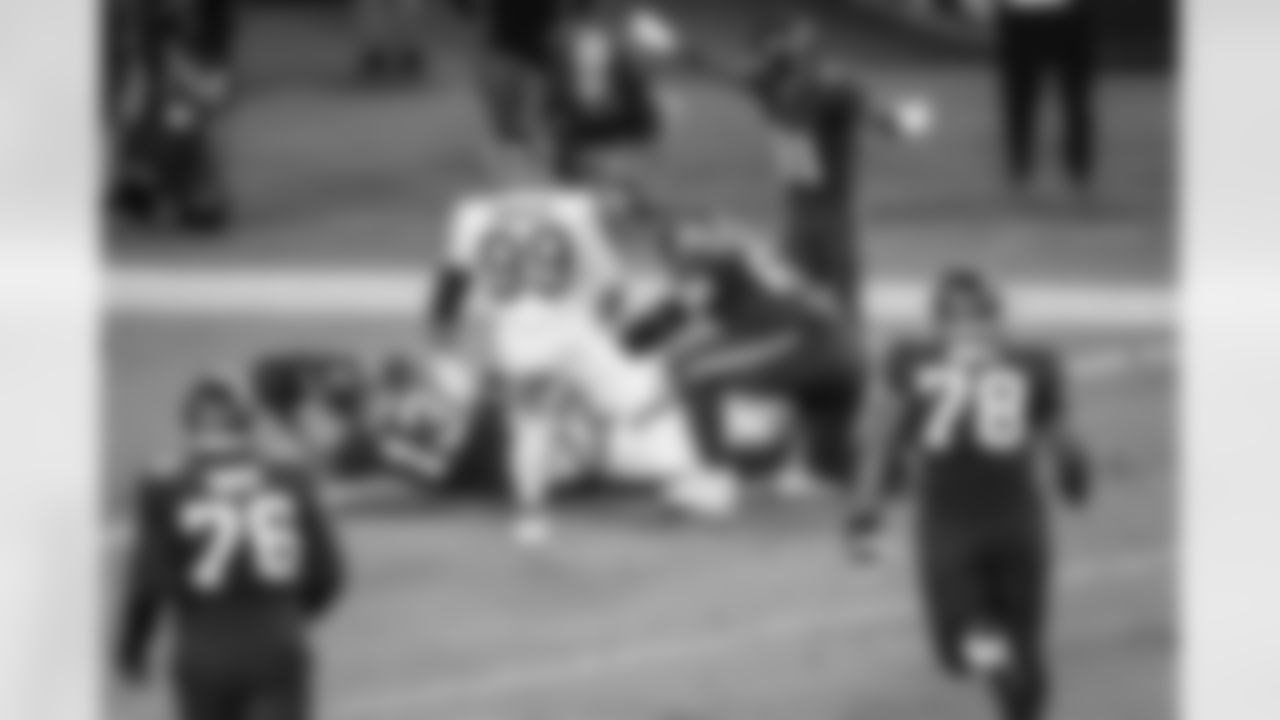
Rams vs. Bucs
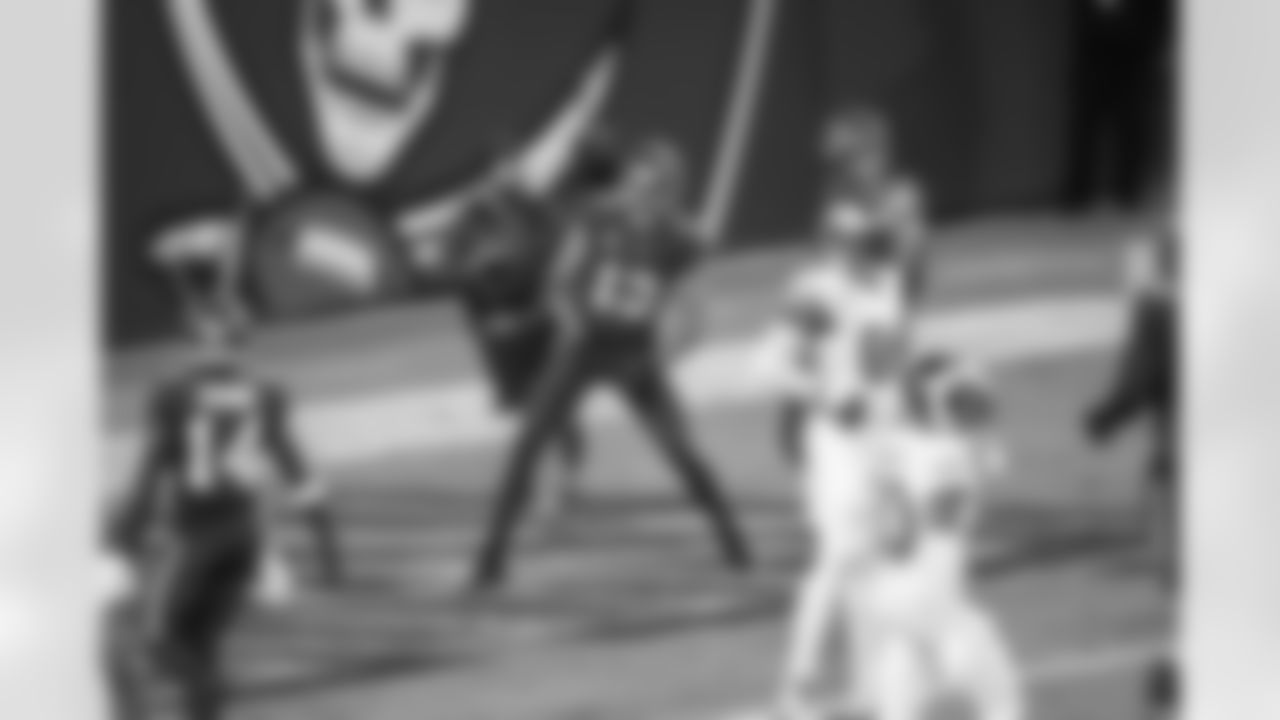
Rams vs. Bucs
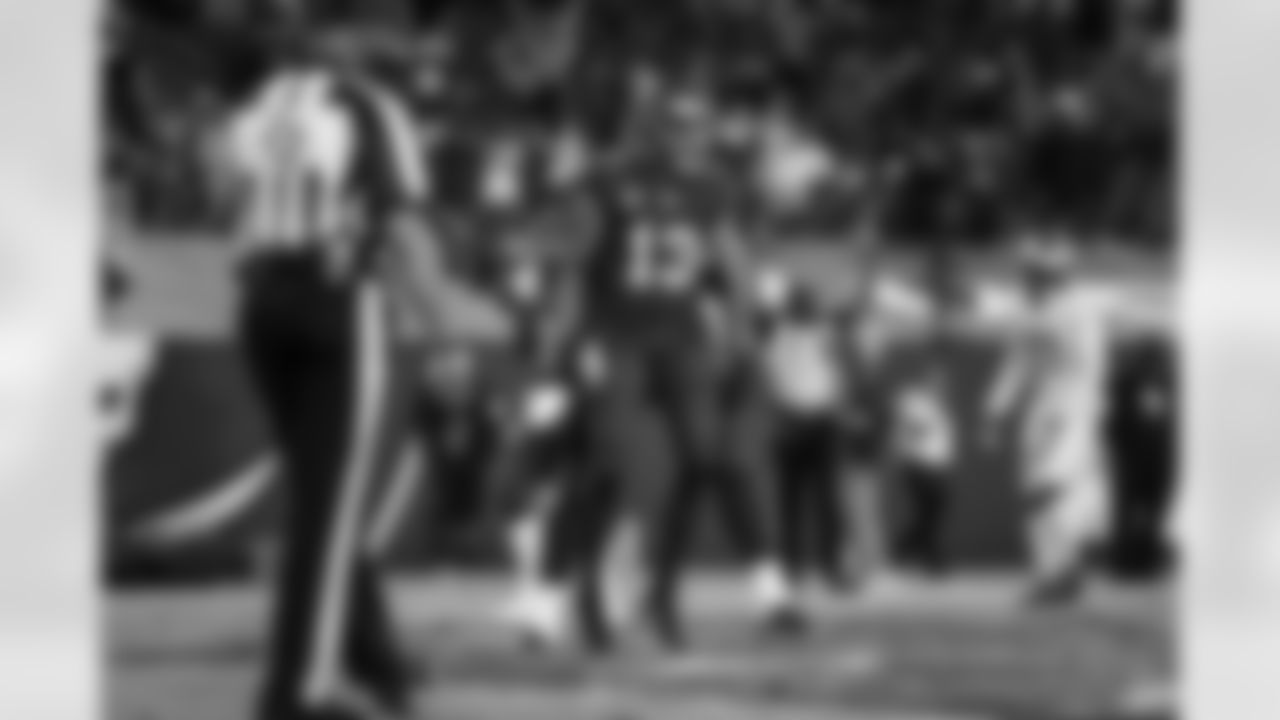
Rams vs. Bucs

Rams vs. Bucs
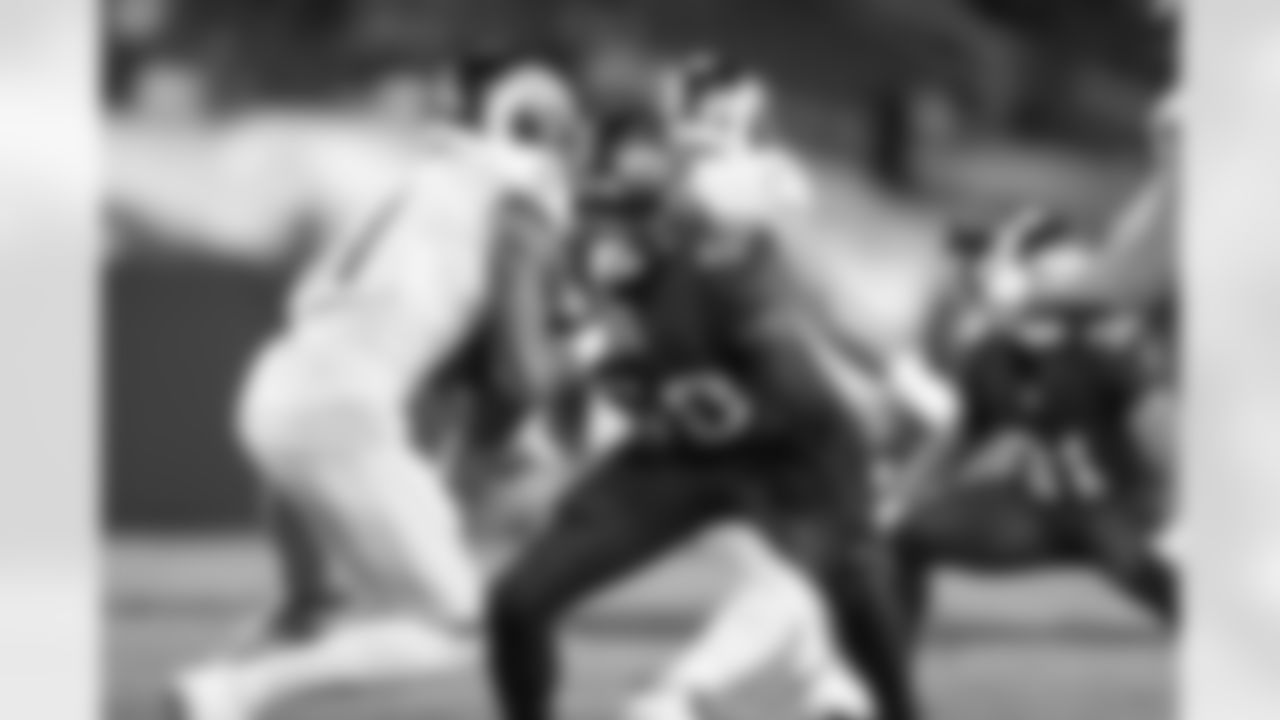
Rams vs. Bucs

Rams vs. Bucs

Rams vs. Bucs
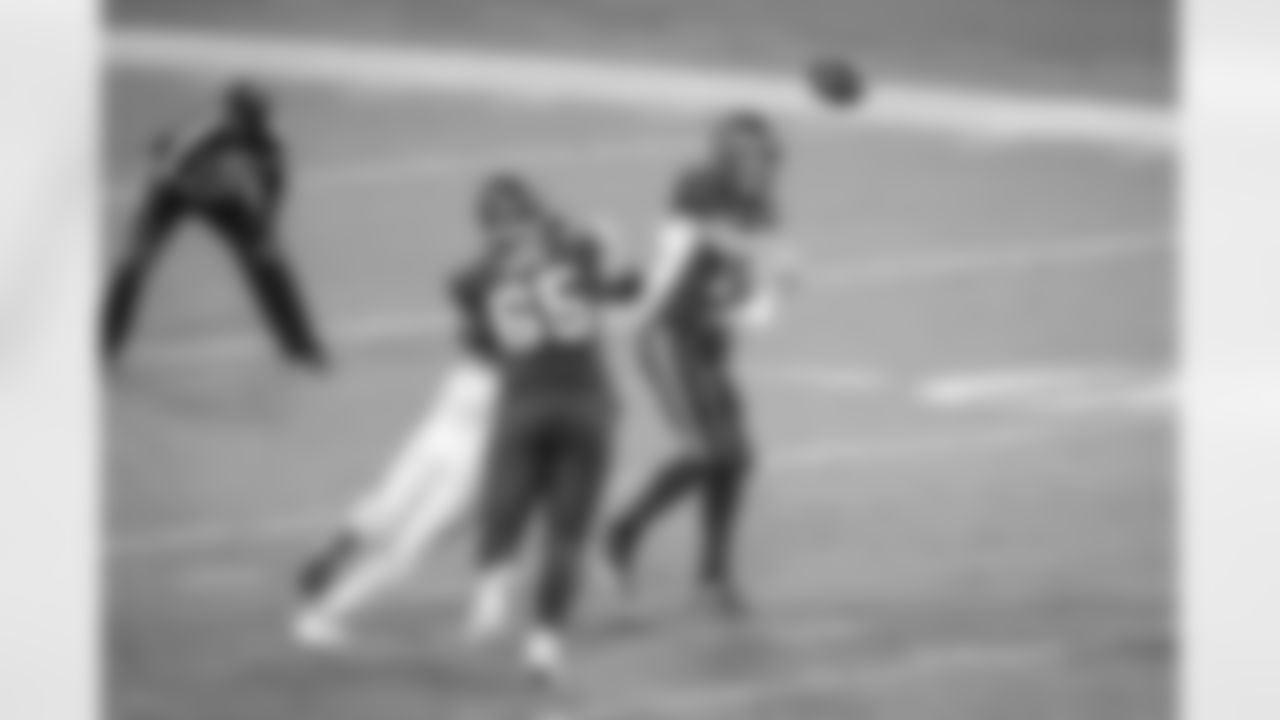
Rams vs. Bucs

Rams vs. Bucs
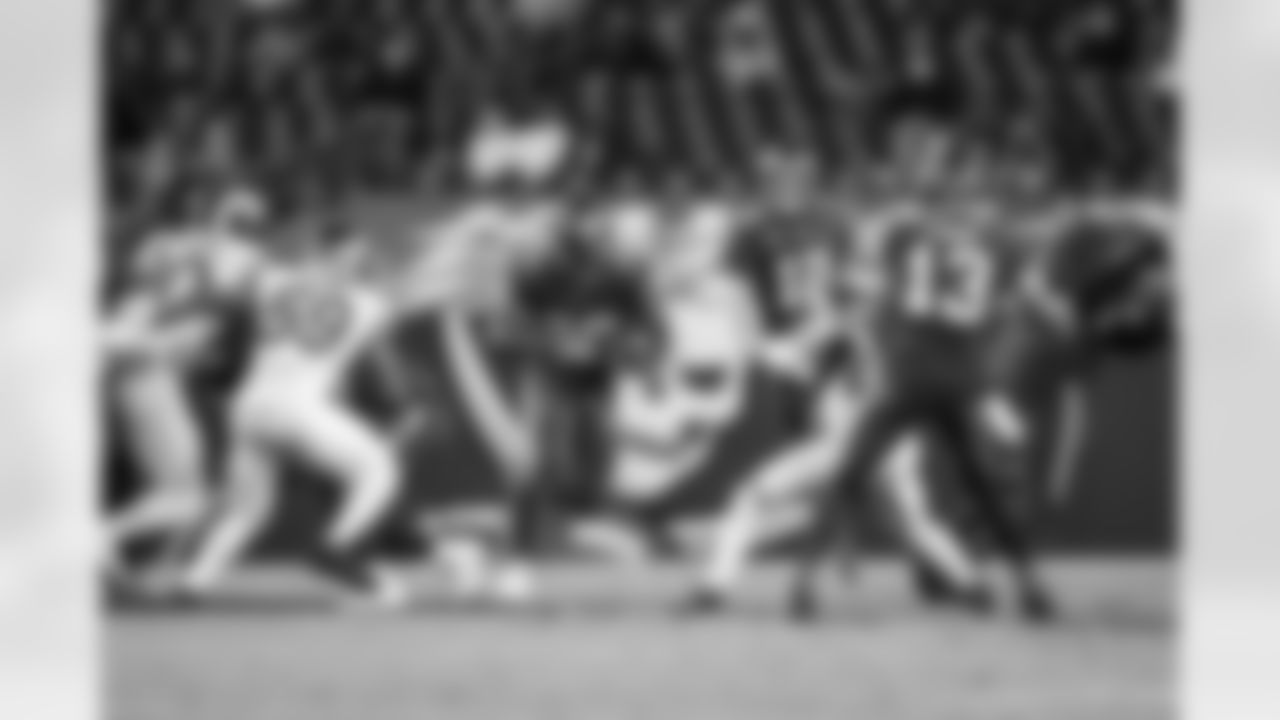
Rams vs. Bucs
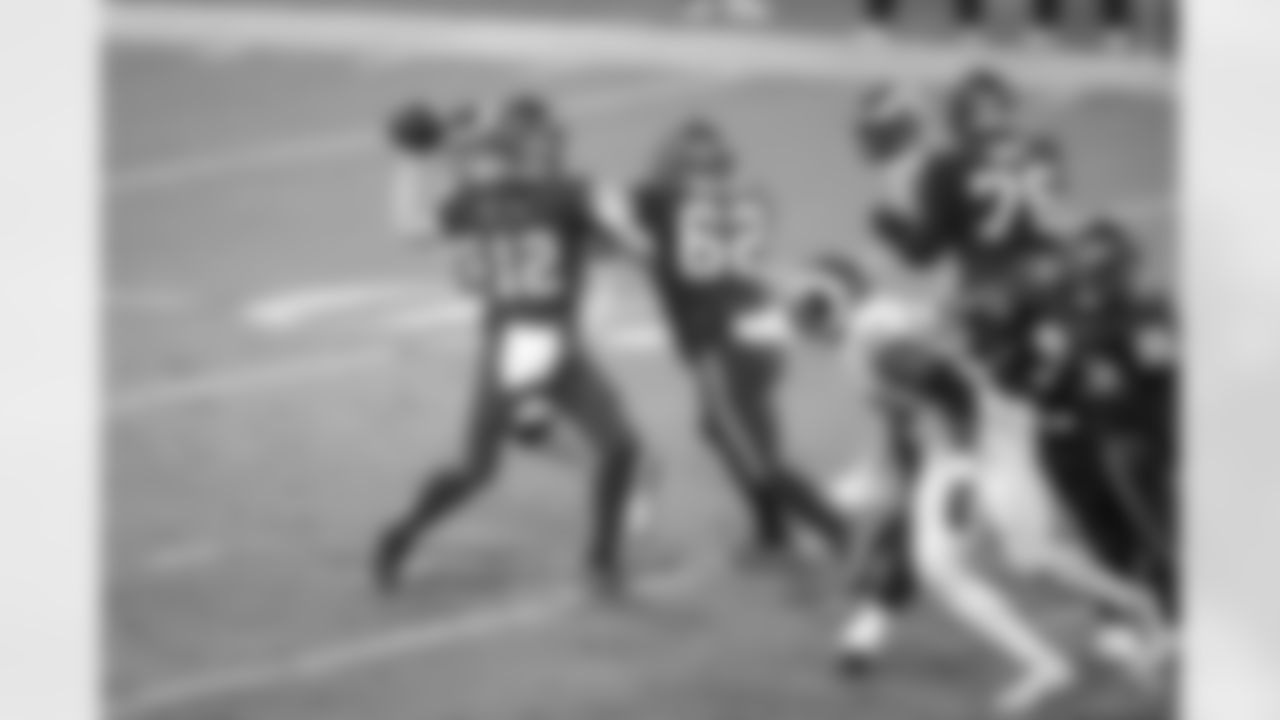
Rams vs. Bucs
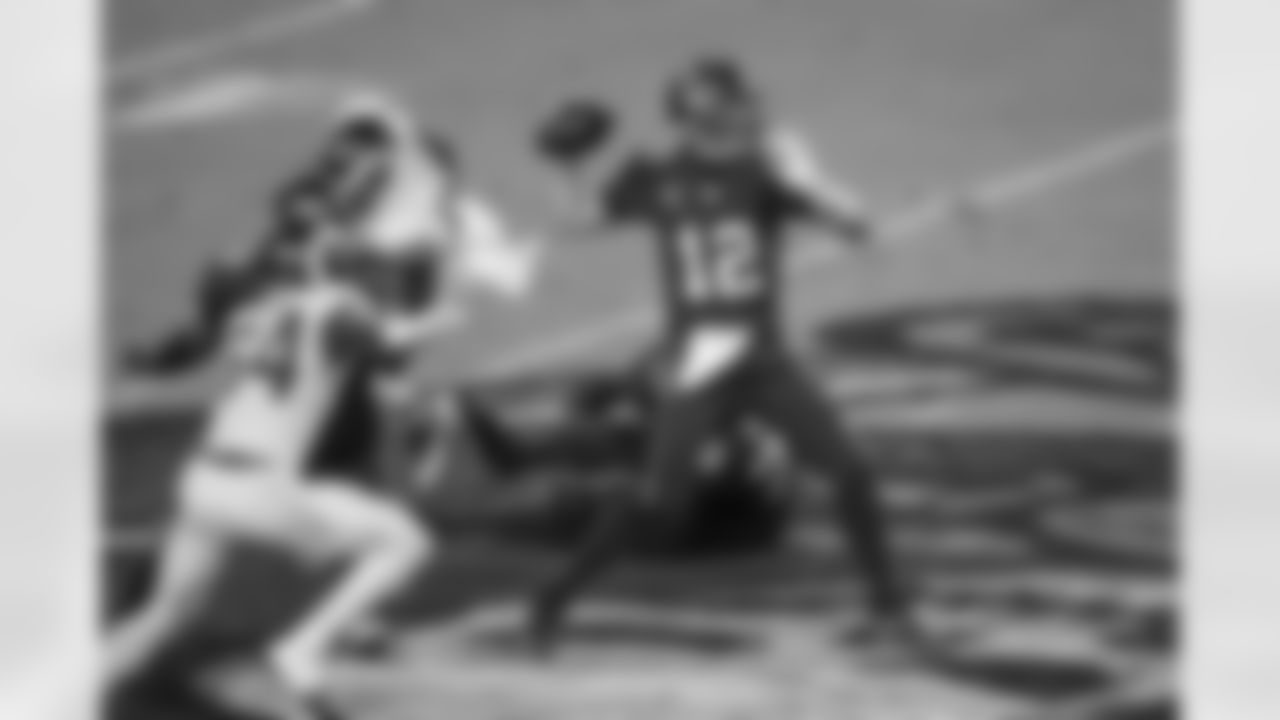
Rams vs. Bucs
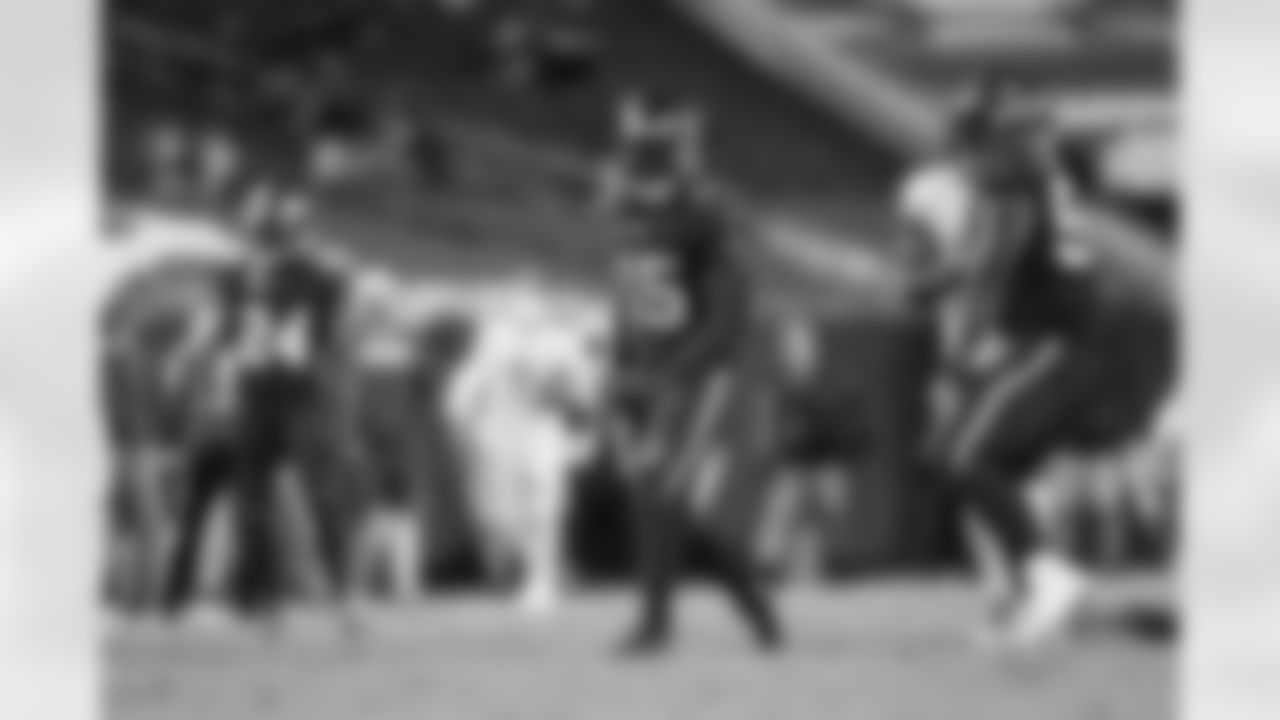
Rams vs. Bucs
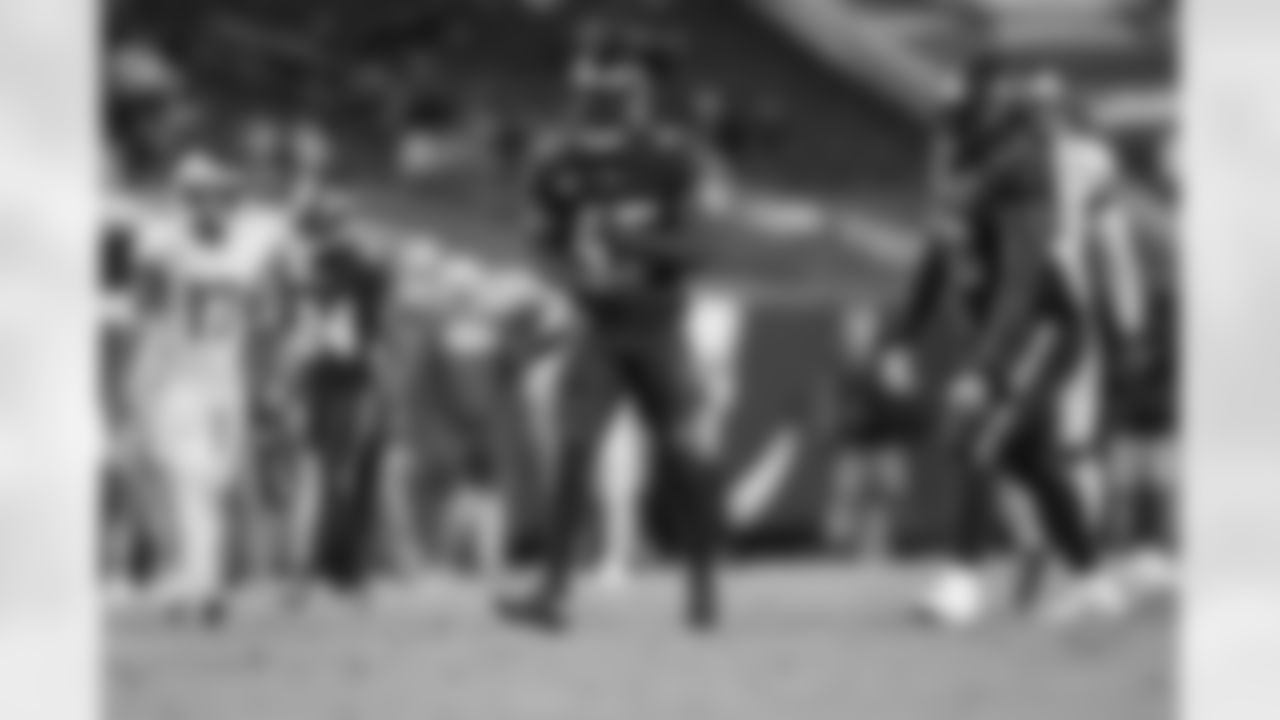
Rams vs. Bucs
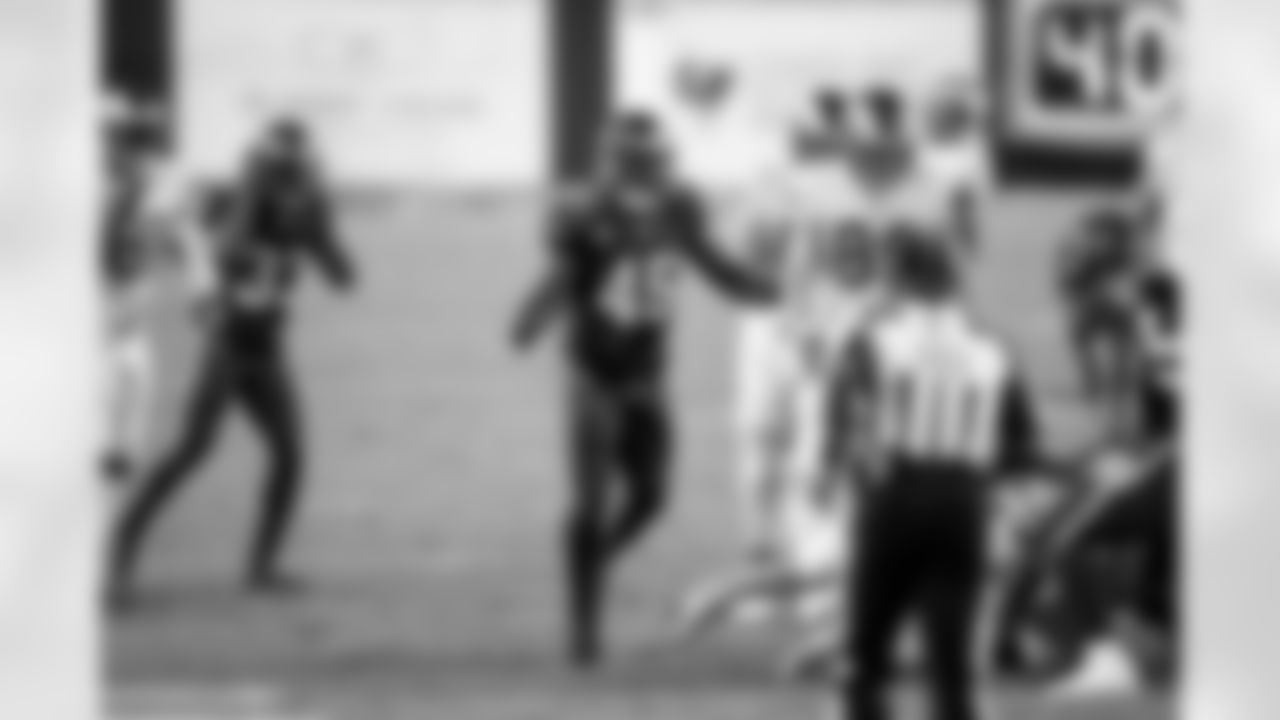
Rams vs. Bucs
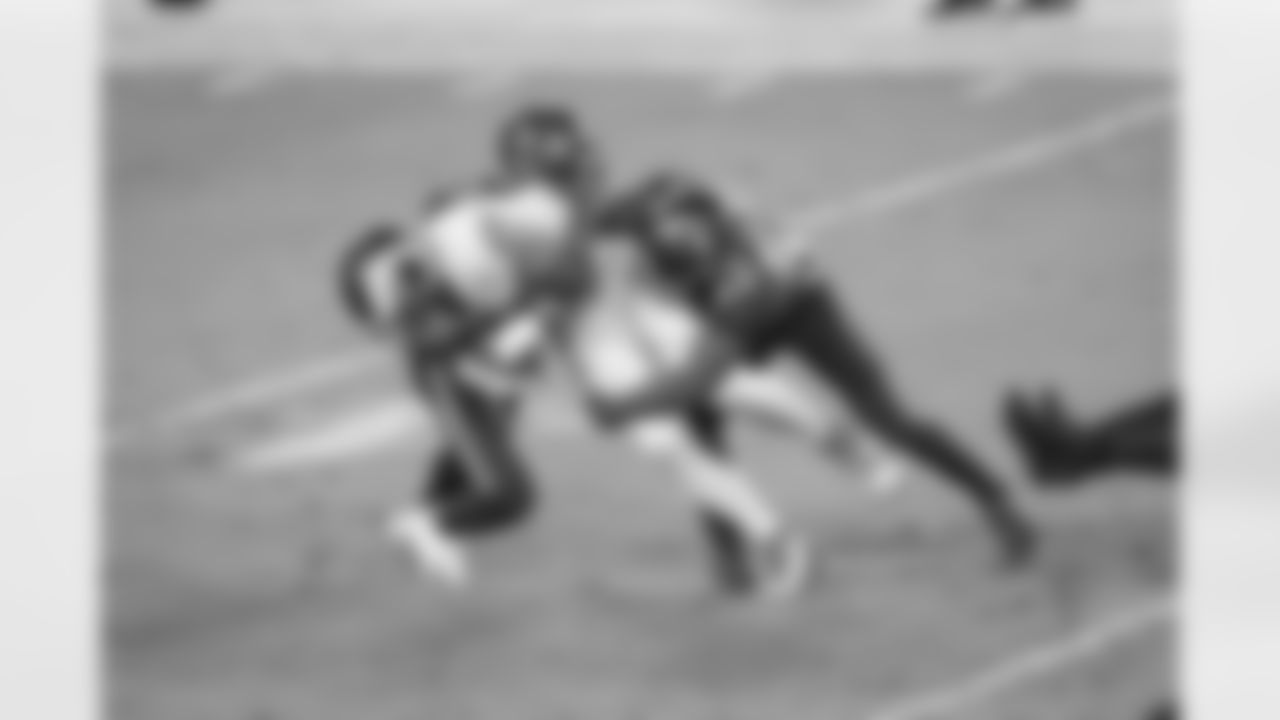
Rams vs. Bucs

Rams vs. Bucs

Rams vs. Bucs
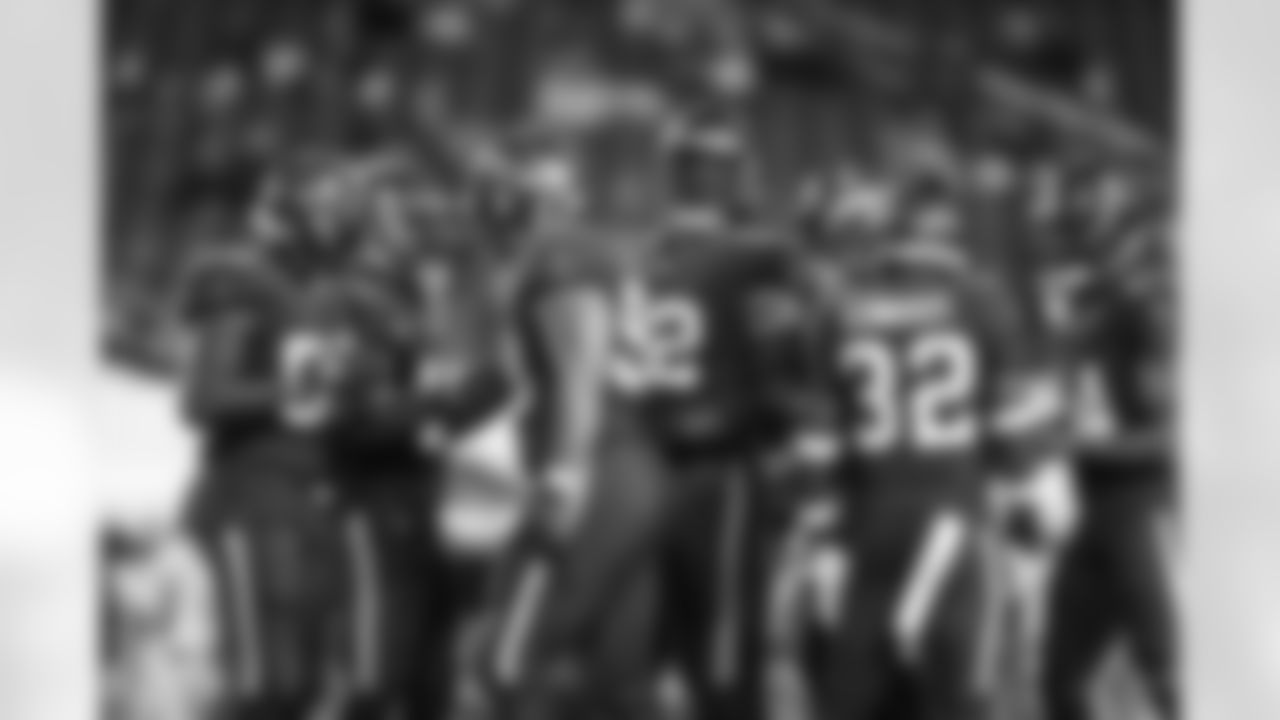
Rams vs. Bucs
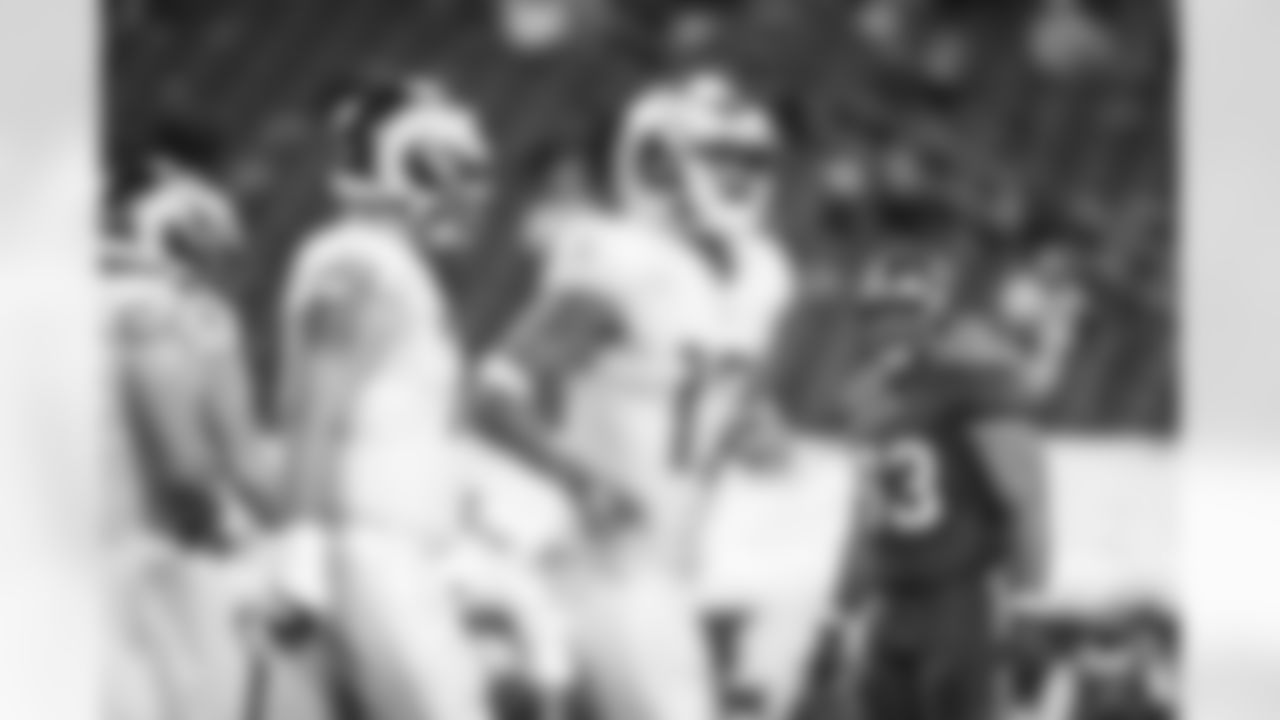
Rams vs. Bucs

Rams vs. Bucs

Rams vs. Bucs
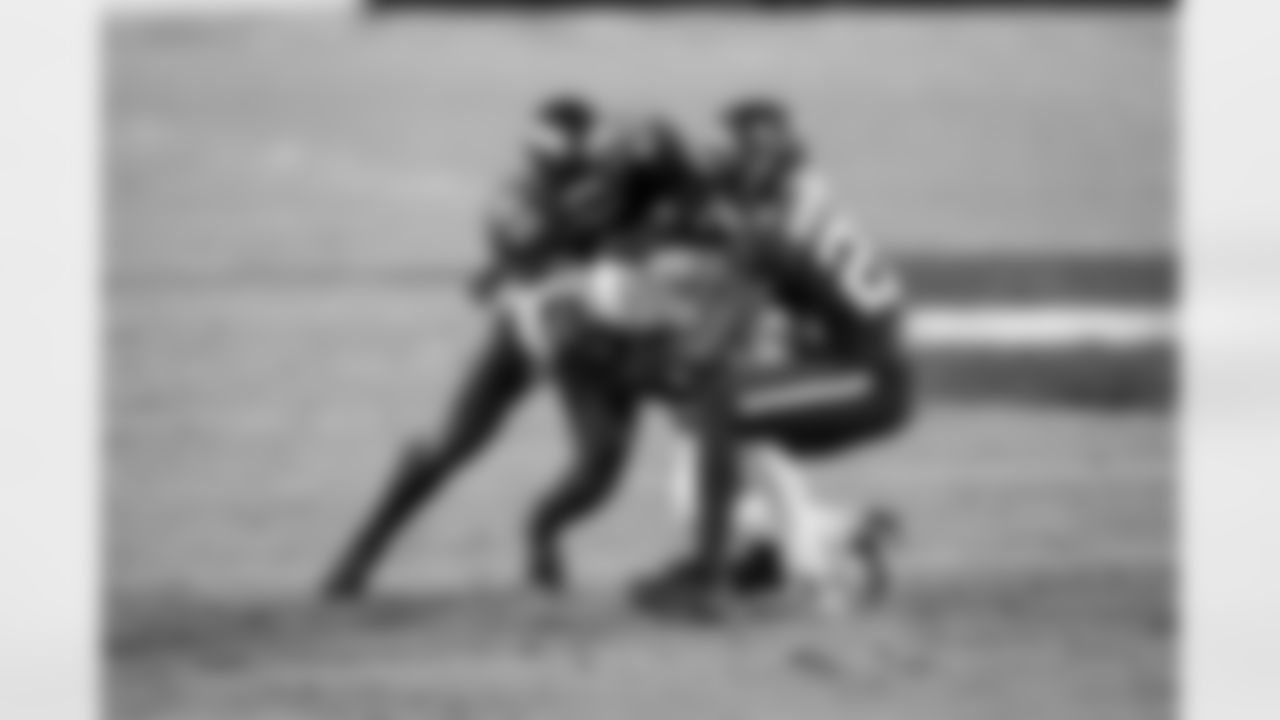
Rams vs. Bucs
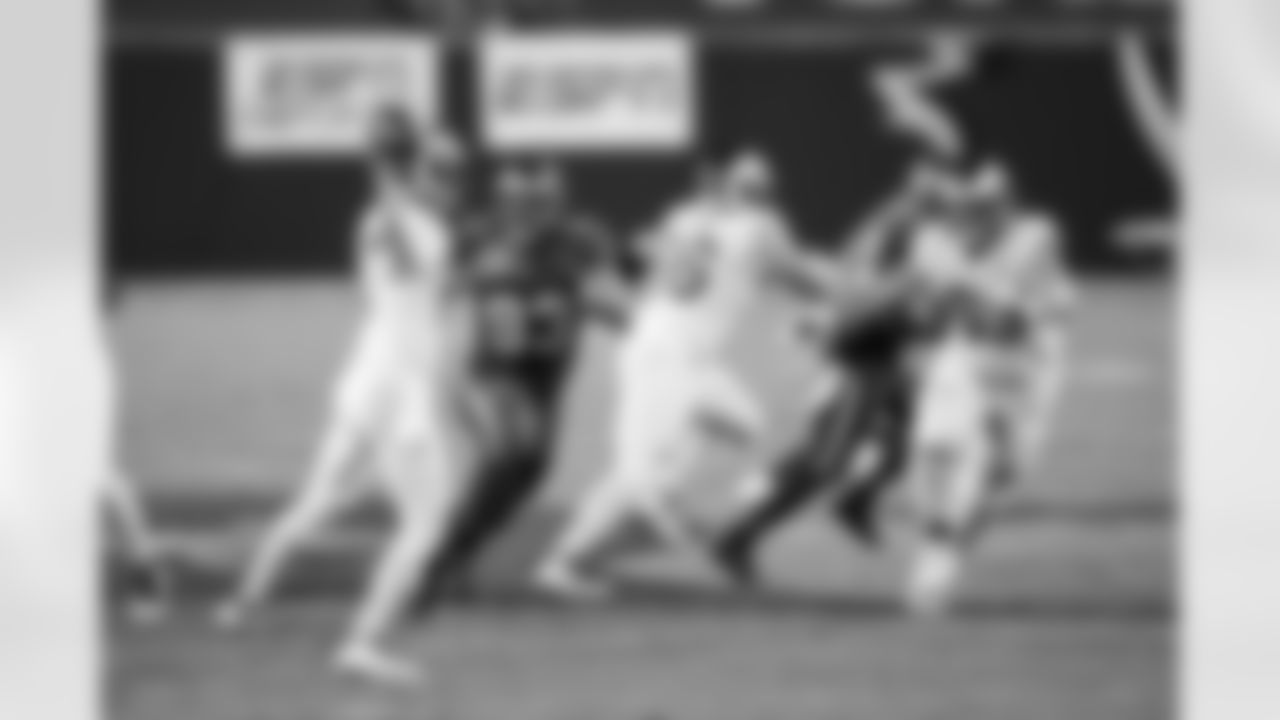
Rams vs. Bucs

Rams vs. Bucs

Rams vs. Bucs
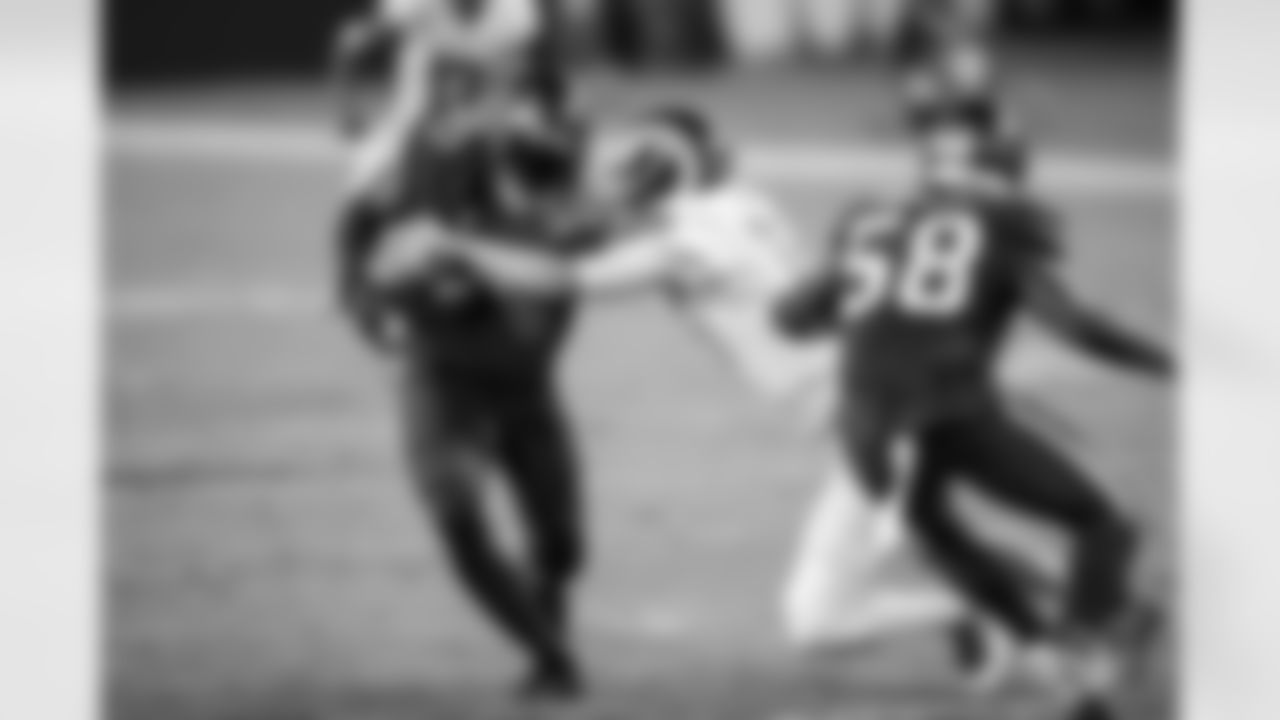
Rams vs. Bucs
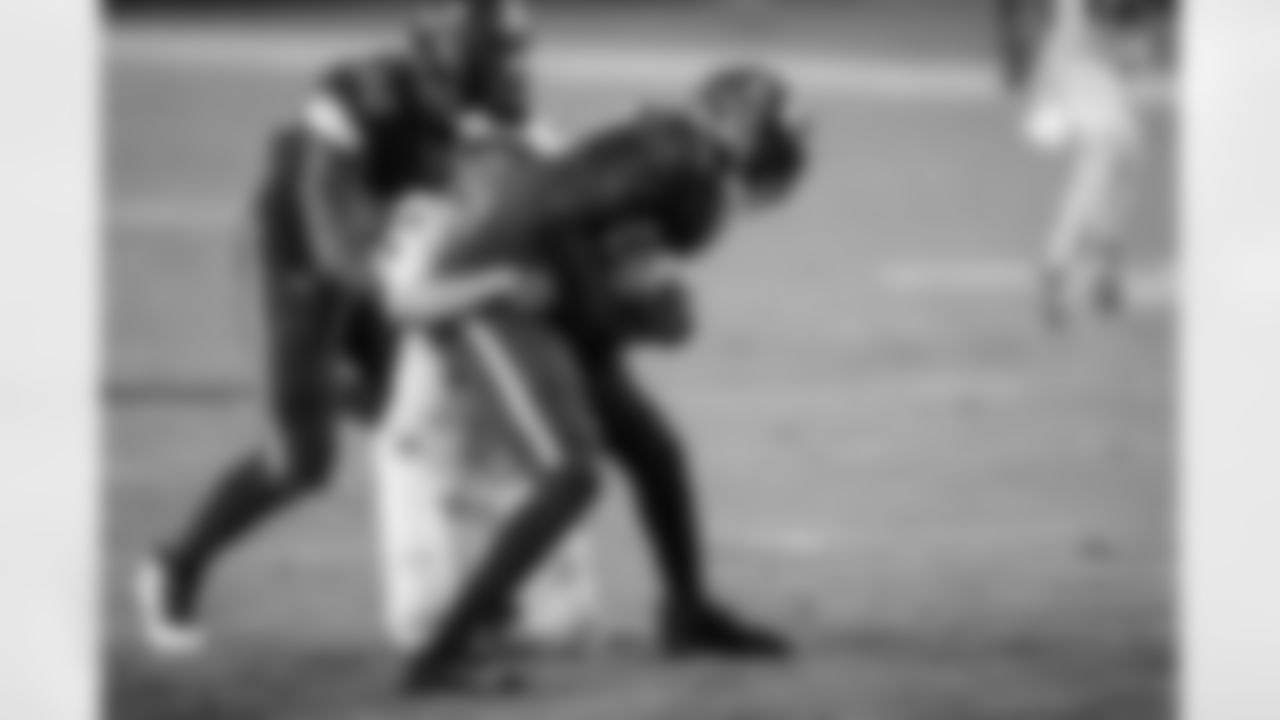
Rams vs. Bucs
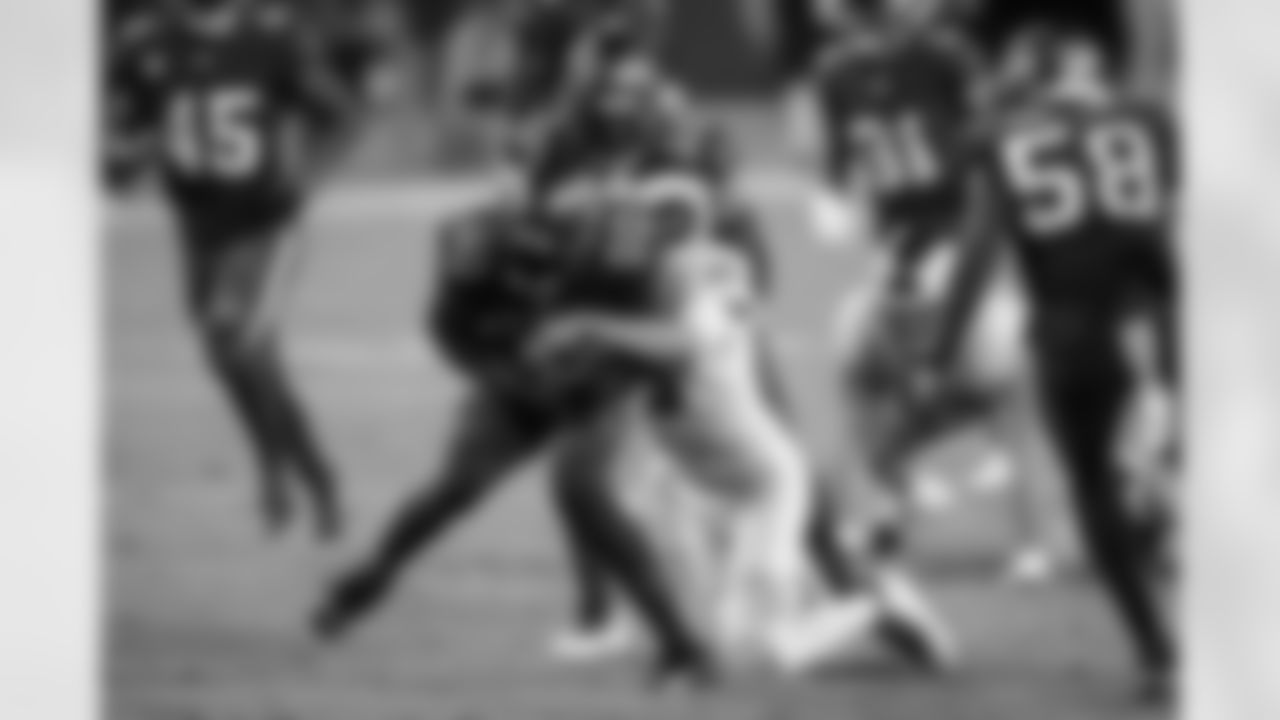
Rams vs. Bucs
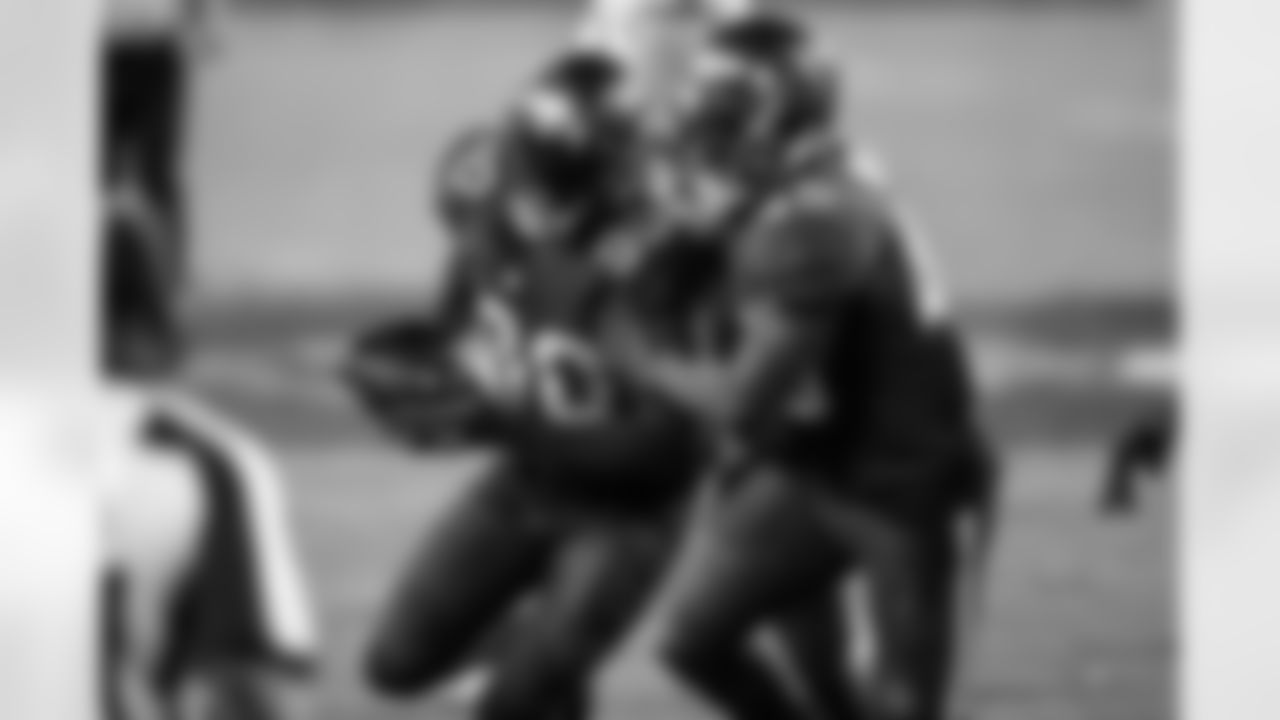
Rams vs. Bucs
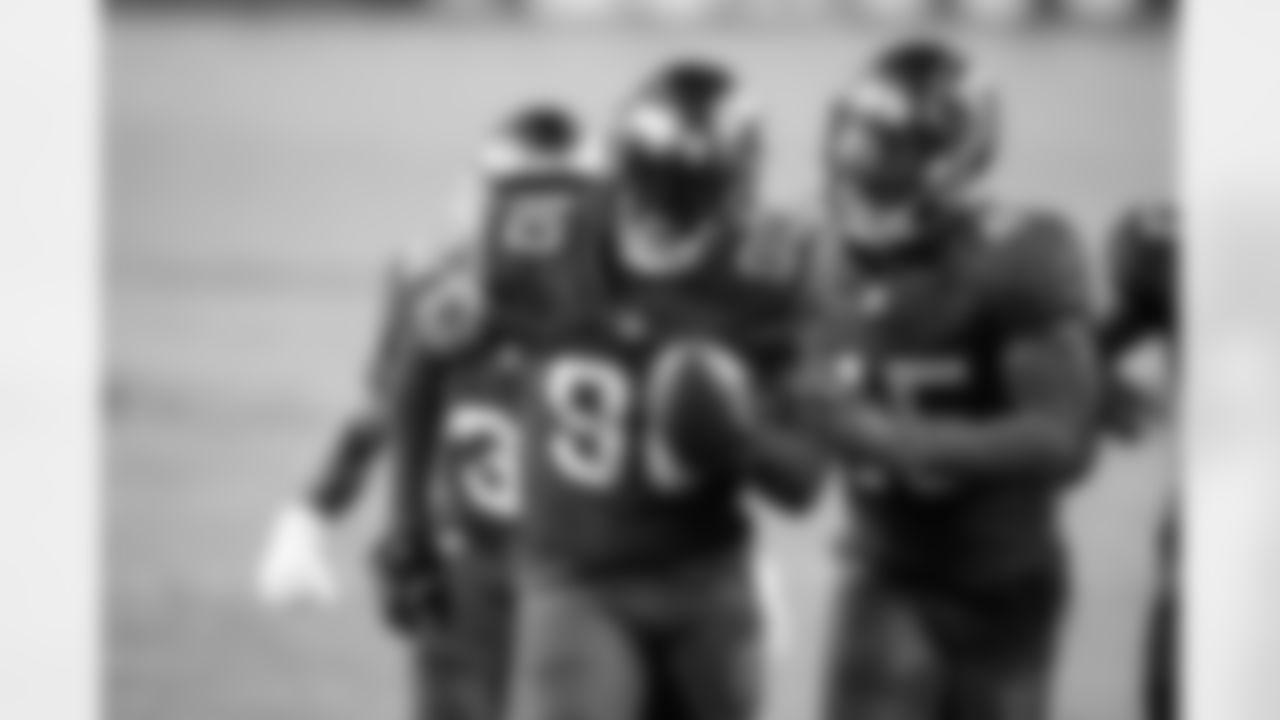
Rams vs. Bucs

Rams vs. Bucs

Rams vs. Bucs

Rams vs. Bucs

Rams vs. Bucs
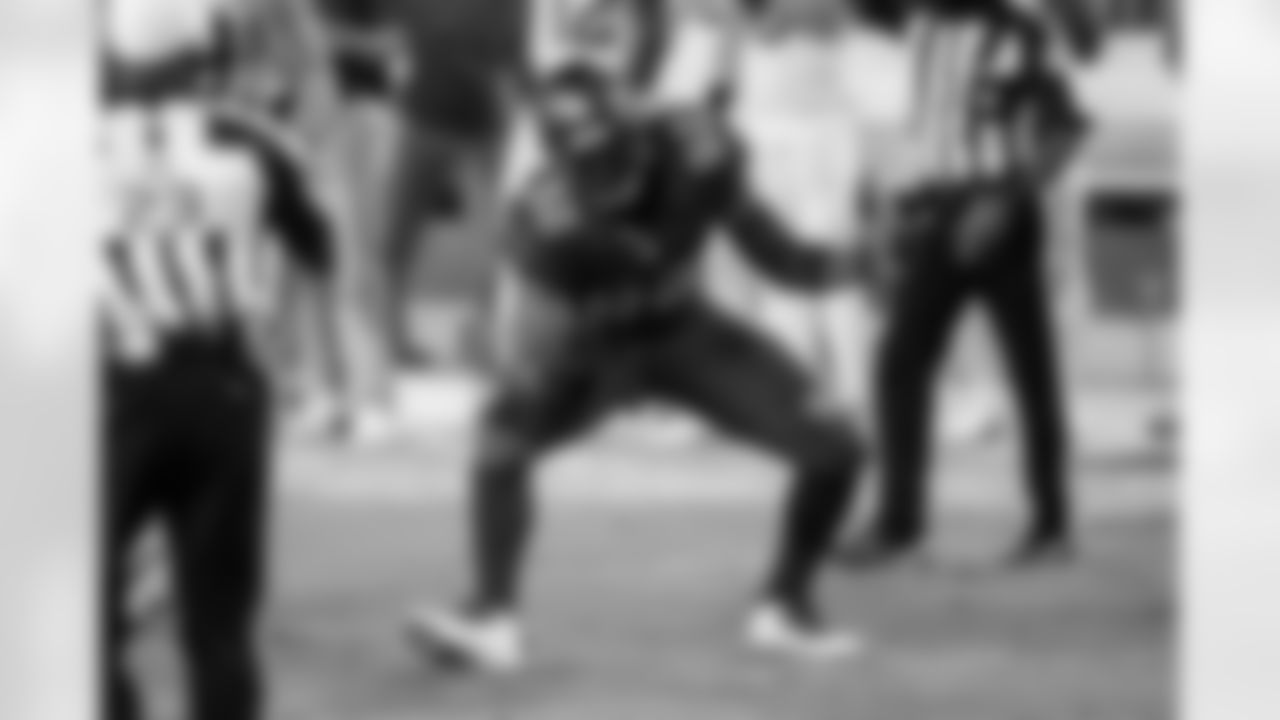
Rams vs. Bucs
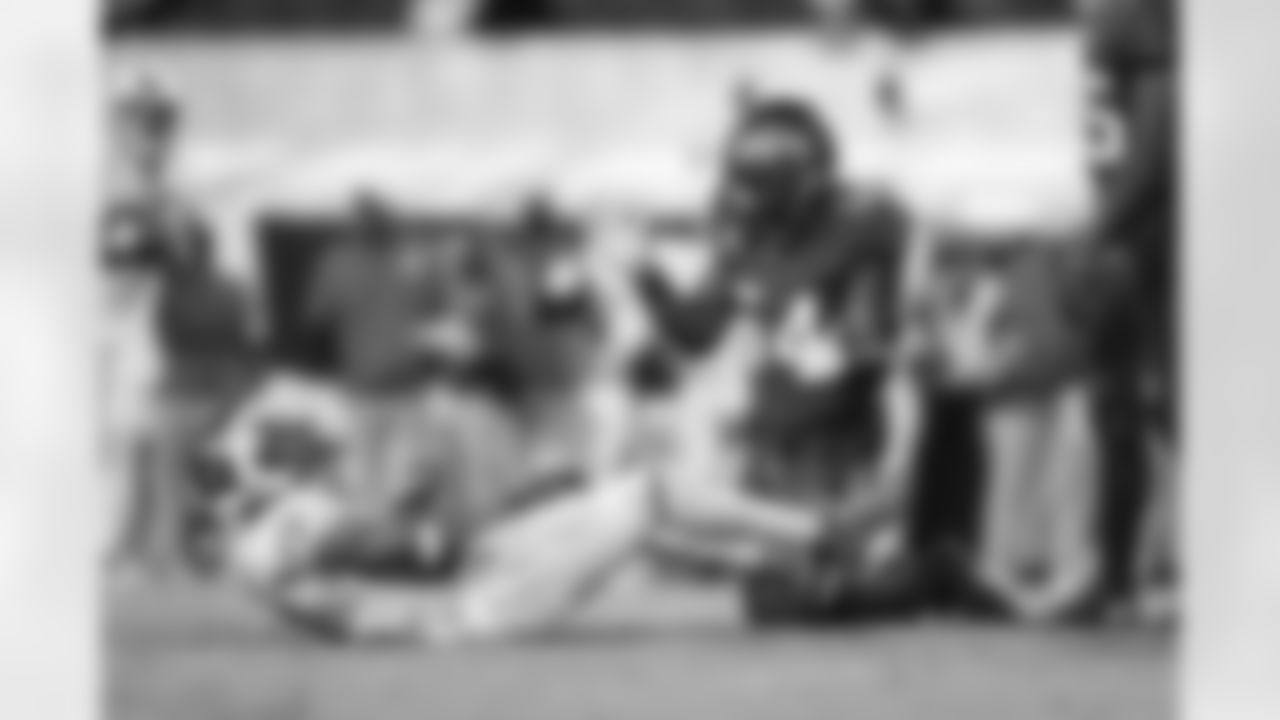
Rams vs. Bucs
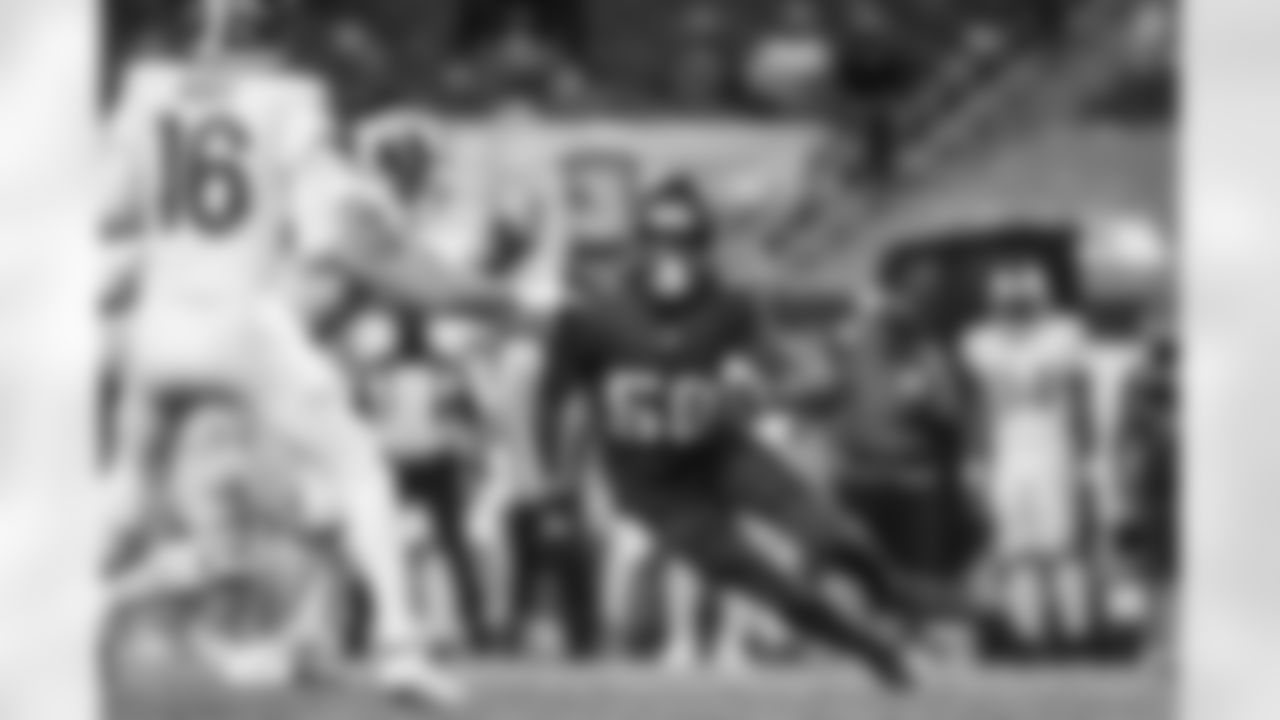
Rams vs. Bucs
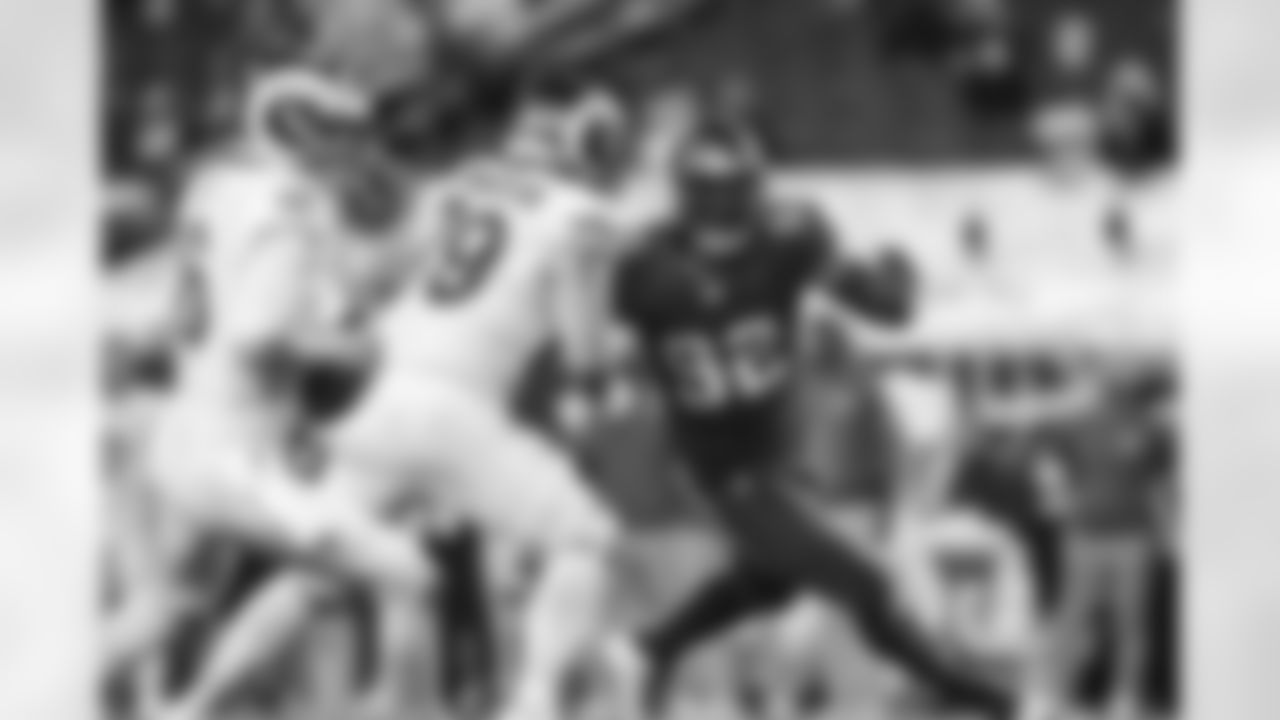
Rams vs. Bucs
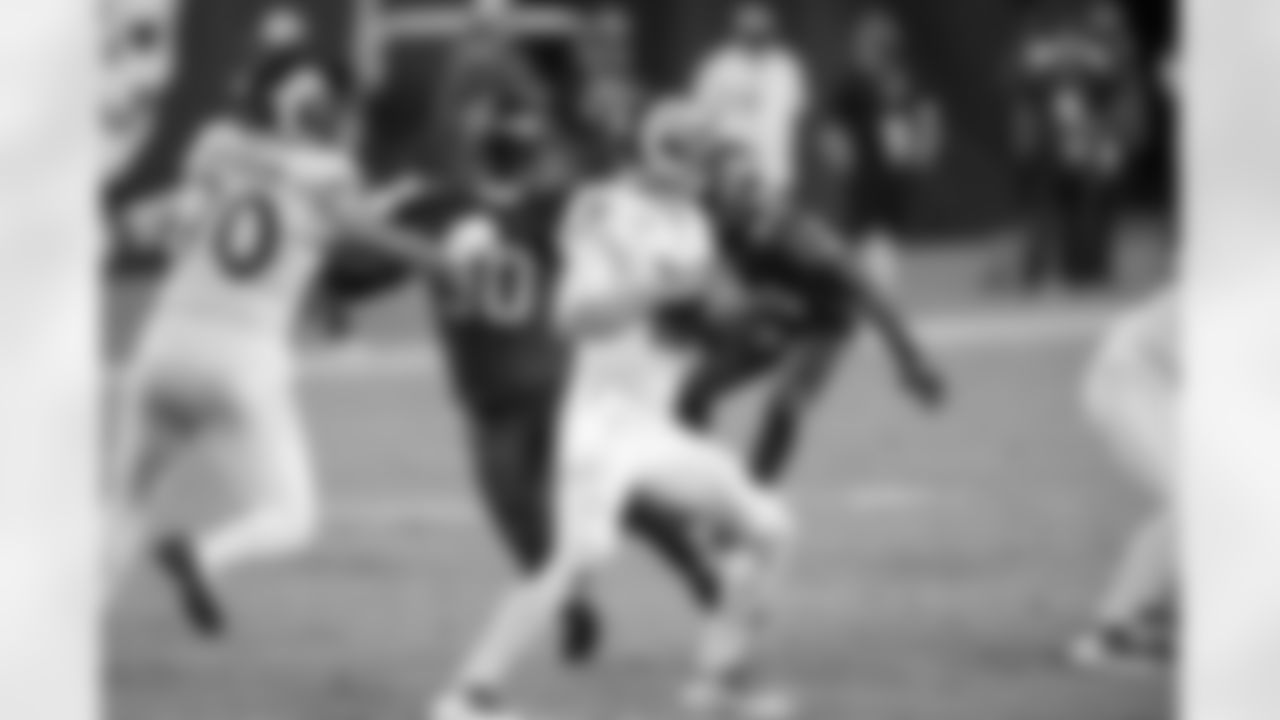
Rams vs. Bucs
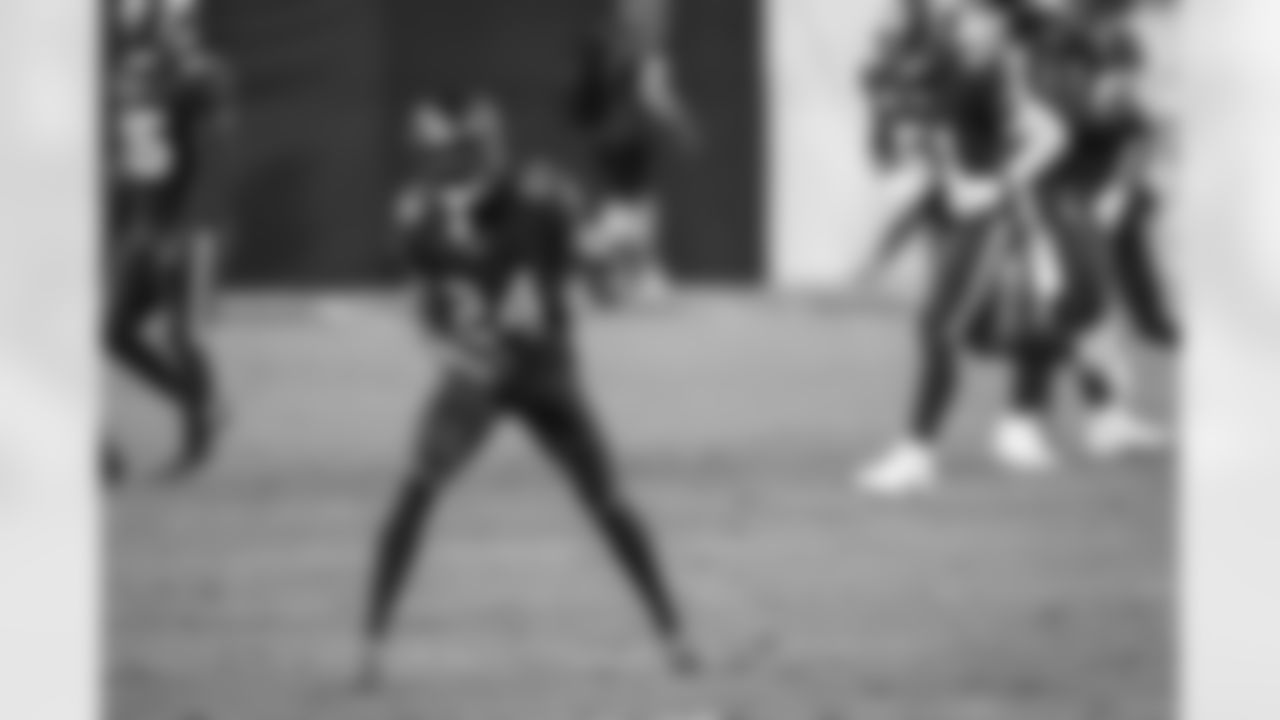
Rams vs. Bucs
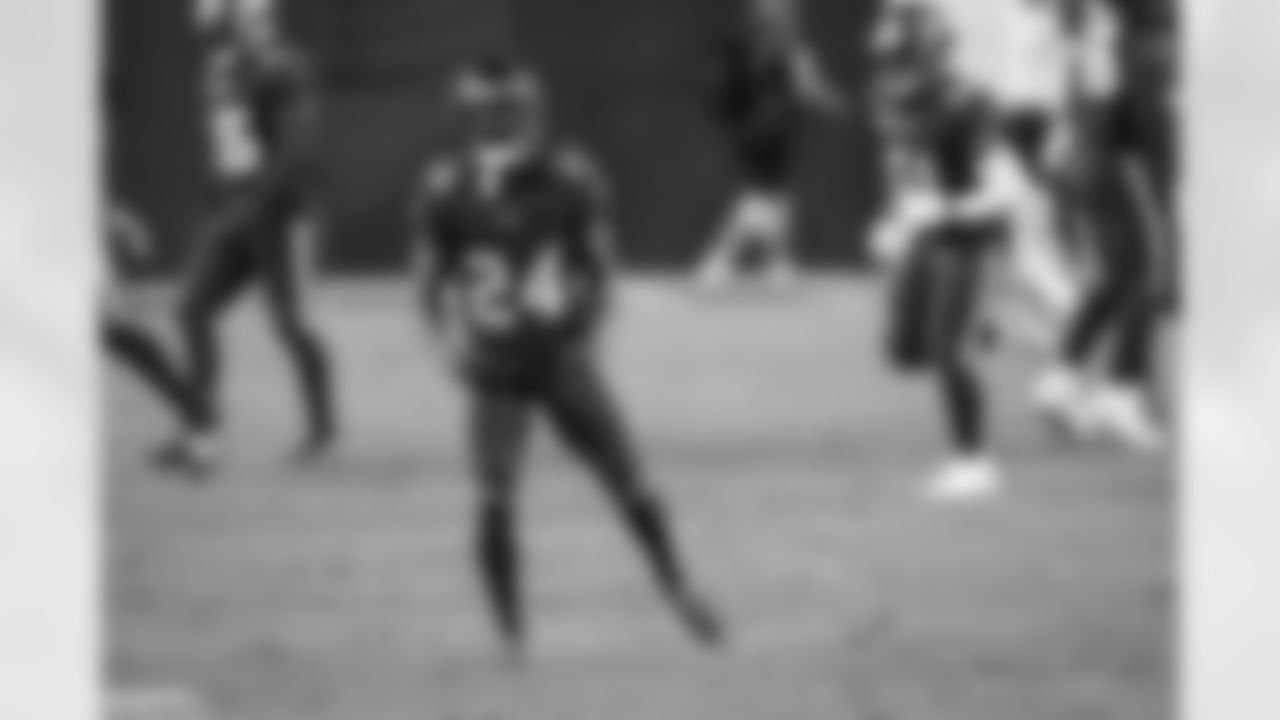
Rams vs. Bucs
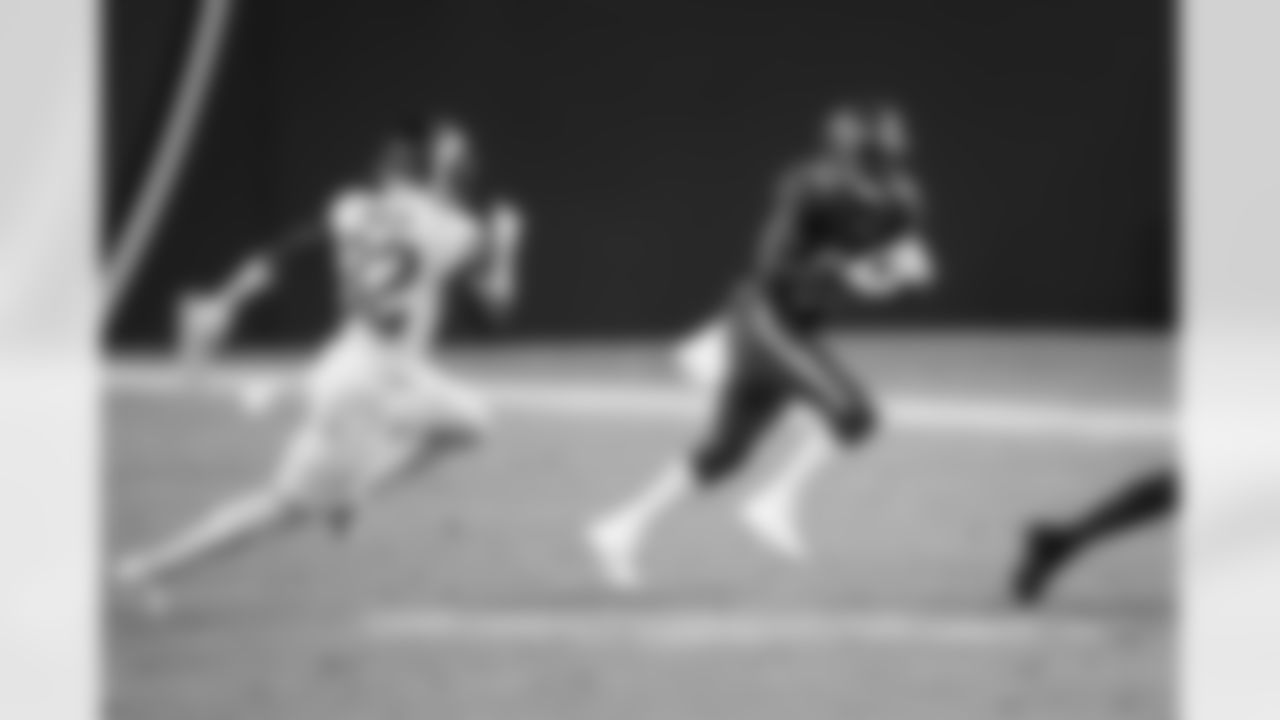
Rams vs. Bucs
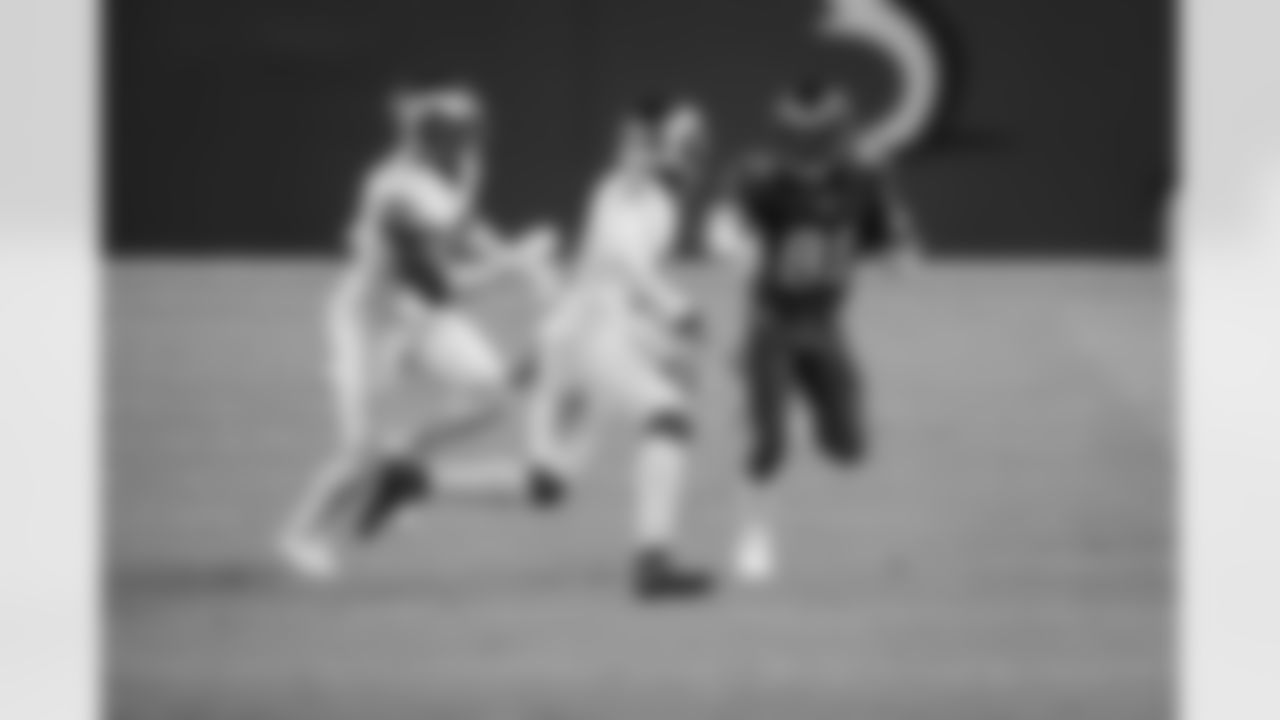
Rams vs. Bucs
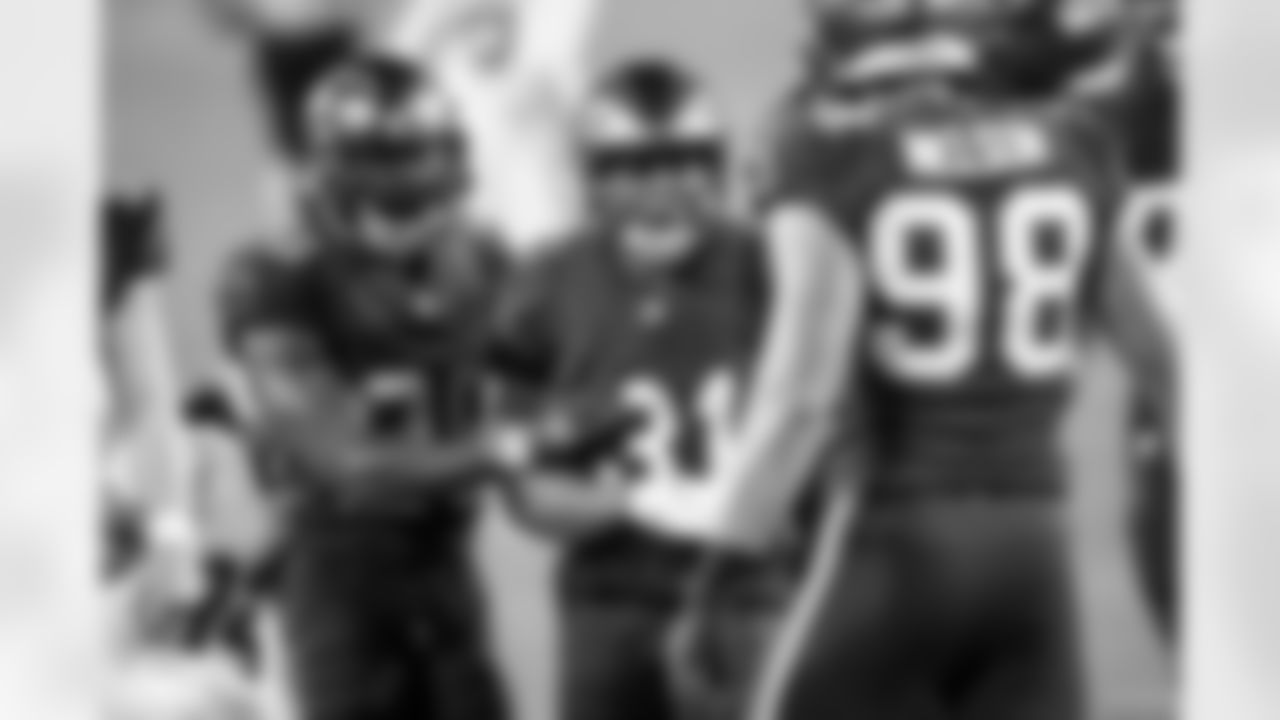
Rams vs. Bucs
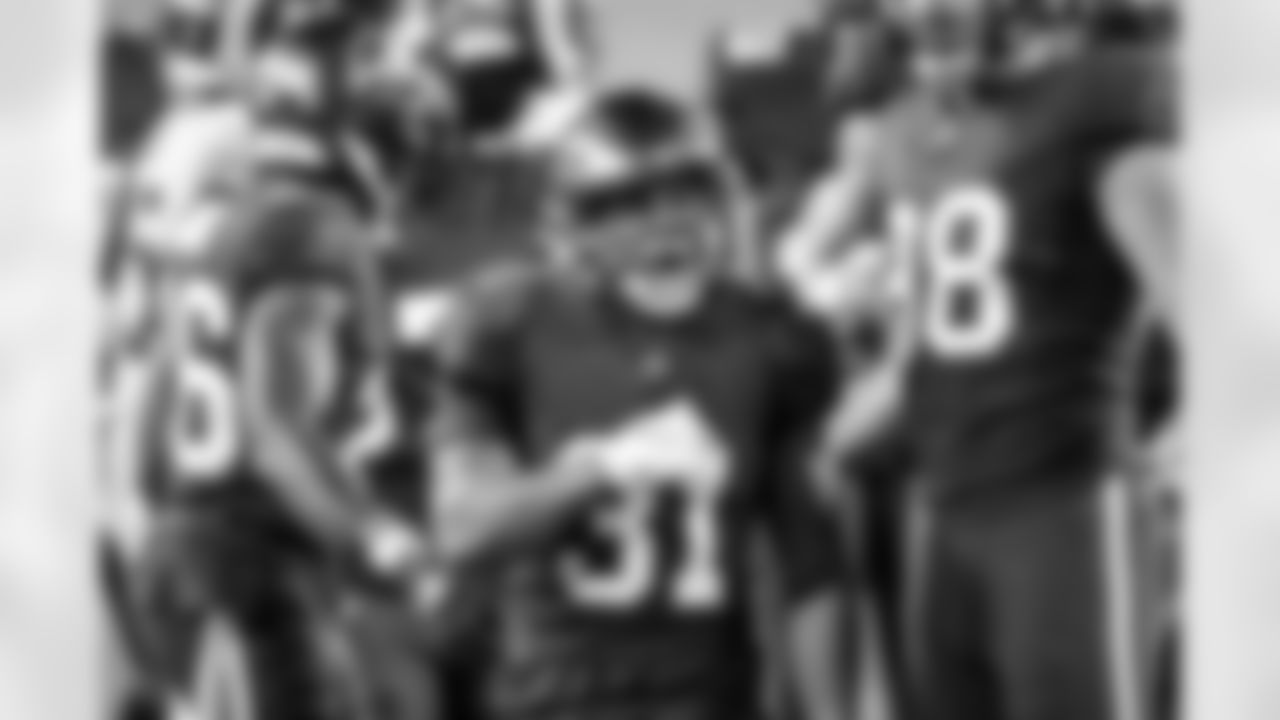
Rams vs. Bucs
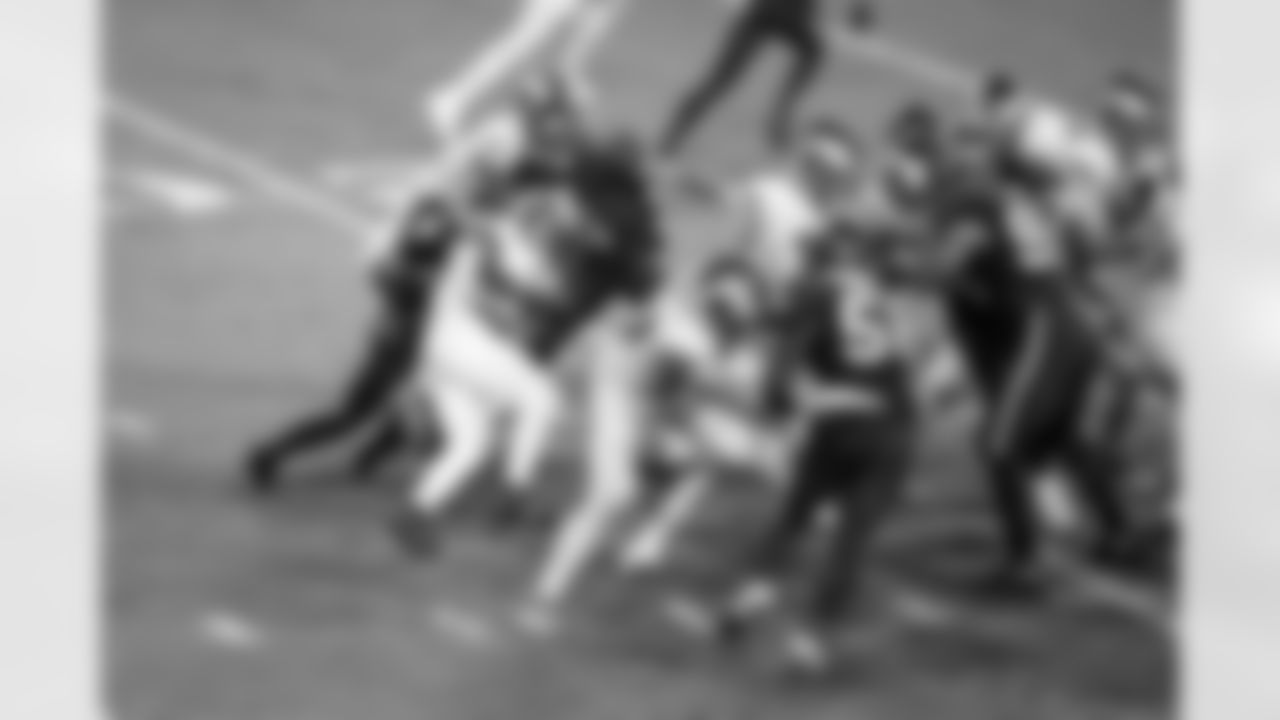
Rams vs. Bucs
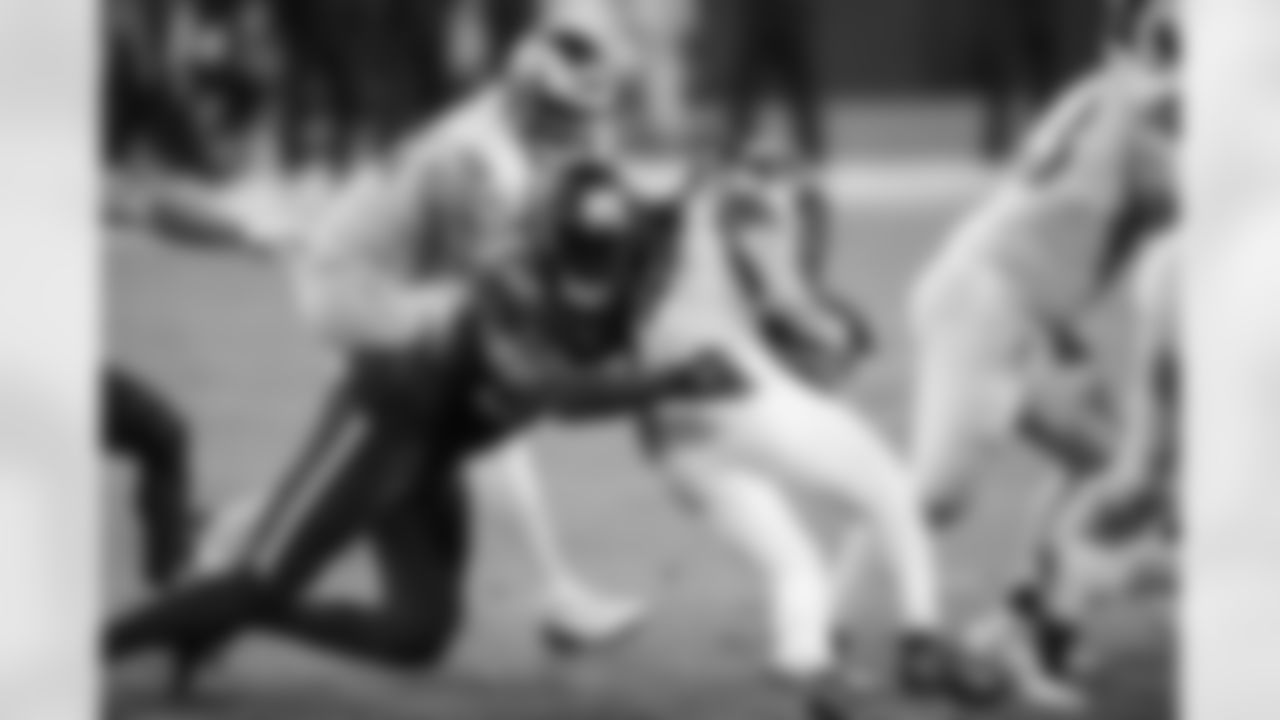
Rams vs. Bucs
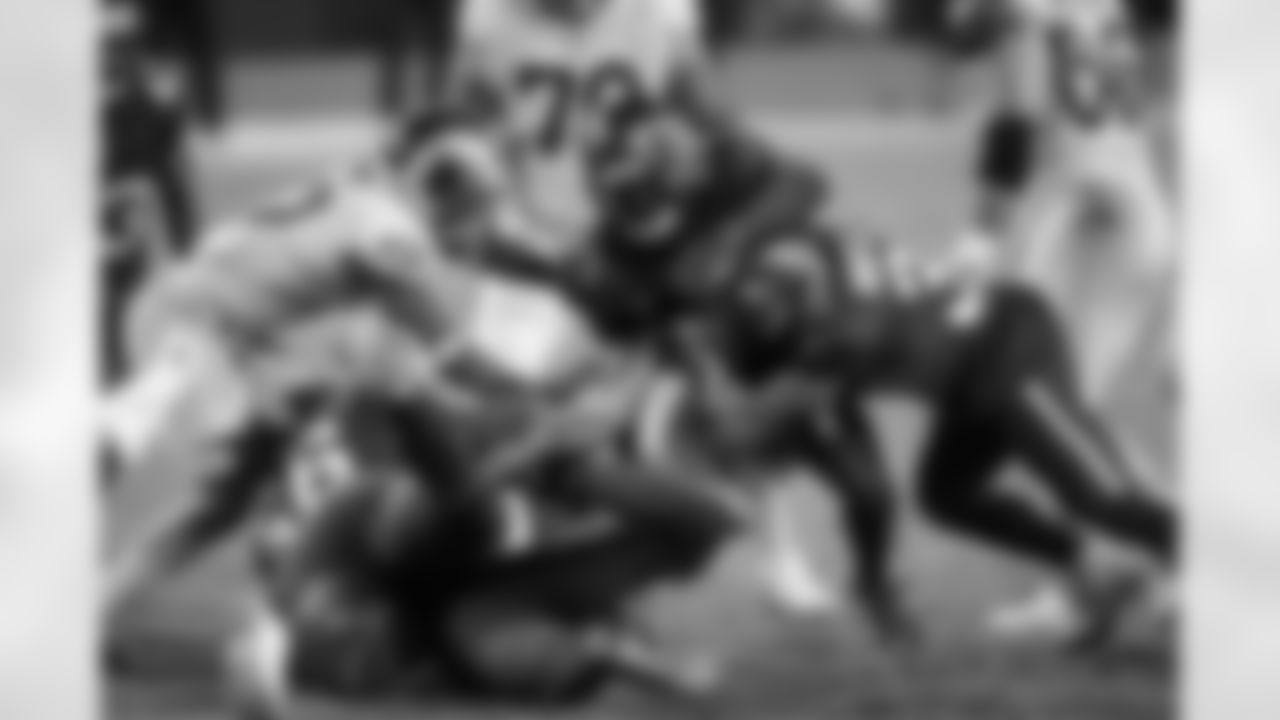
Rams vs. Bucs
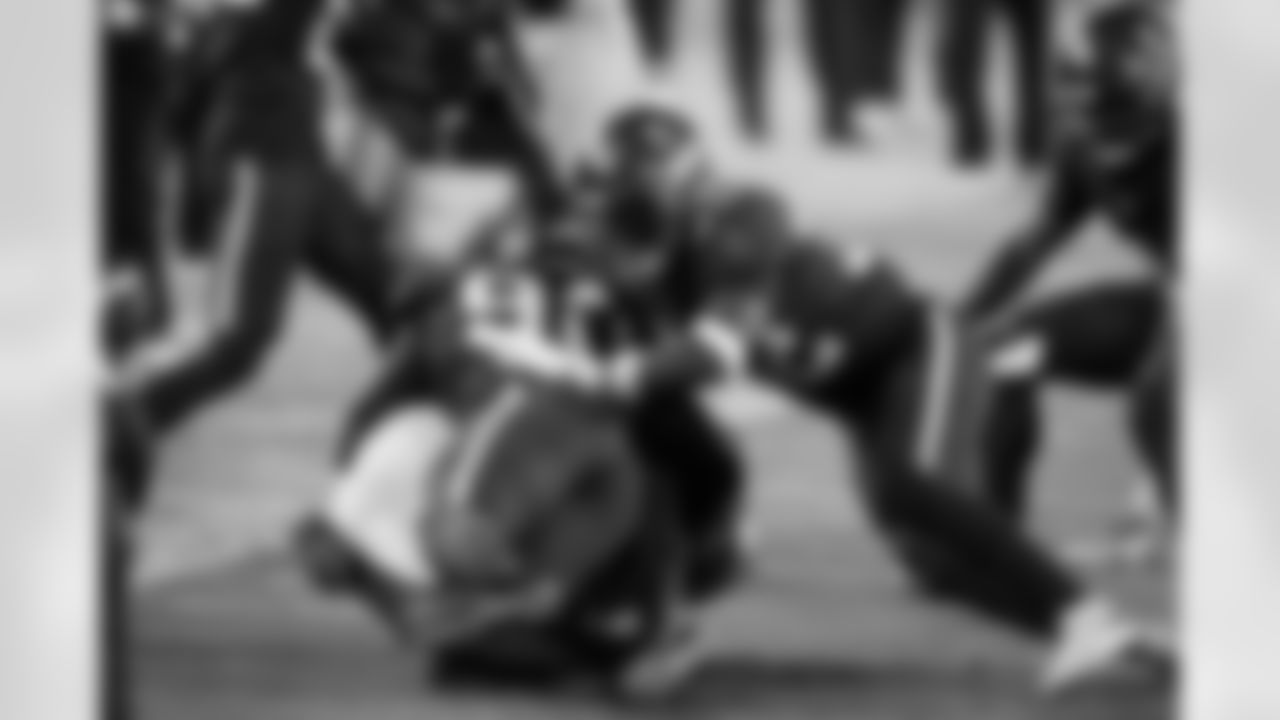
Rams vs. Bucs
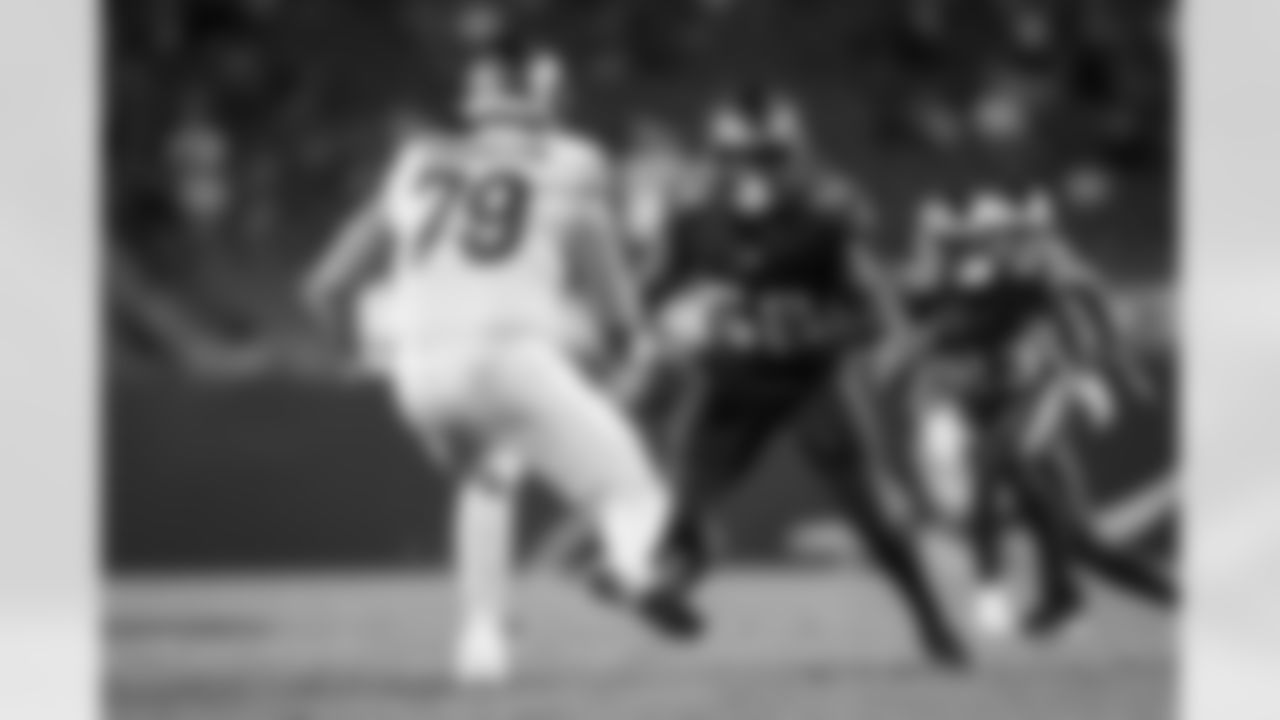
Rams vs. Bucs
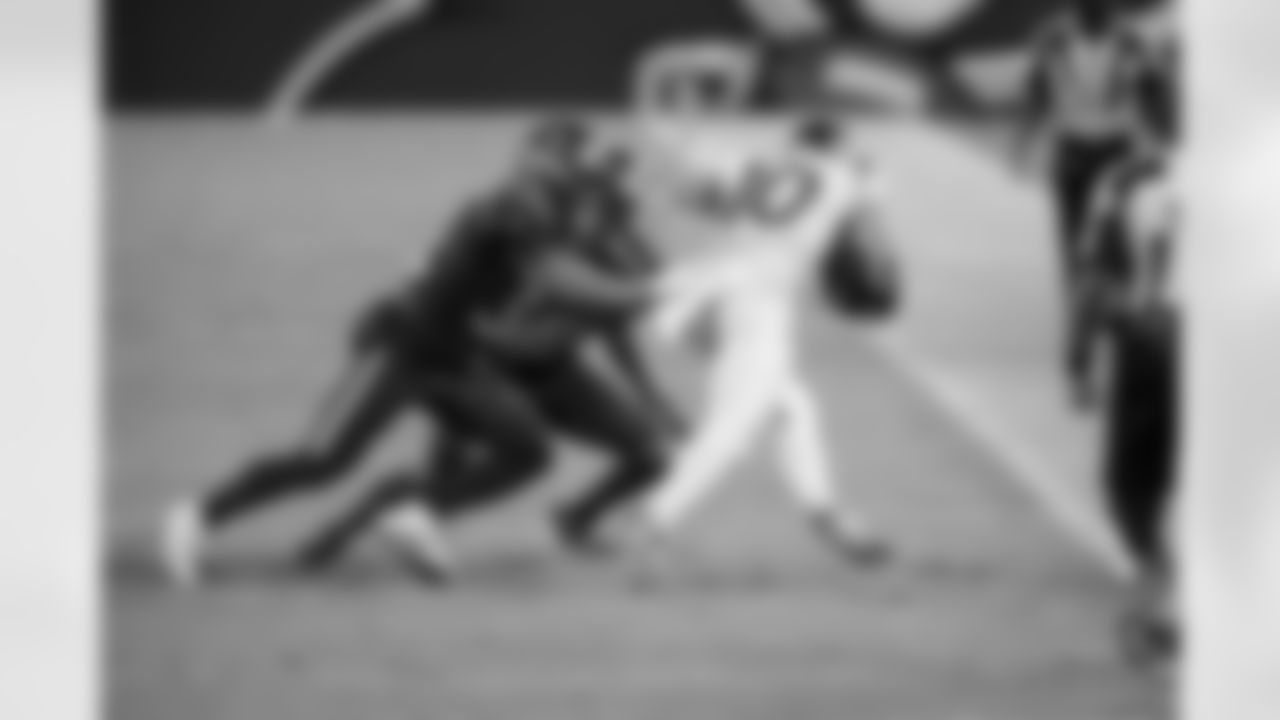
Rams vs. Bucs
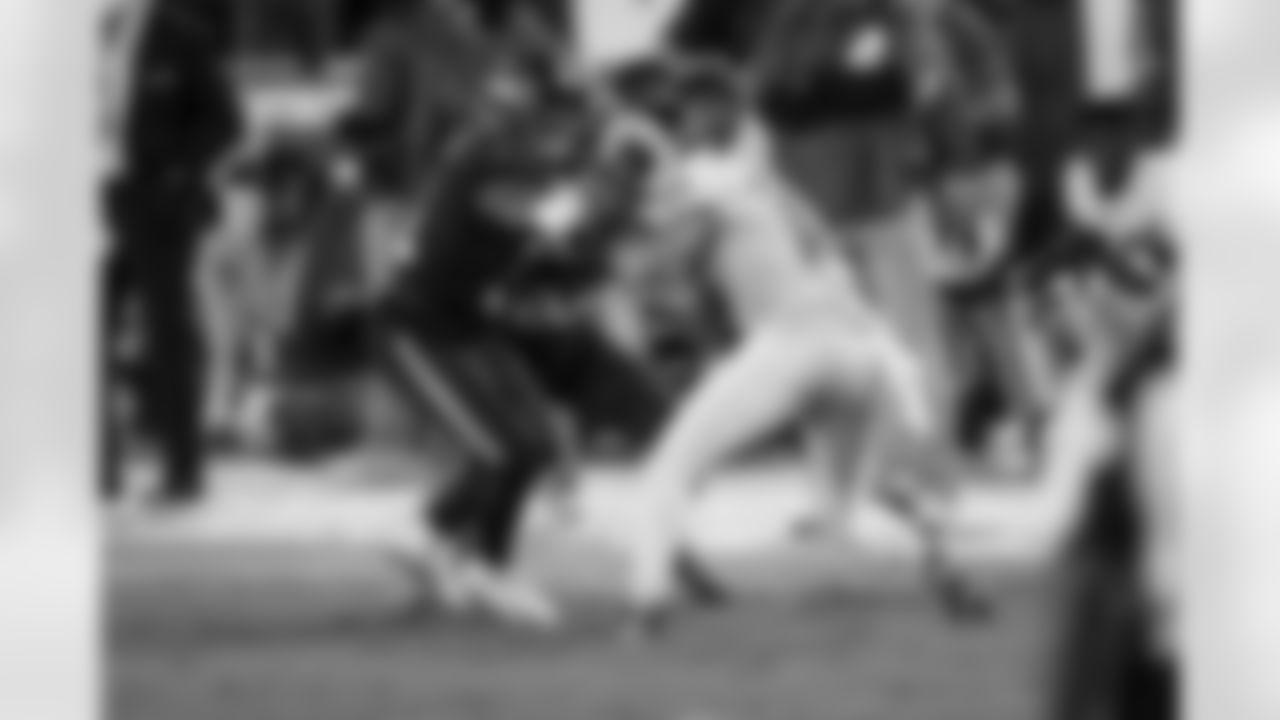
Rams vs. Bucs
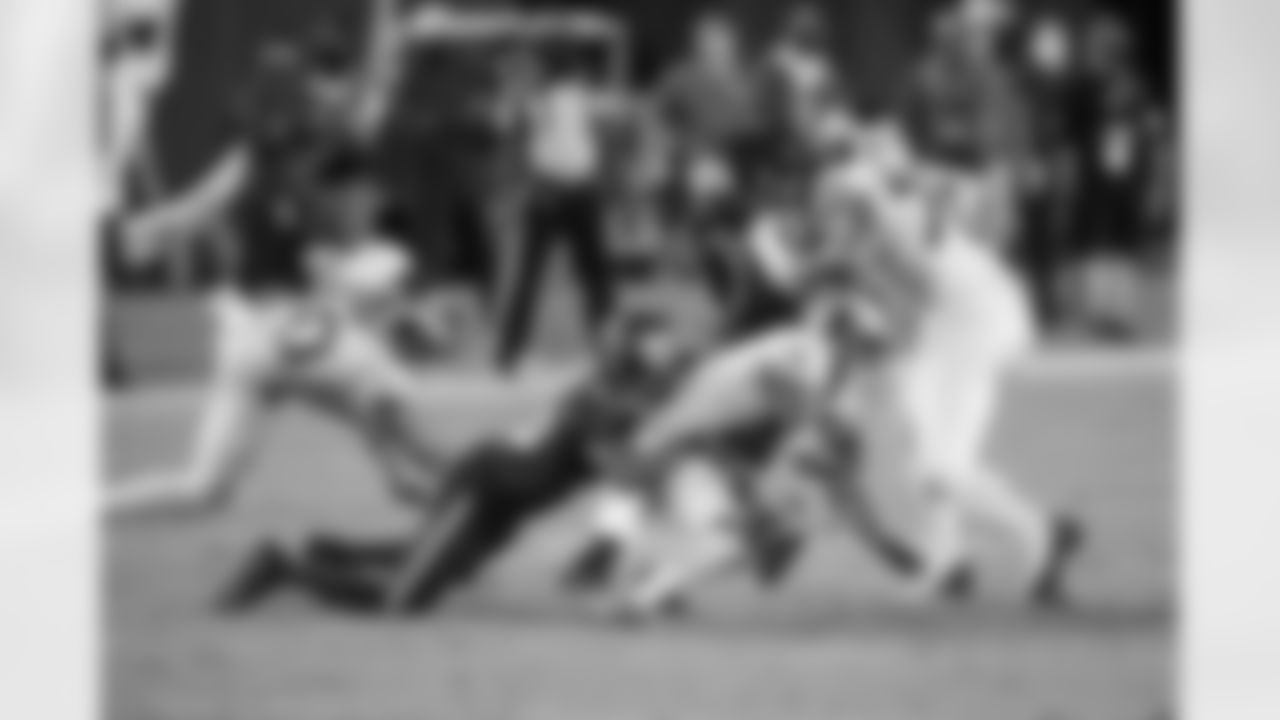
Rams vs. Bucs
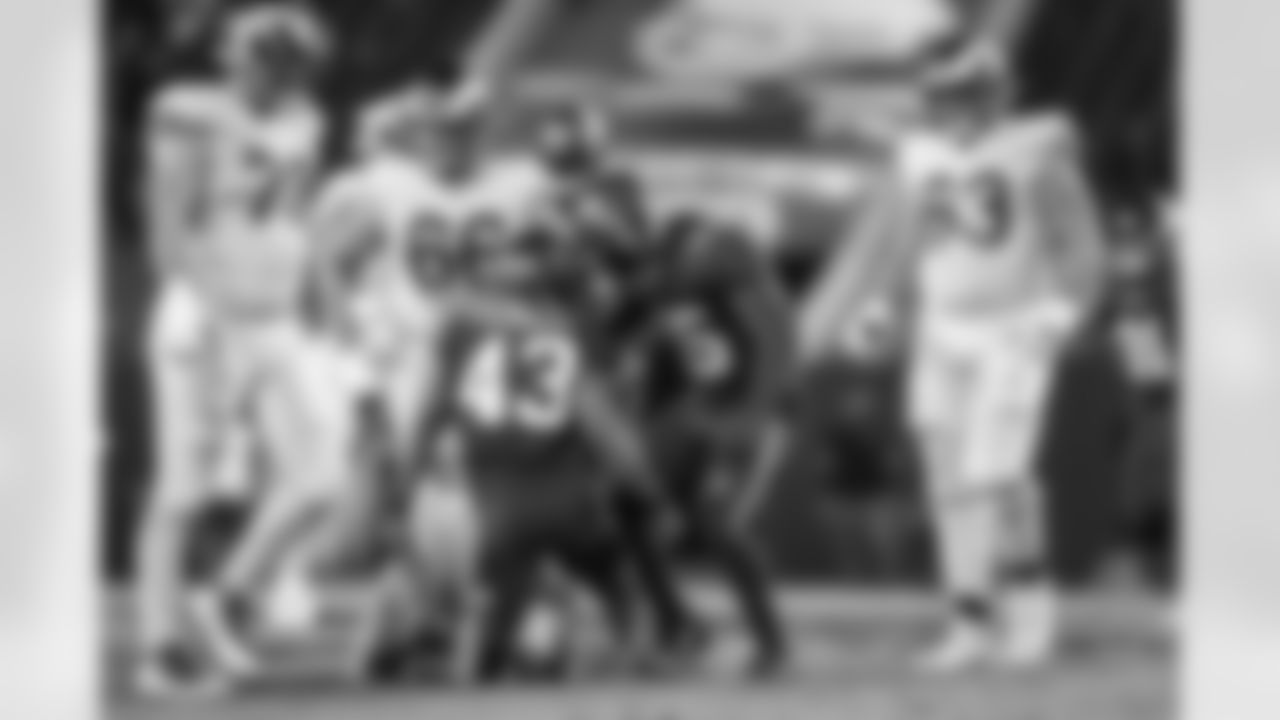
Rams vs. Bucs
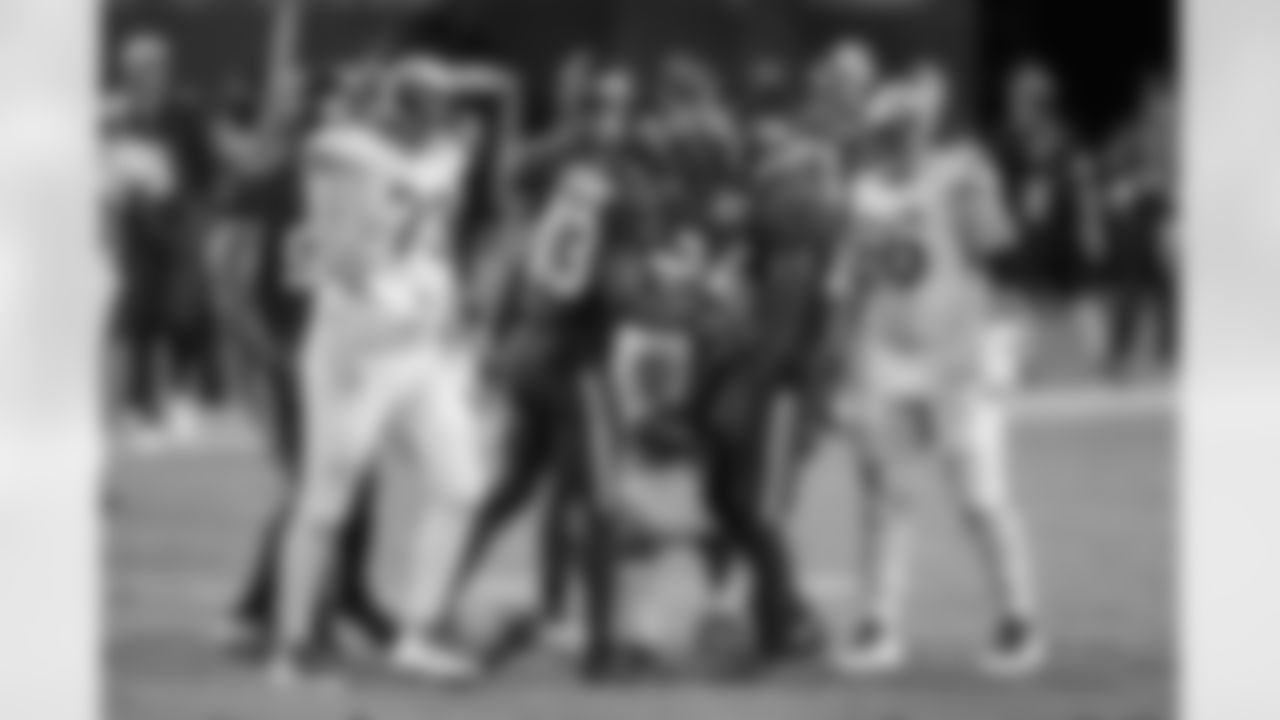
Rams vs. Bucs
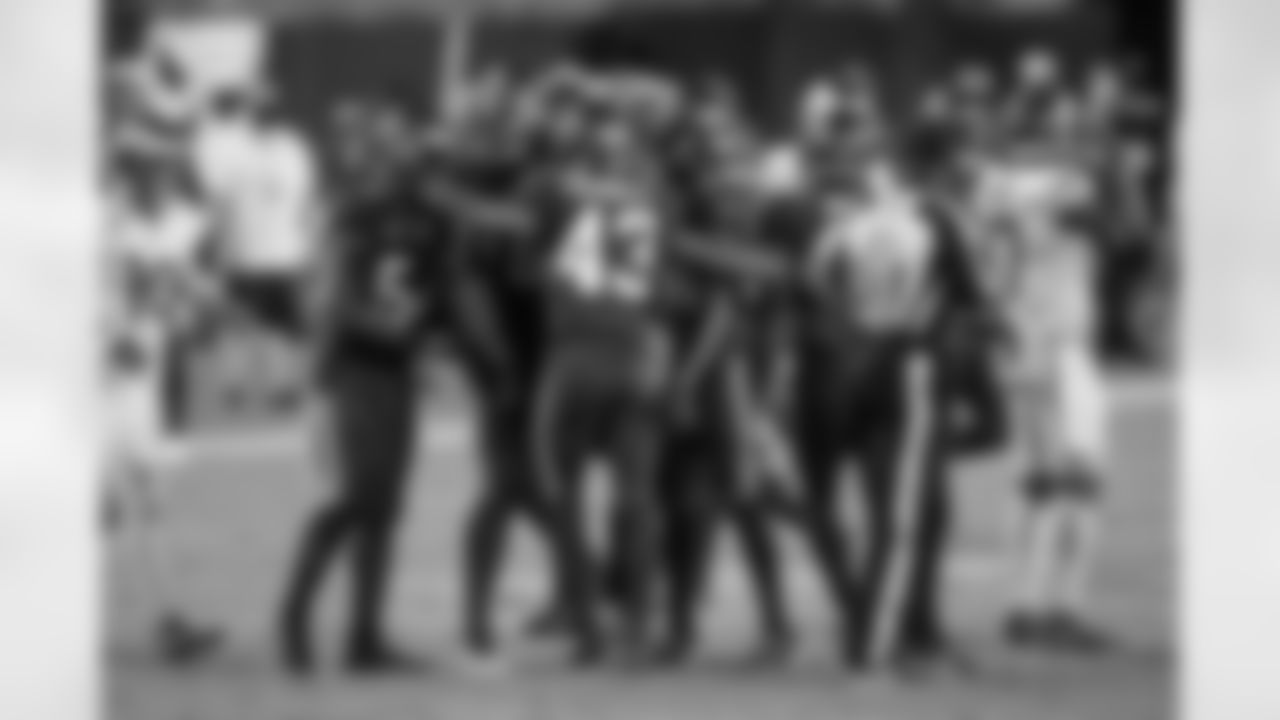
Rams vs. Bucs
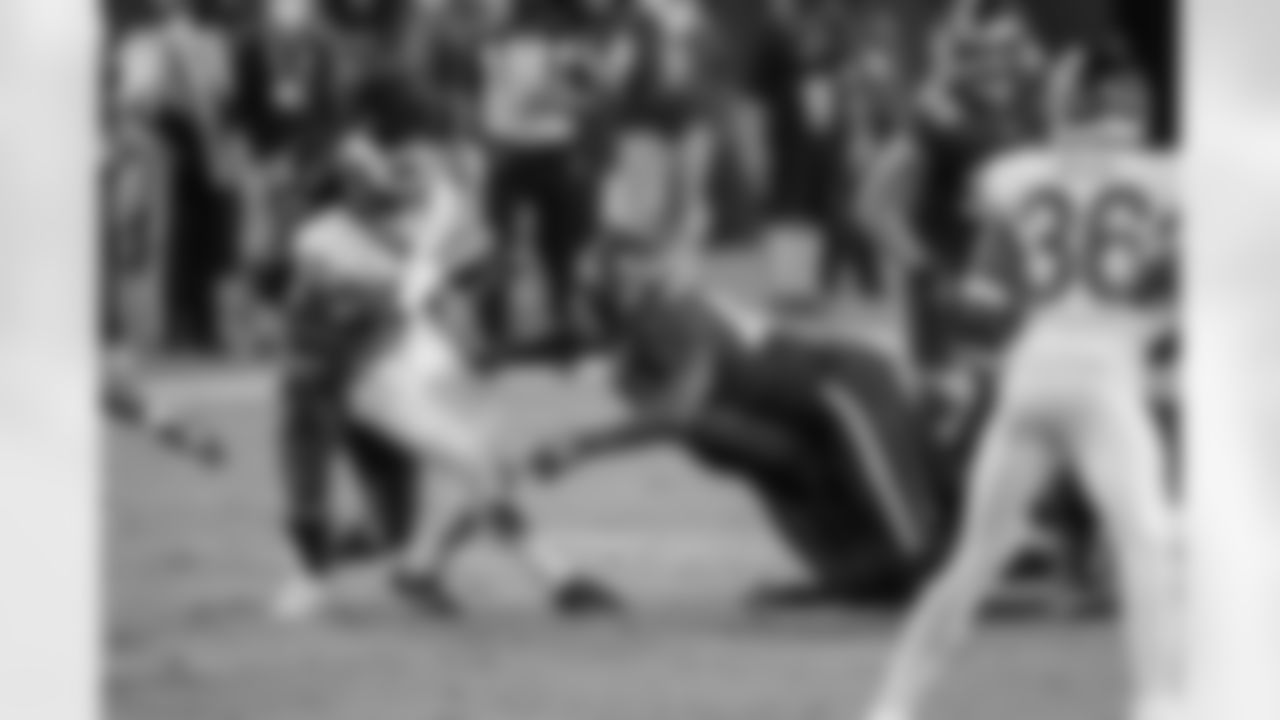
Rams vs. Bucs
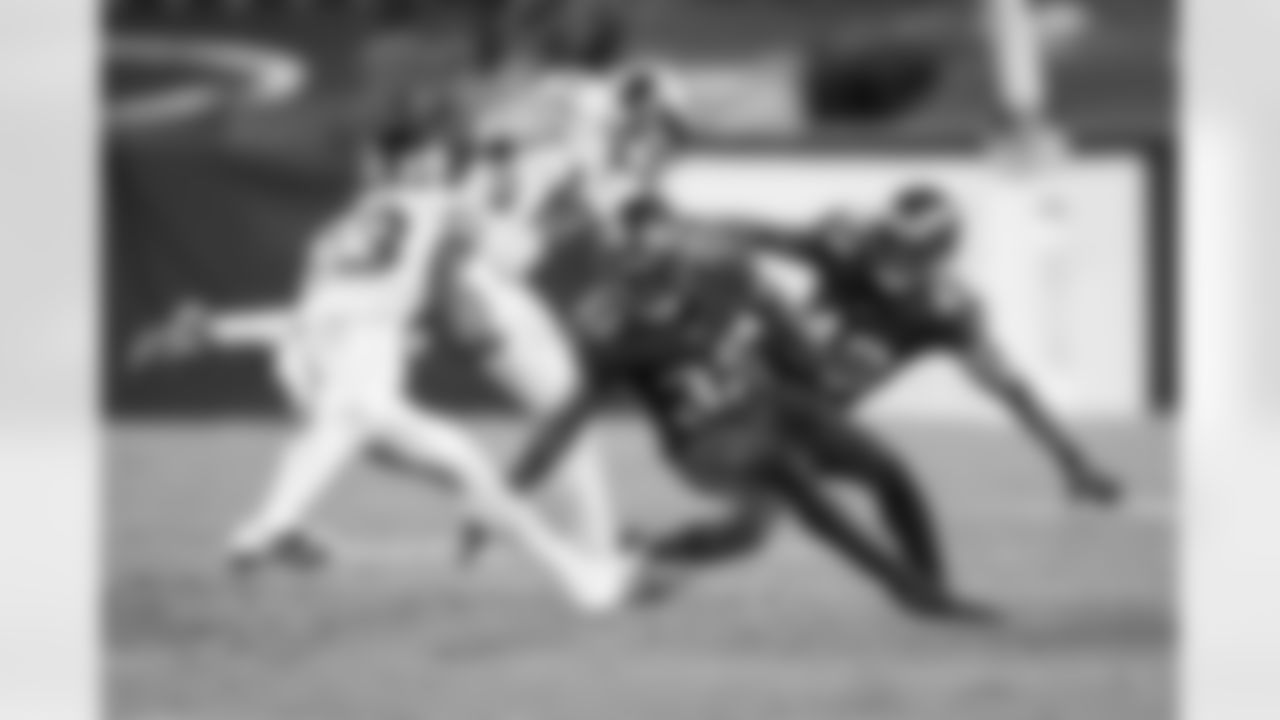
Rams vs. Bucs
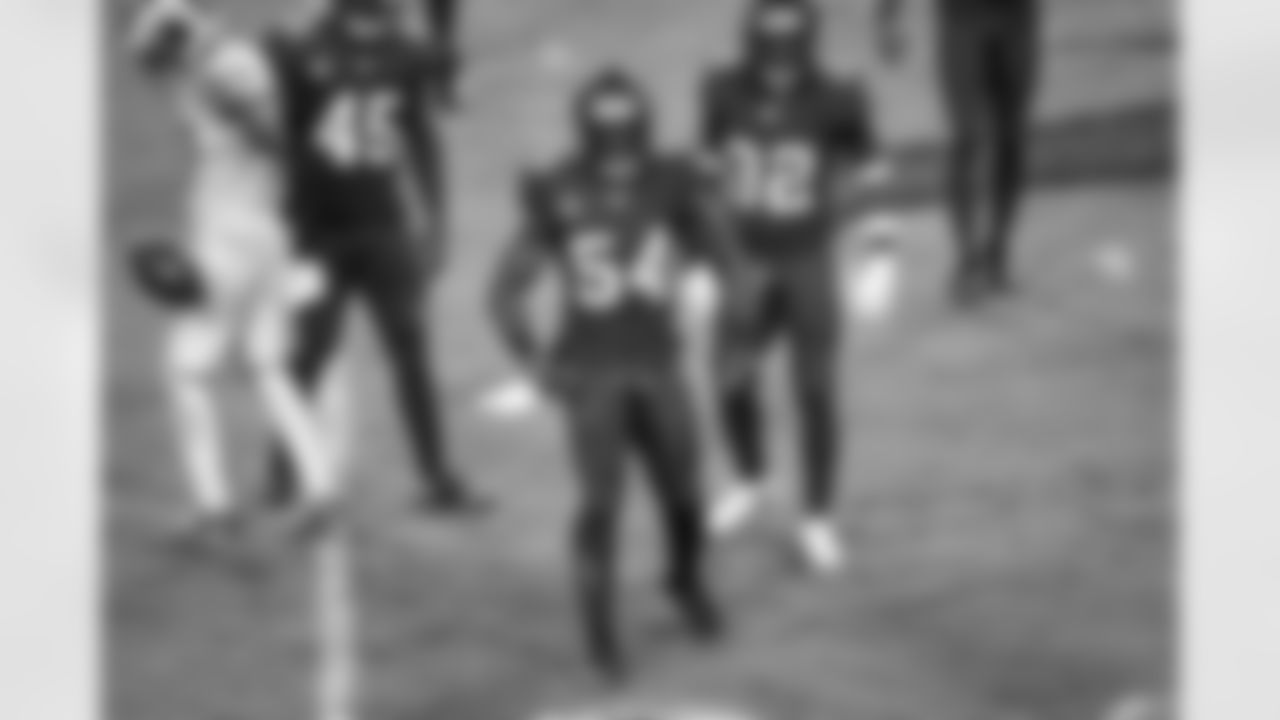
Rams vs. Bucs
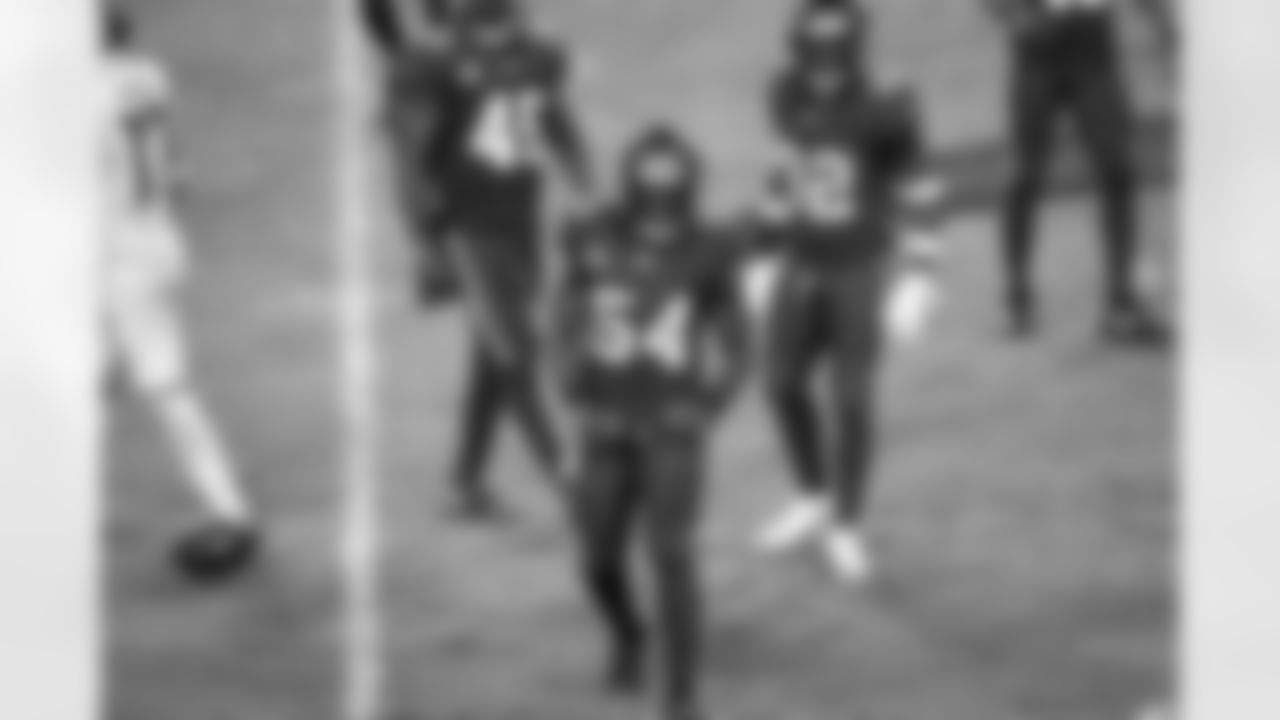
Rams vs. Bucs
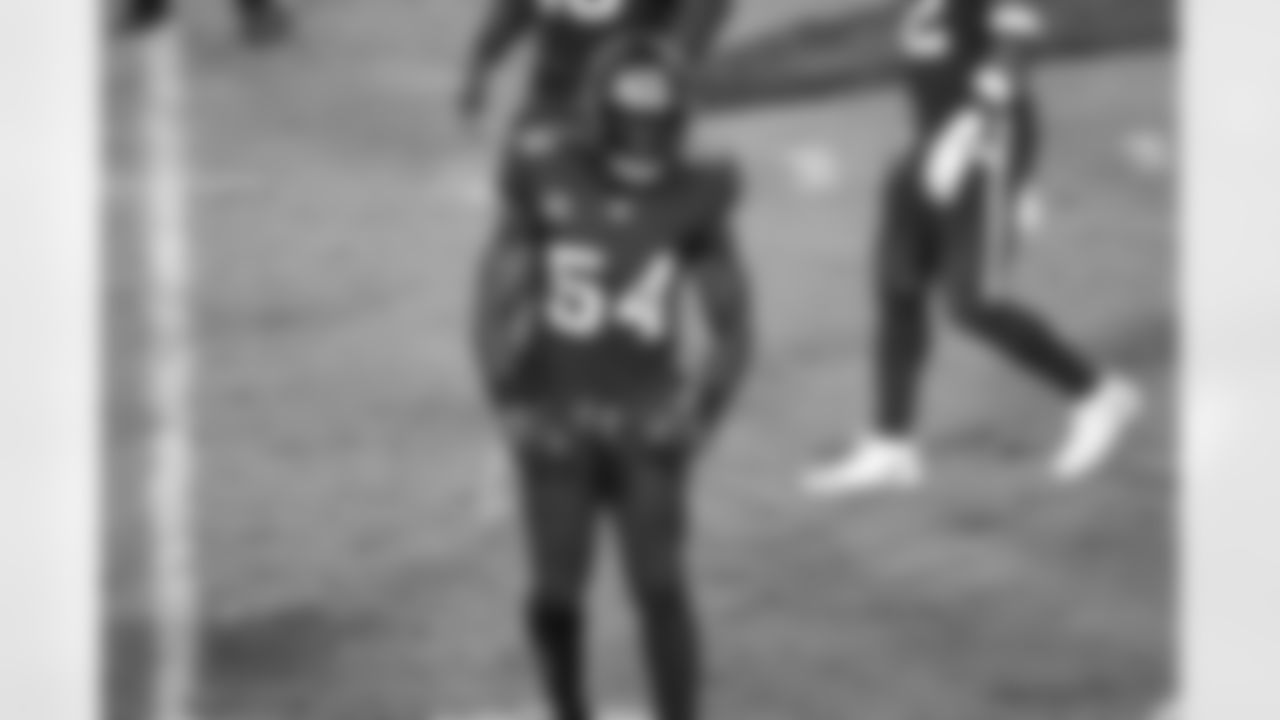
Rams vs. Bucs

Rams vs. Bucs
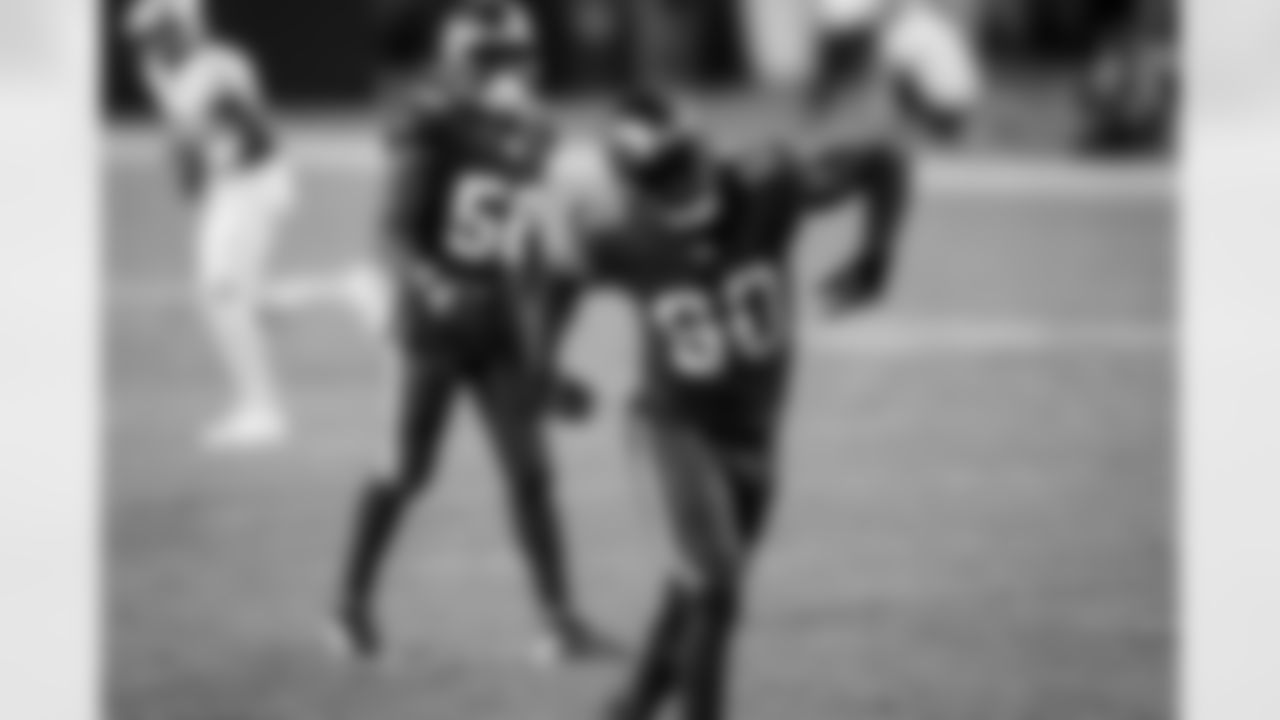
Rams vs. Bucs

Rams vs. Bucs
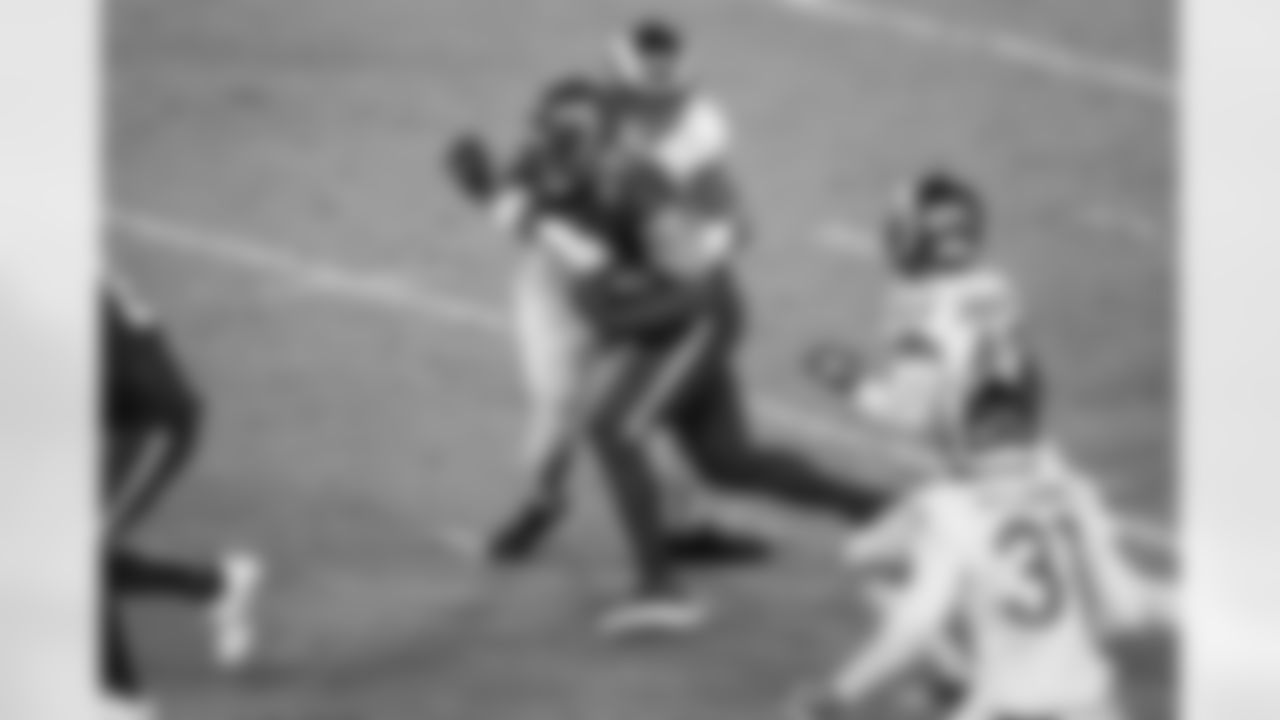
Rams vs. Bucs
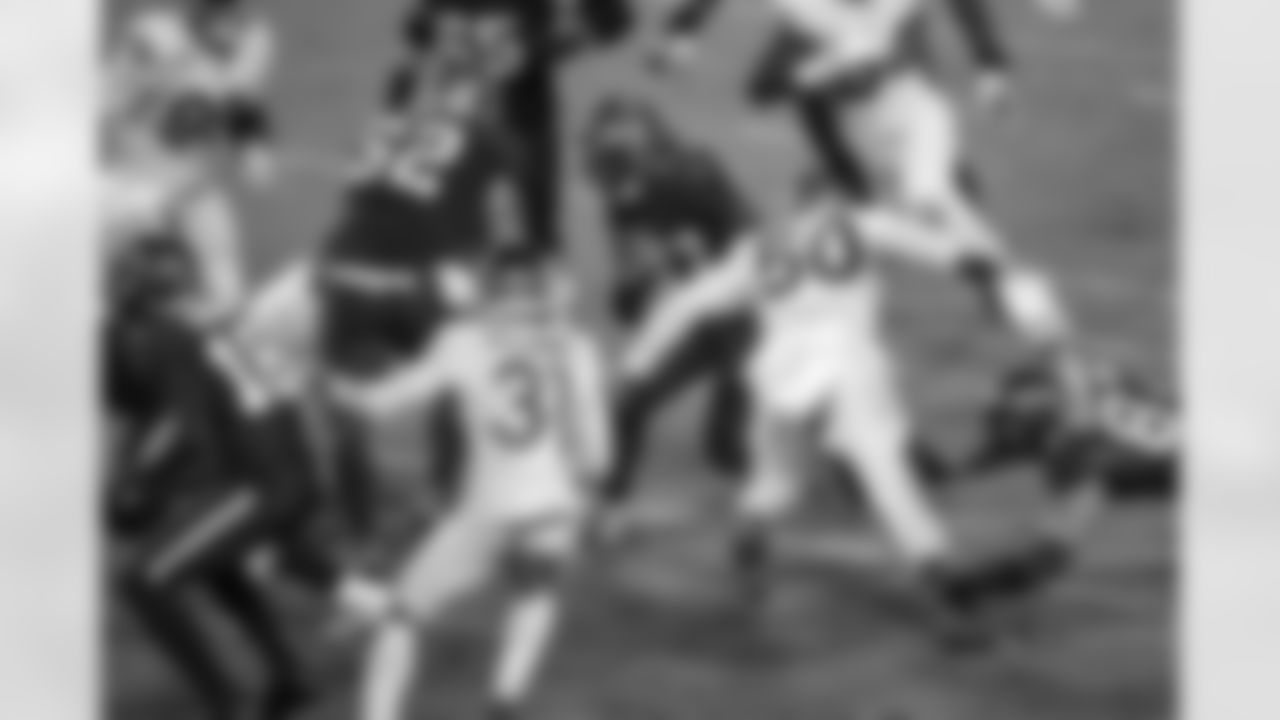
Rams vs. Bucs

Rams vs. Bucs
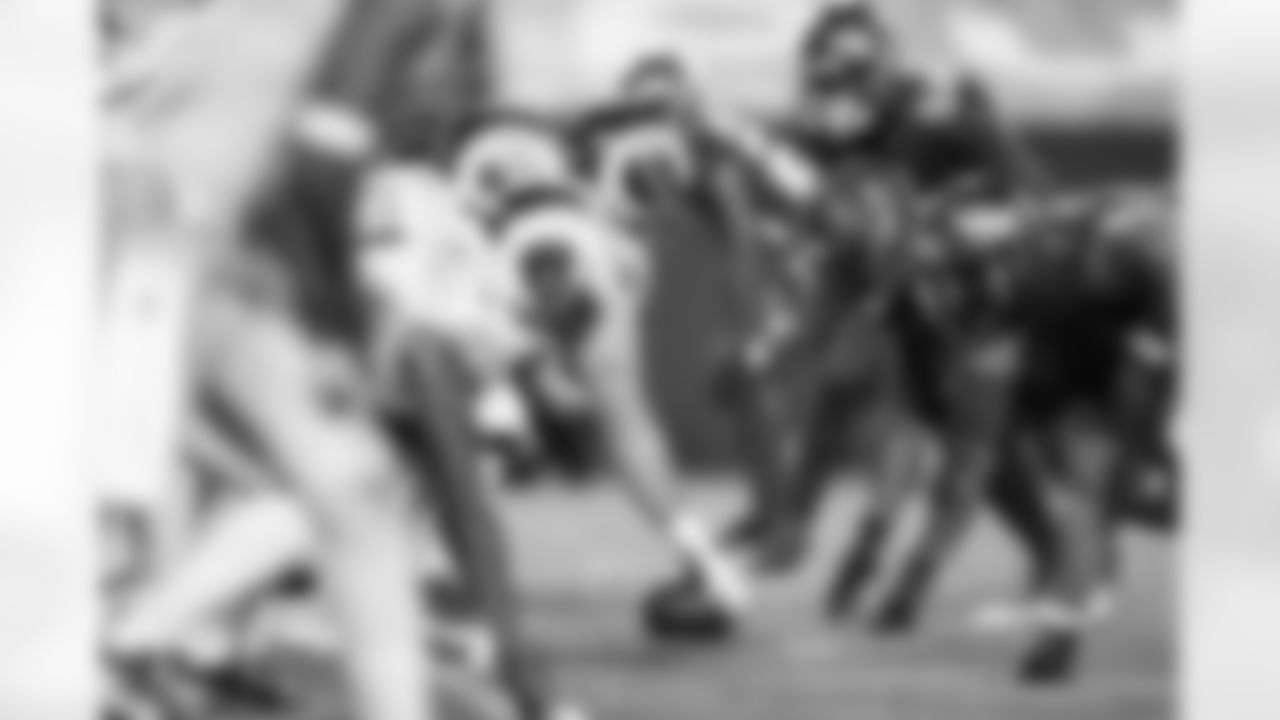
Rams vs. Bucs
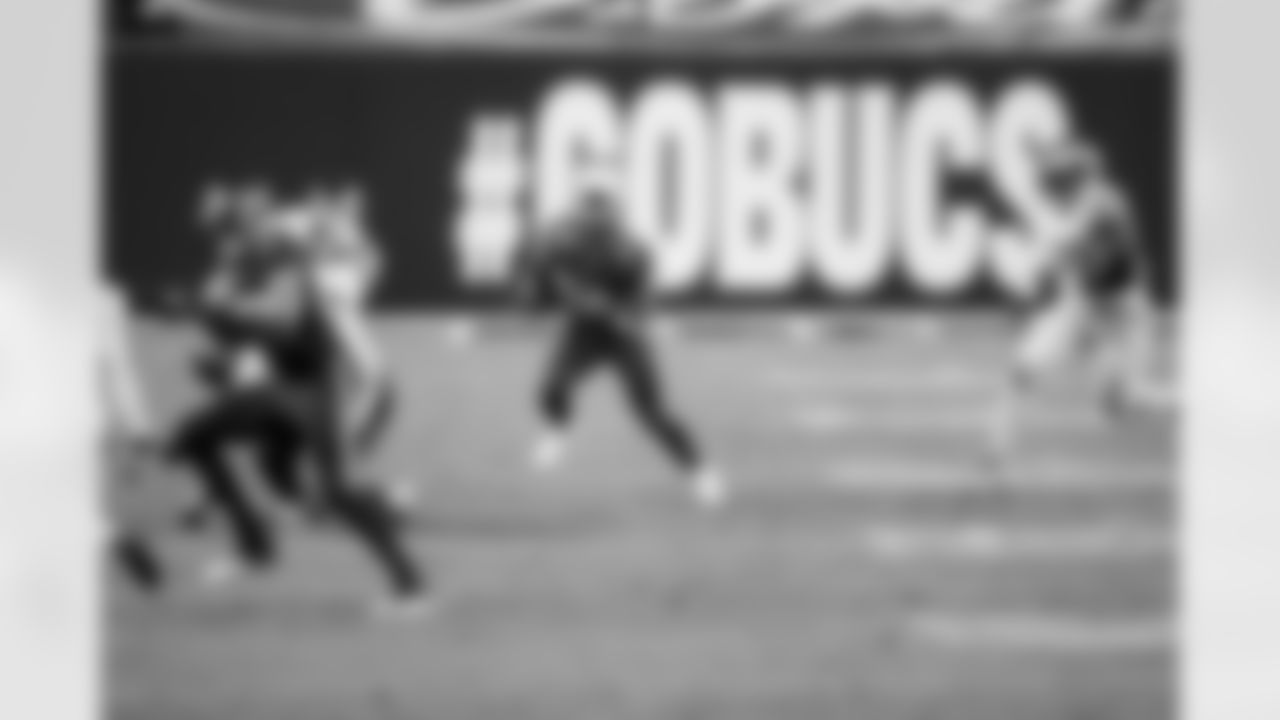
Rams vs. Bucs
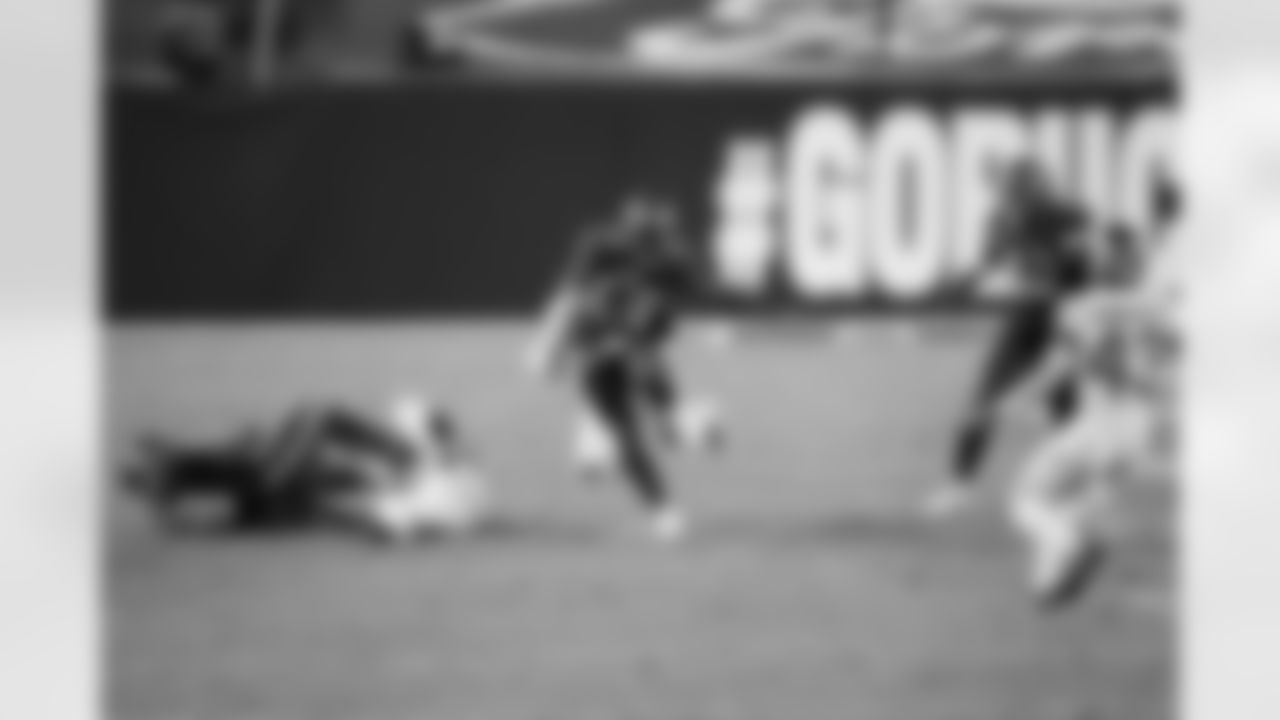
Rams vs. Bucs
2. When the offense gets down the field, there's no stopping them.
All that being said from the offense themselves, once the offense does get down the field and inside the red zone, there is virtually no stopping them. That's the key. The Bucs had a league-leading 97.5% red zone scoring percentage coming into the game and then went three-for-three from inside the 20-yard line Monday night to live up to their top ranking in that area.
Wide receiver Mike Evans has been especially good inside the red zone. The Bucs' first touchdown of the night came on a nine-yard play to Evans in which he caught the ball at the eight-yard line, only to muscle his way through multiple defenders into the end zone from there. Observe:
It was Evans' ninth touchdown of the year, which surpasses his total from last season and ties for the fourth-most by any player this season. He also became the first wide receiver in NFL history to record a touchdown in each of his first five appearances on Monday Night Football, according to ESPN.
That's pretty neat.
On the season, Evans is 12 of 18 inside the red zone. What's more is that all but one of Evans' scores have come from inside the red zone – meaning he's responsible for eight of the Bucs' now 31 red zone touchdowns (which is the most in the league). In other words, M1K3 is money from inside 20 – hey, that rhymed.
3. Inconsistency bug bites the Bucs again.
A week after putting up 46 points on offense, the Buccaneers struggled to sustain drives, especially in the second half, against the Rams. The defense got in its own way with a couple penalties that extended Los Angeles drives in the red zone (though those were the only penalties of the night for the Buccaneers). And even with those struggles, Tampa Bay kept the game close and brought it down to the wire, losing by the margin of just a field goal.
So, why the inconsistency?
"I'm still trying to figure that out," said Head Coach Bruce Arians. "At times we look really, really good and then there are times where we obviously don't. I felt very, very comfortable in the two-minute drive until that [intercepted] throw. We made some plays and obviously we didn't make enough in this ballgame – offense, defense or special teams – to win."
One thing that has consistently plagued the Bucs' offense has been third down situations, specifically, third-and-long situations. Any team put into those predicaments isn't going to come out with good results. That was one of the main differences between the first and second half, according to Arians.
"I think in this one – second half, especially – we got ourselves out of manageable third downs," said Arians. "[In the] first half we were able to stay in good, manageable down-and-distances and completed a lot of third-down balls to keep the chains moving. In the second half, we did not. When we took shots, we missed them. I think they did a good job of staying in manageable third downs or we got them off the field – we didn't. I think two things – we got a big turnover [and] kicked a field goal, [but] they got a turnover and scored a touchdown. Big, big plays. The play before the half on the screen – those three points. In those type of games, those are the type of plays that are going to beat you."
And give credit to a good team where it's due. The Rams had the second-ranked defense in the NFL coming into this game and were allowing second-fewest points. Even with the Bucs' offensive line doing a great job at keeping a guy like Aaron Donald, who didn't have a recorded stat in the game, at bay, there was still enough pressure that didn't allow for plays that would have gotten them out of third-and-long situations to develop.
"Obviously, with the Rams it starts with their front four, really their front five," said tight end Cam Brate. "I thought we did a pretty good job slowing them down, but they were able to get some pressure. Those guys are going to be able to find a way to get some pressure and seemed like we were just not putting ourselves in adventitious positions. We were taking those shots. It was third and long a lot of the time. It's kind of been what teams have been doing to us is playing a little softer coverage, trying to not give up the deep plays because we have so many guys who can take the top off the defense. [We're] just going to have to figure out how to sustain more drives and move the ball a little bit more efficiently."


































